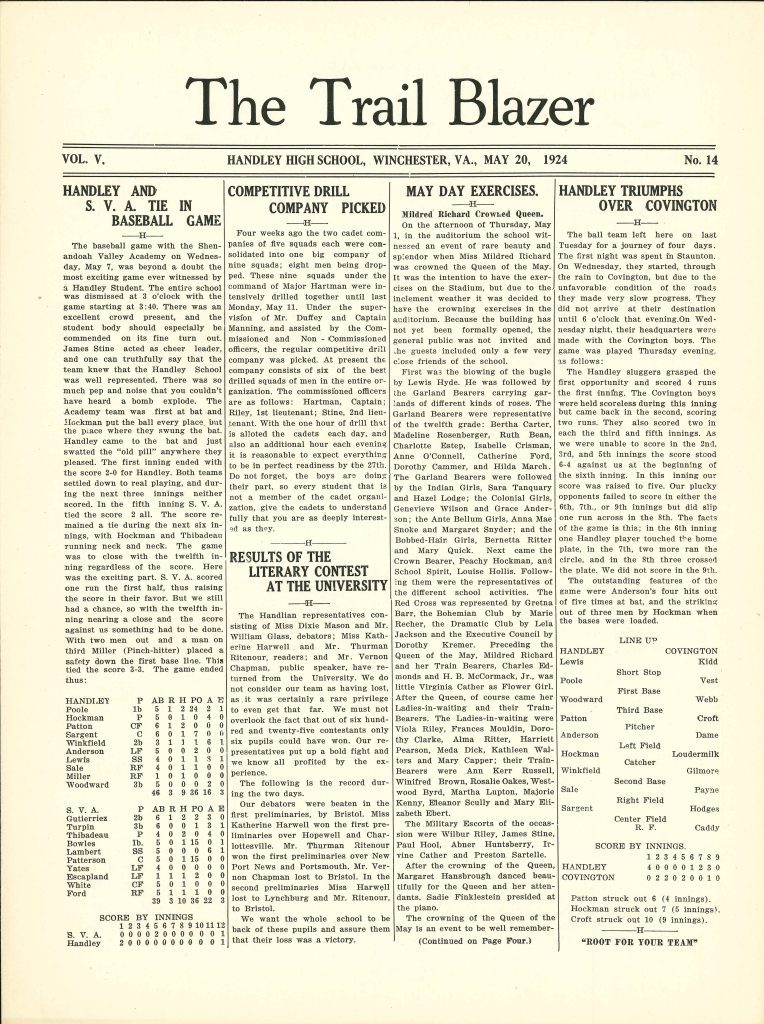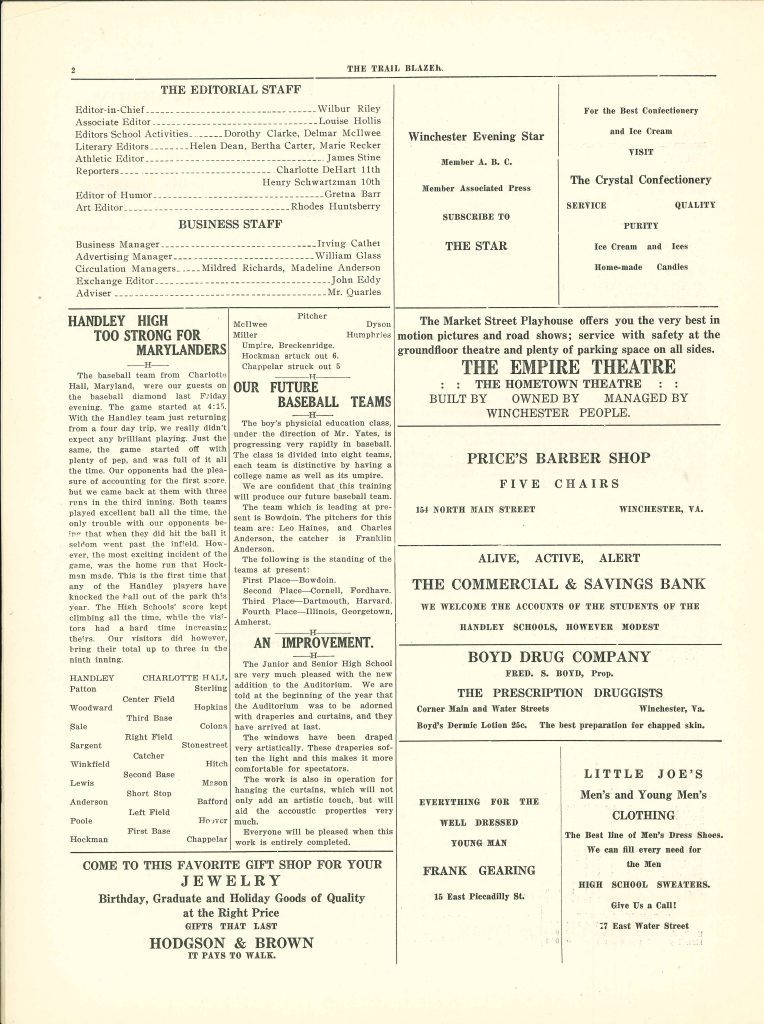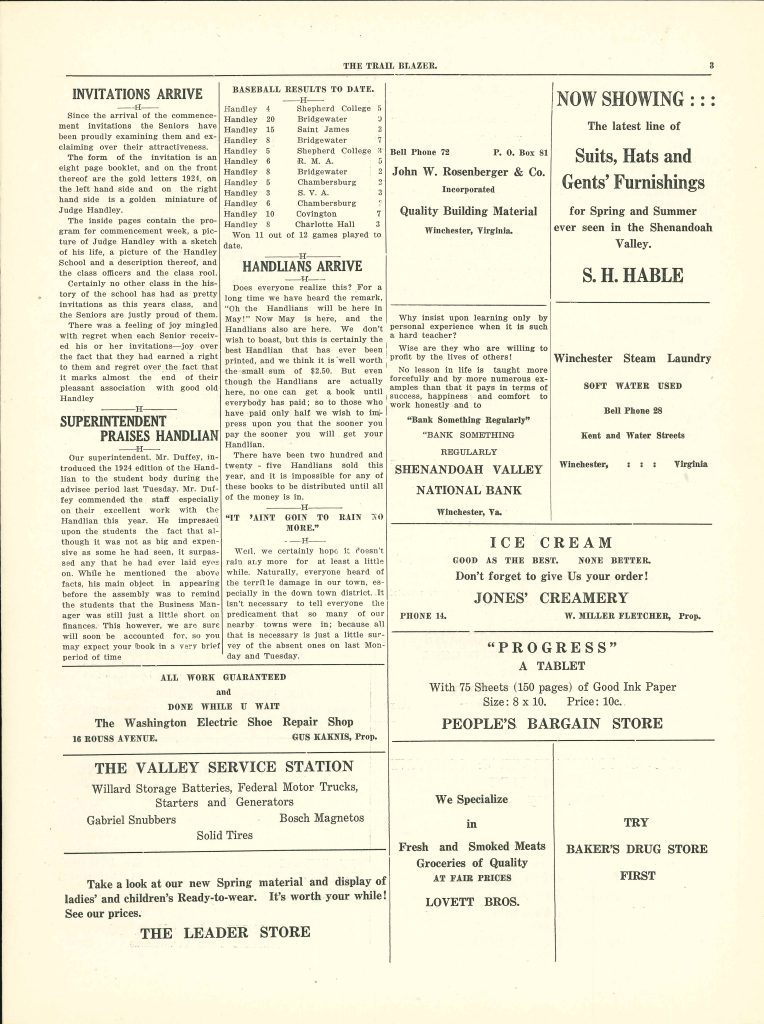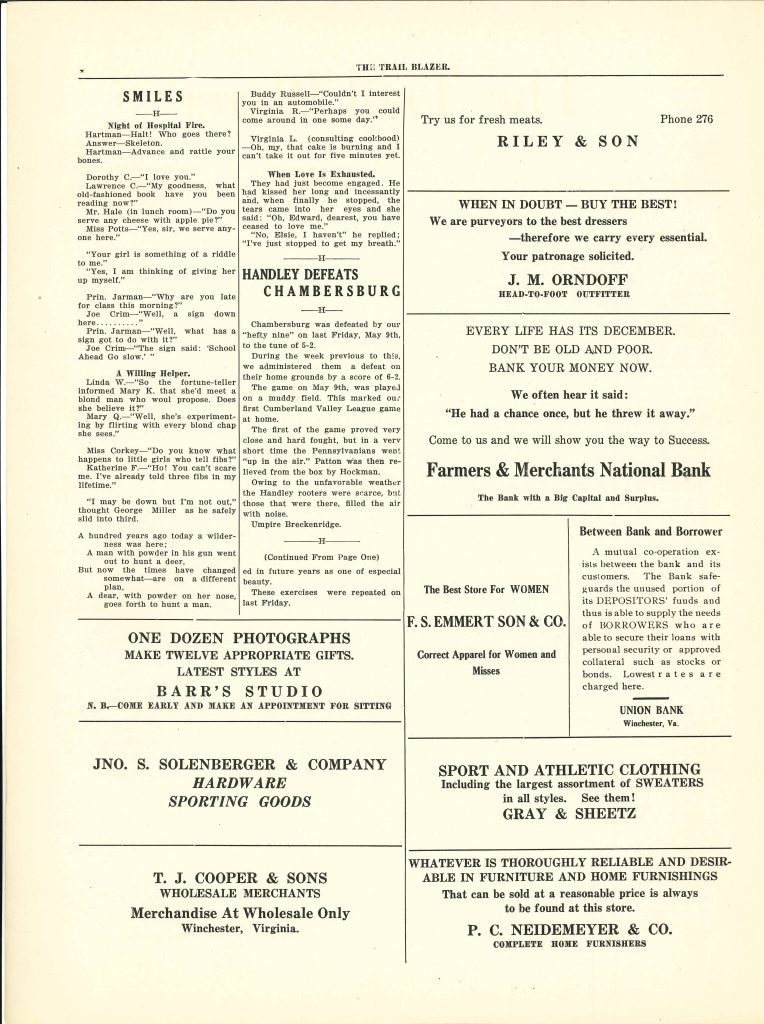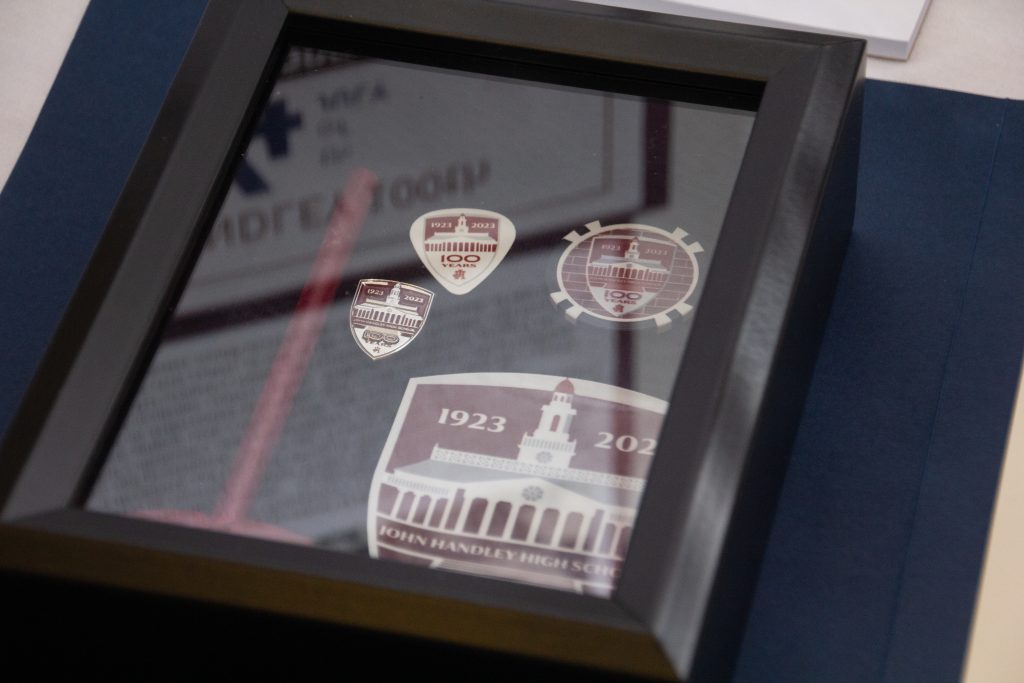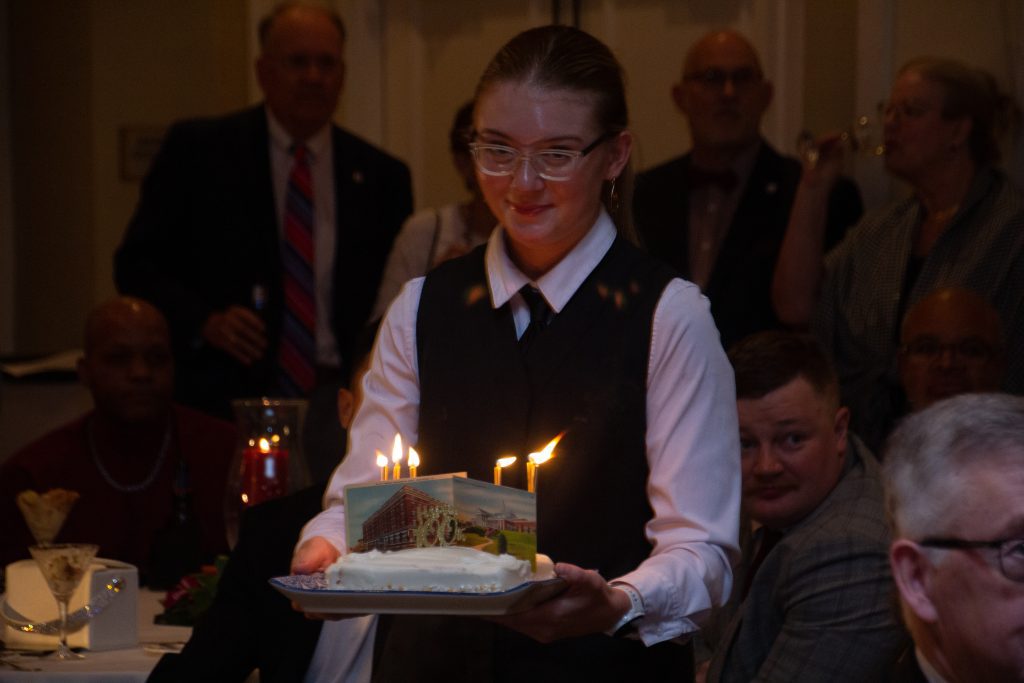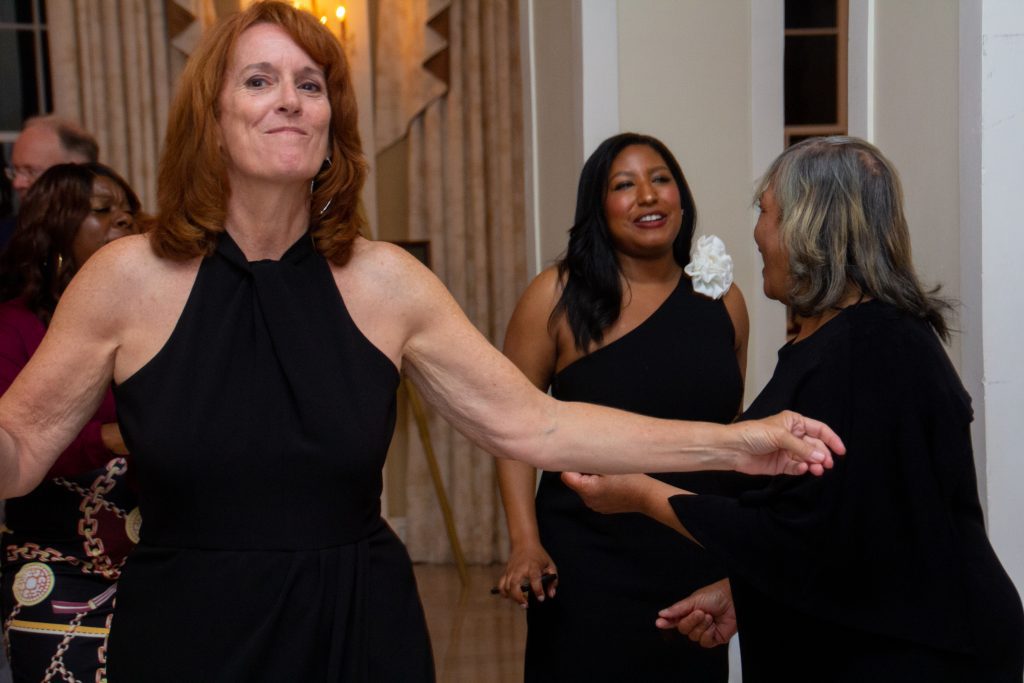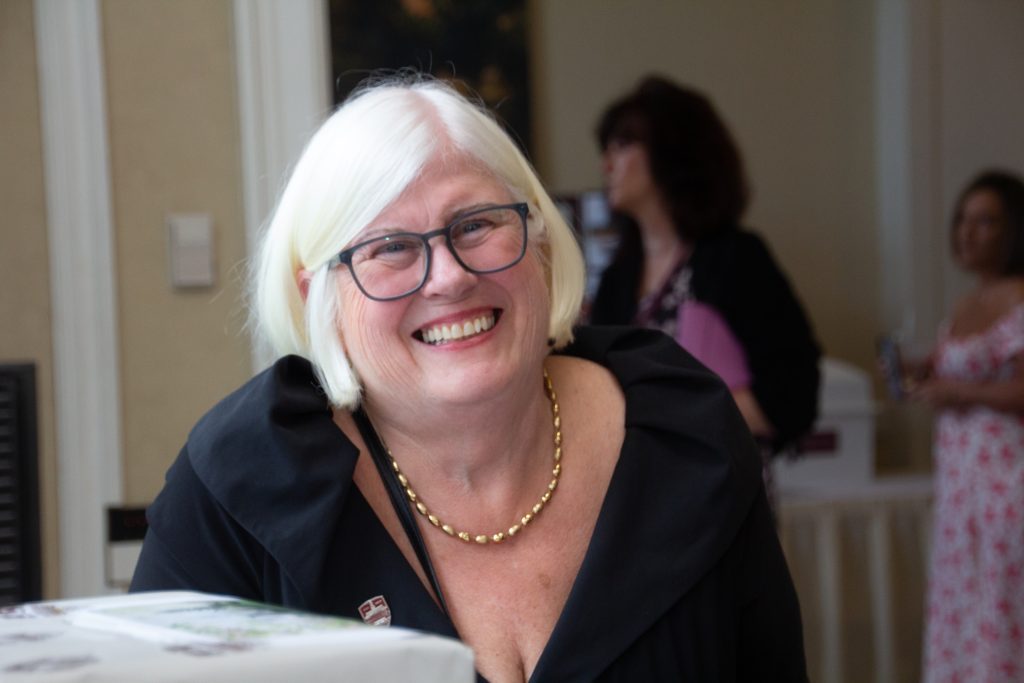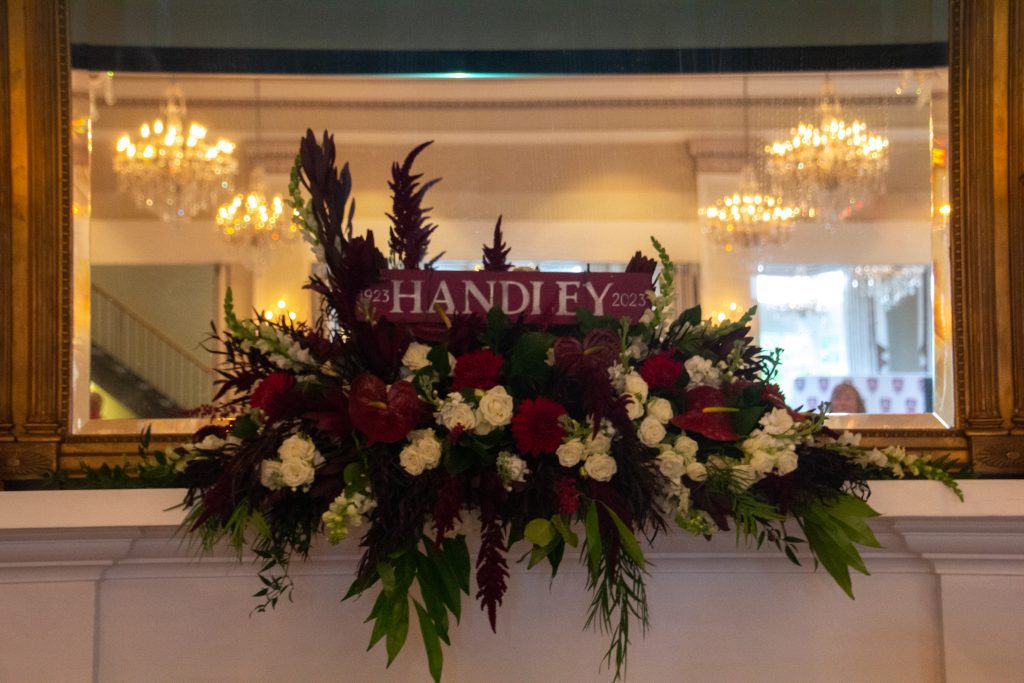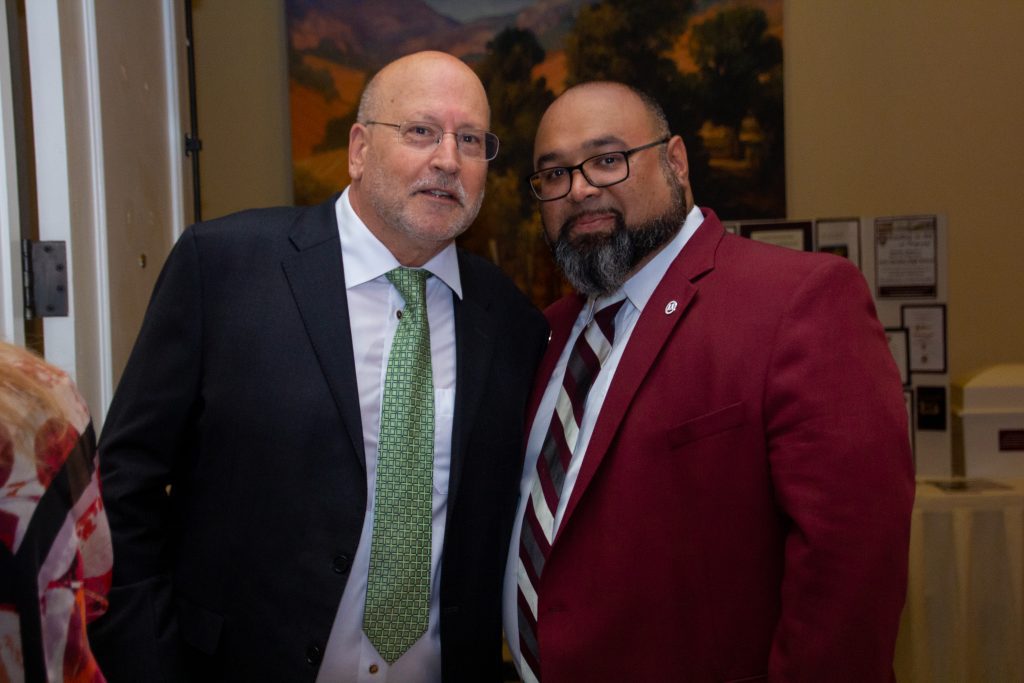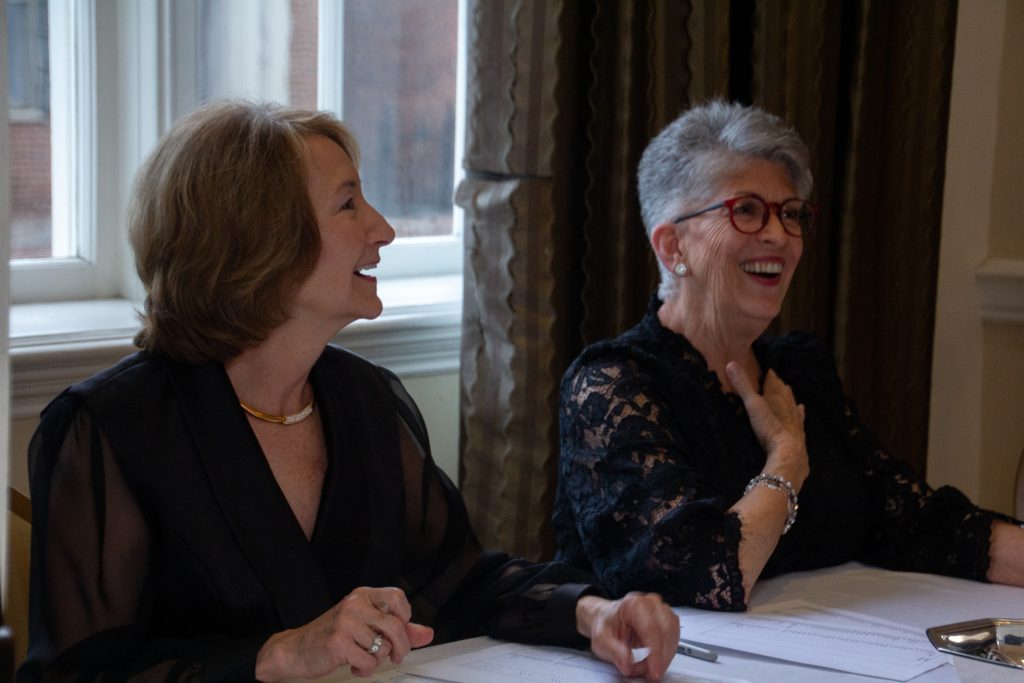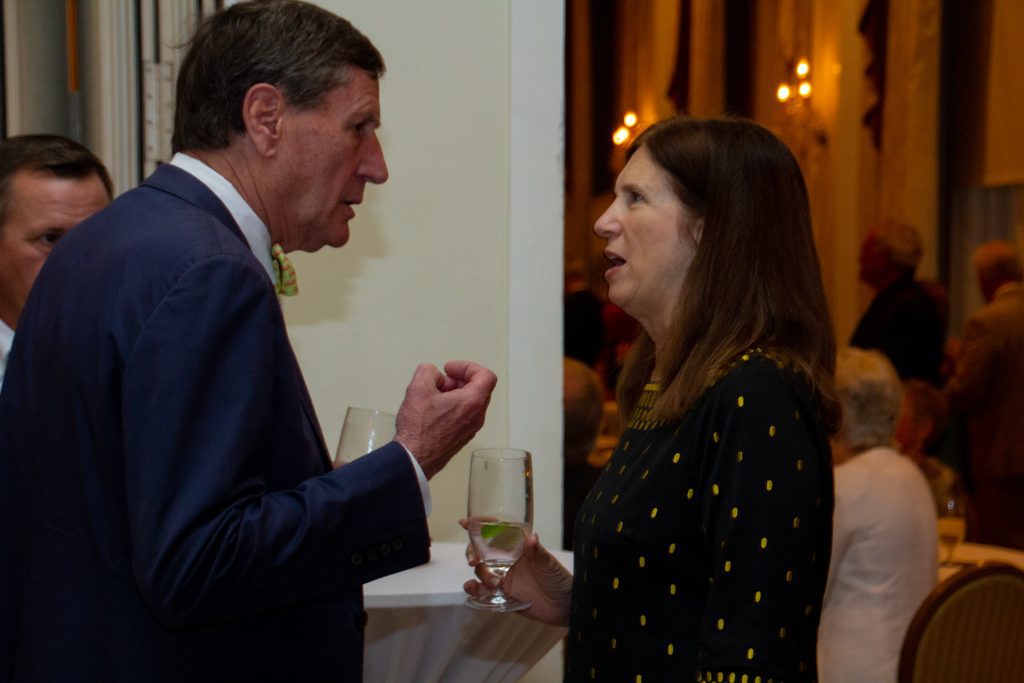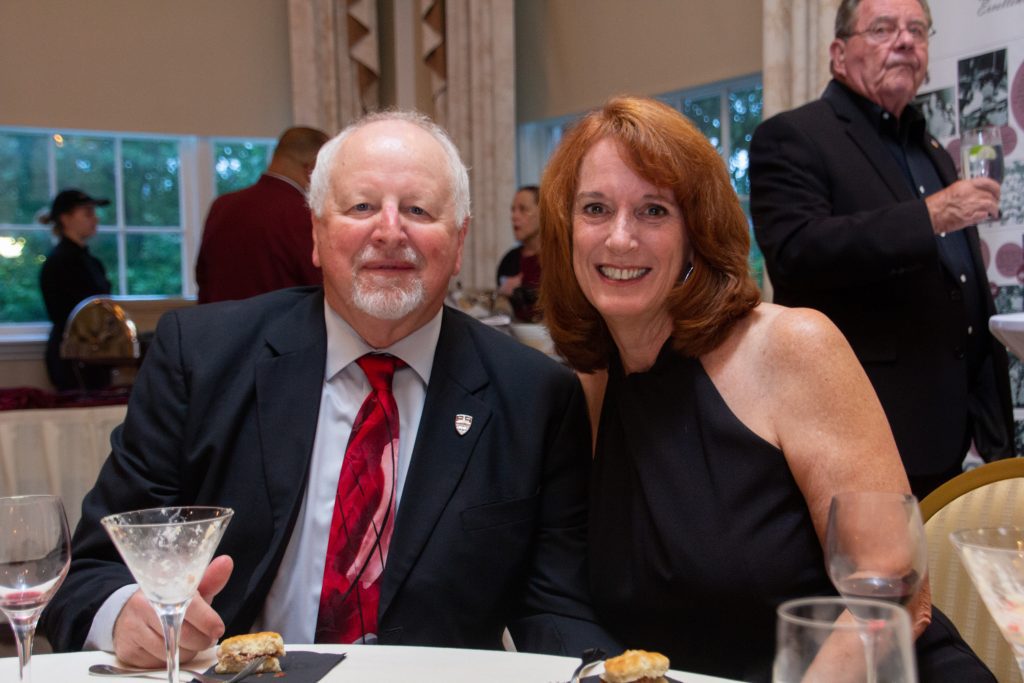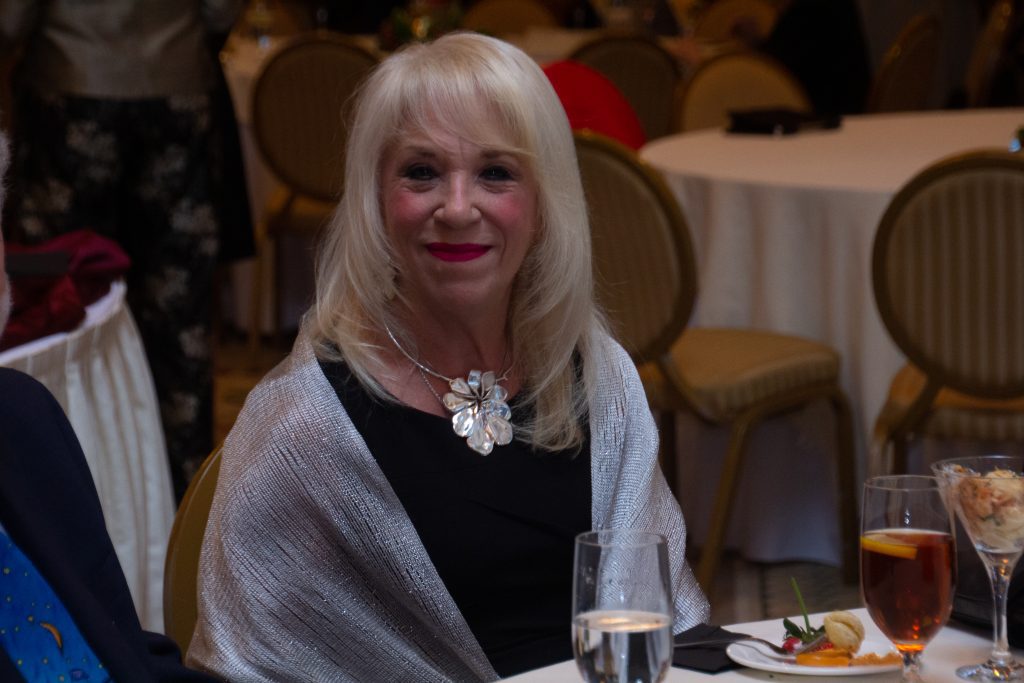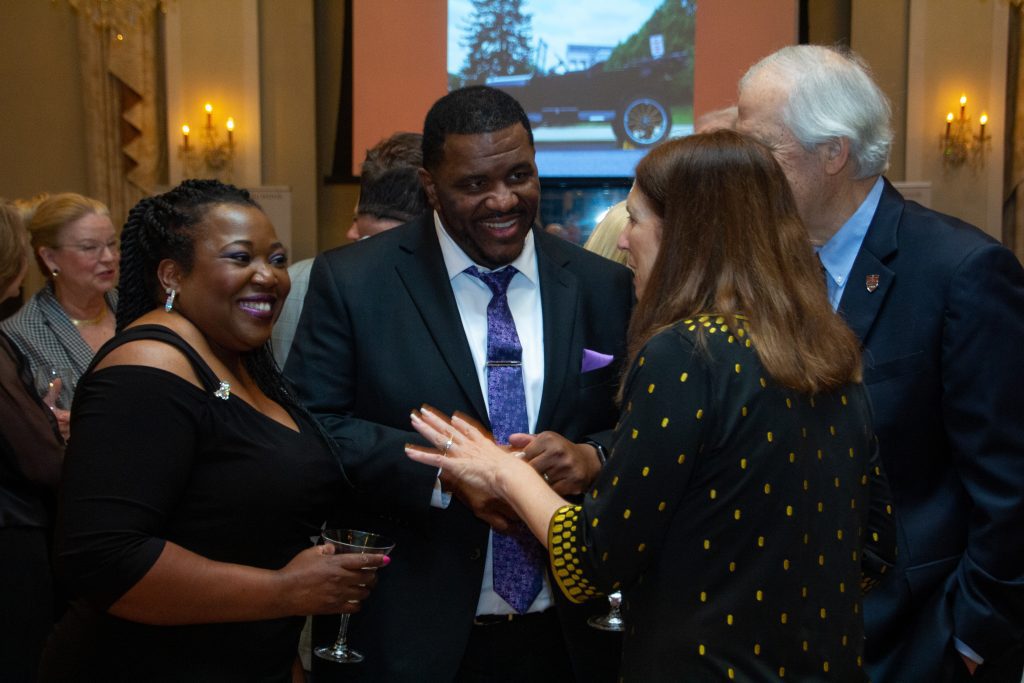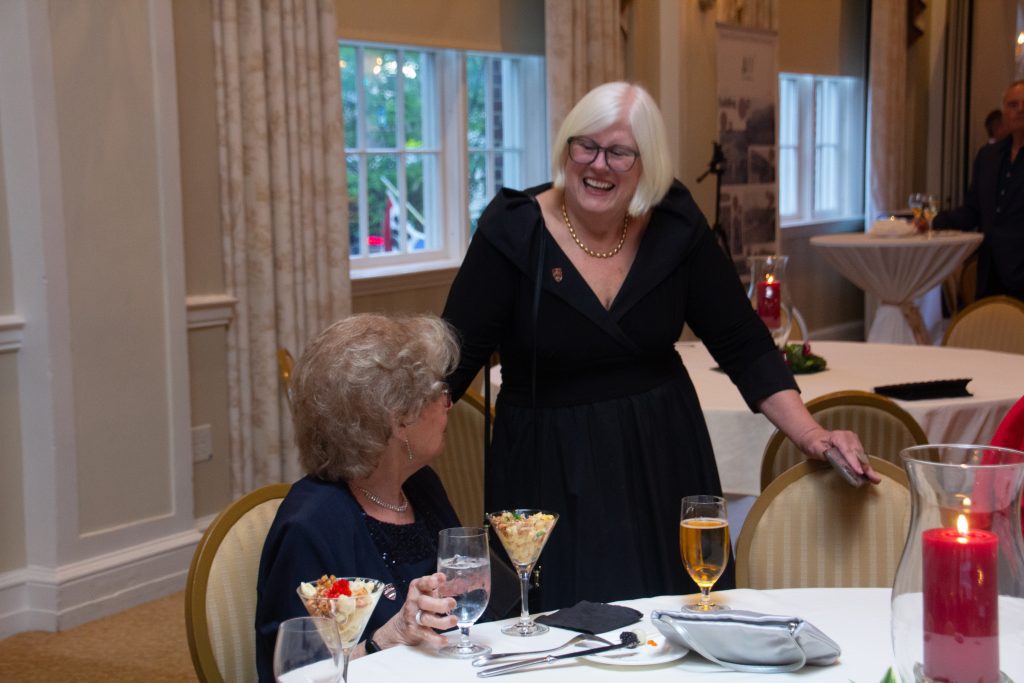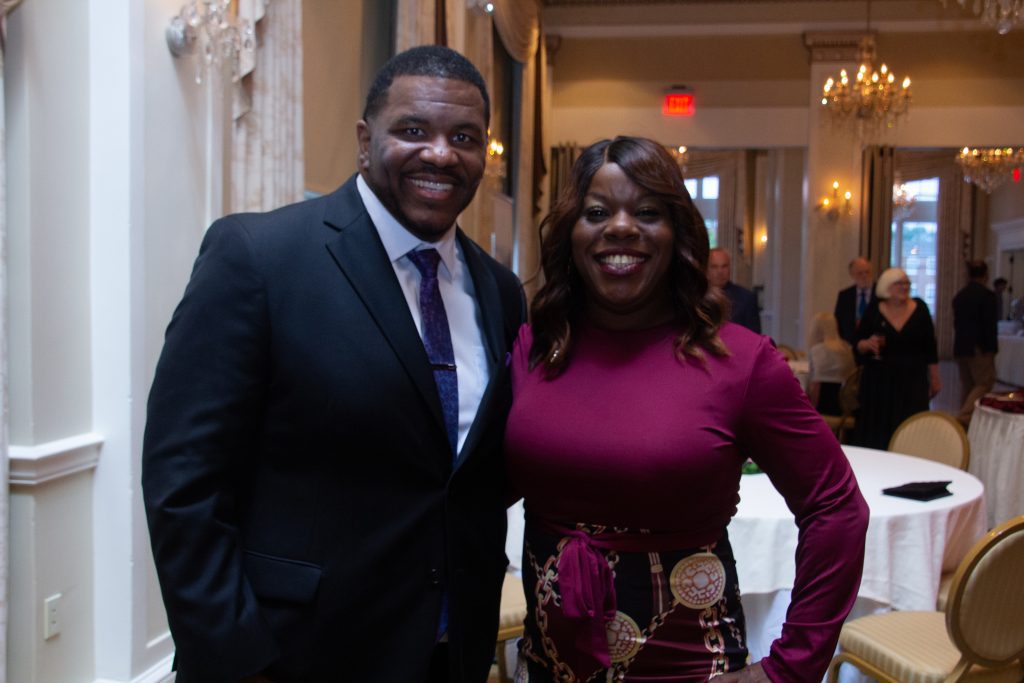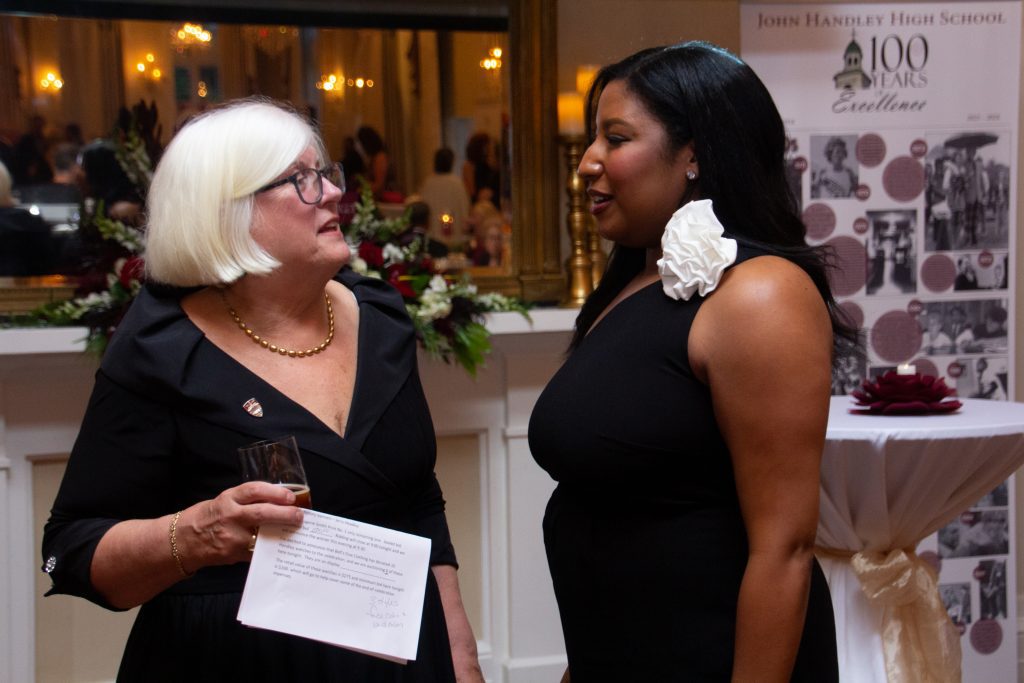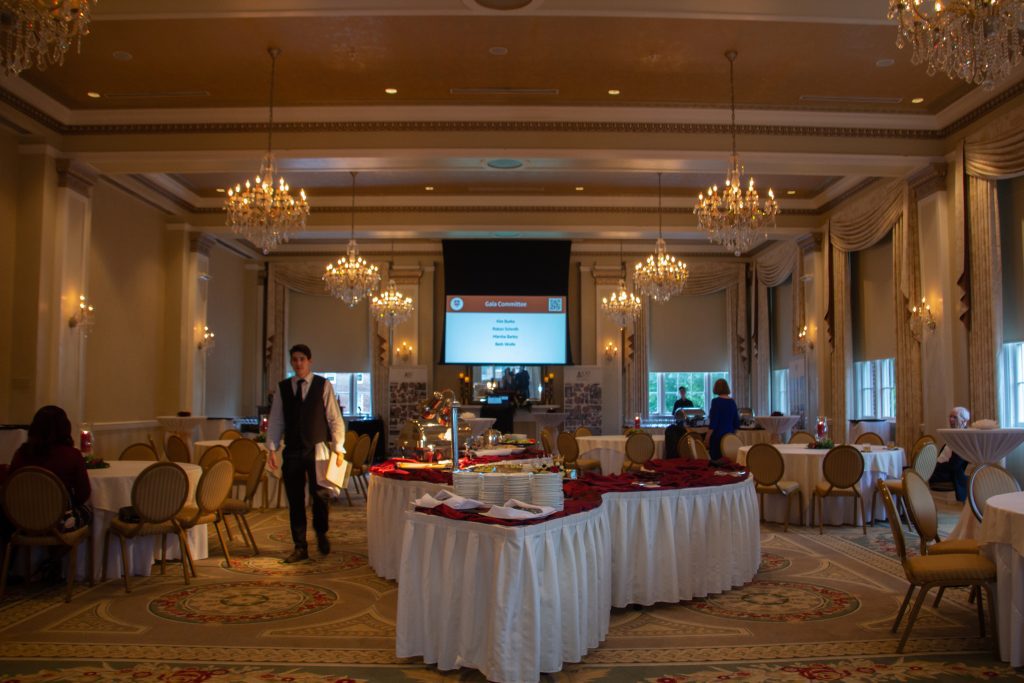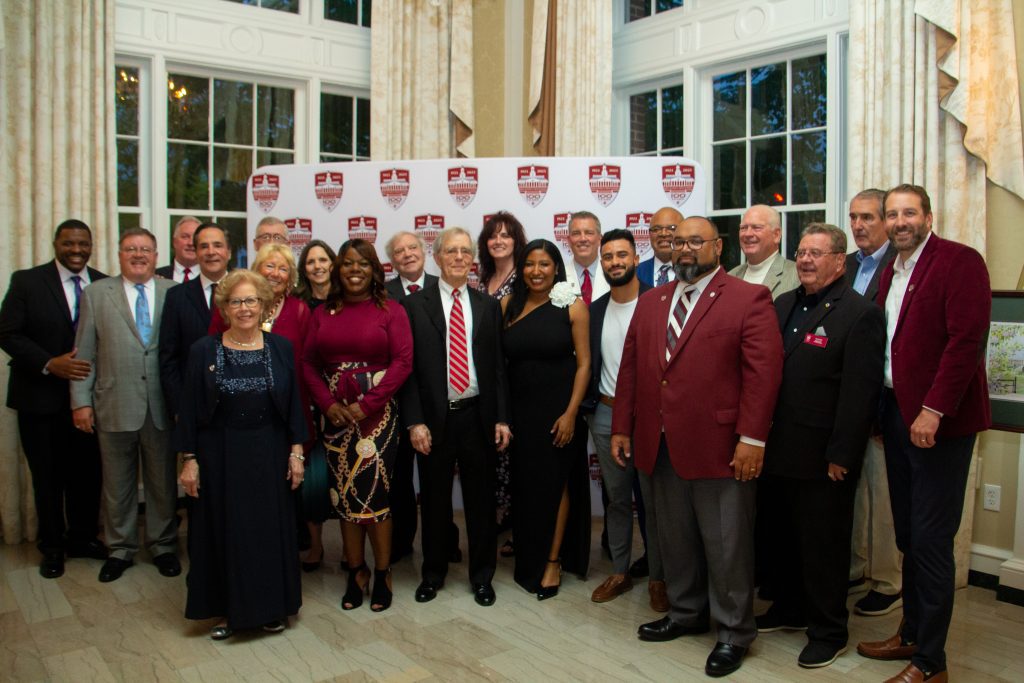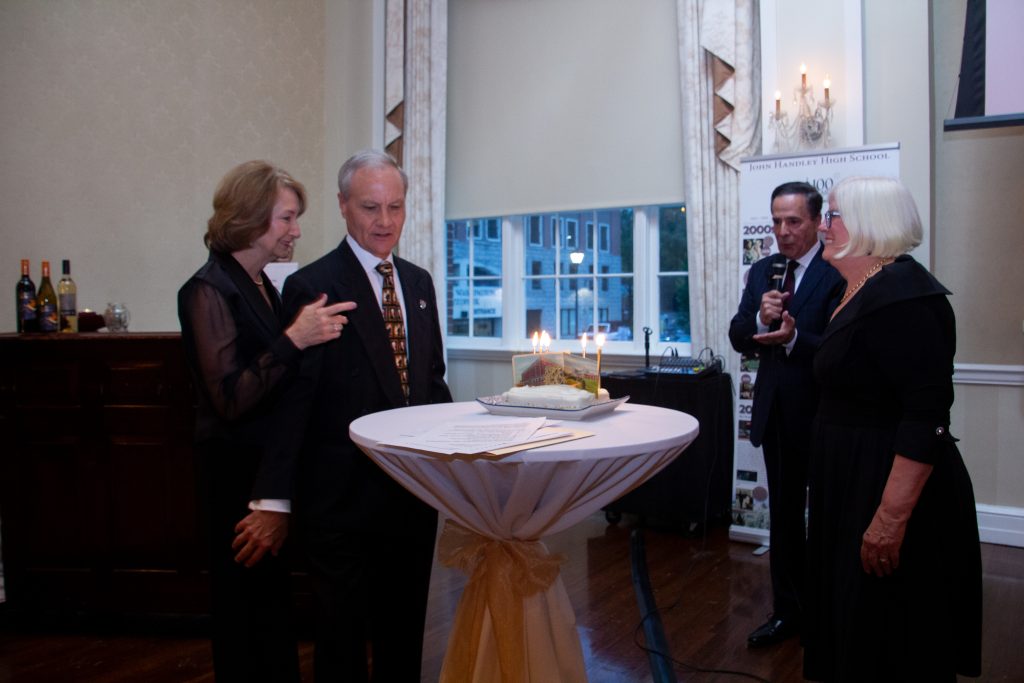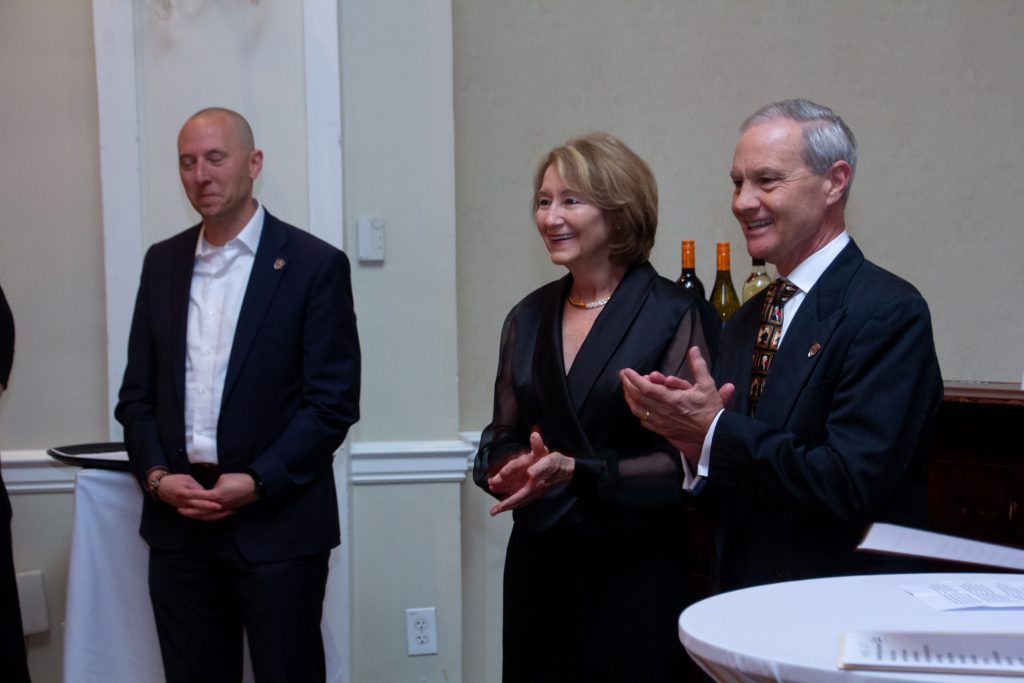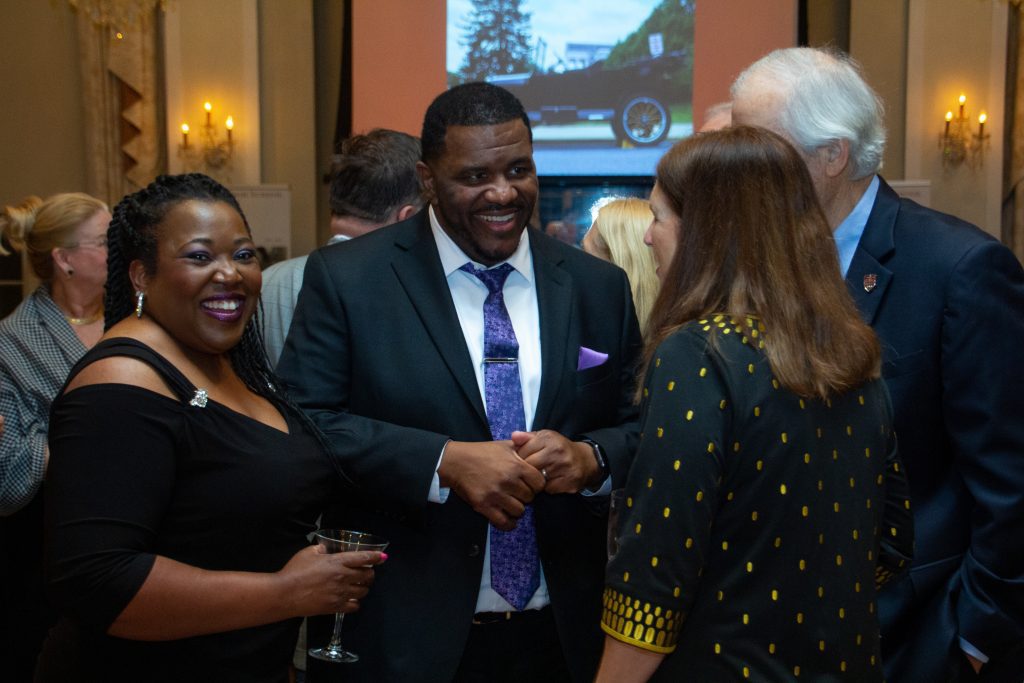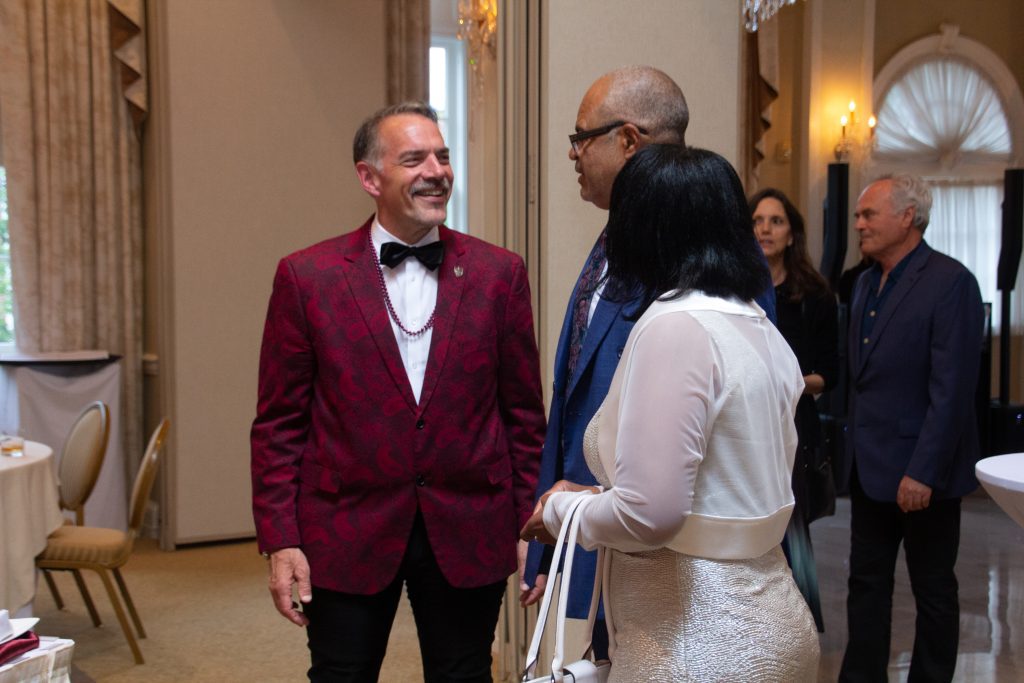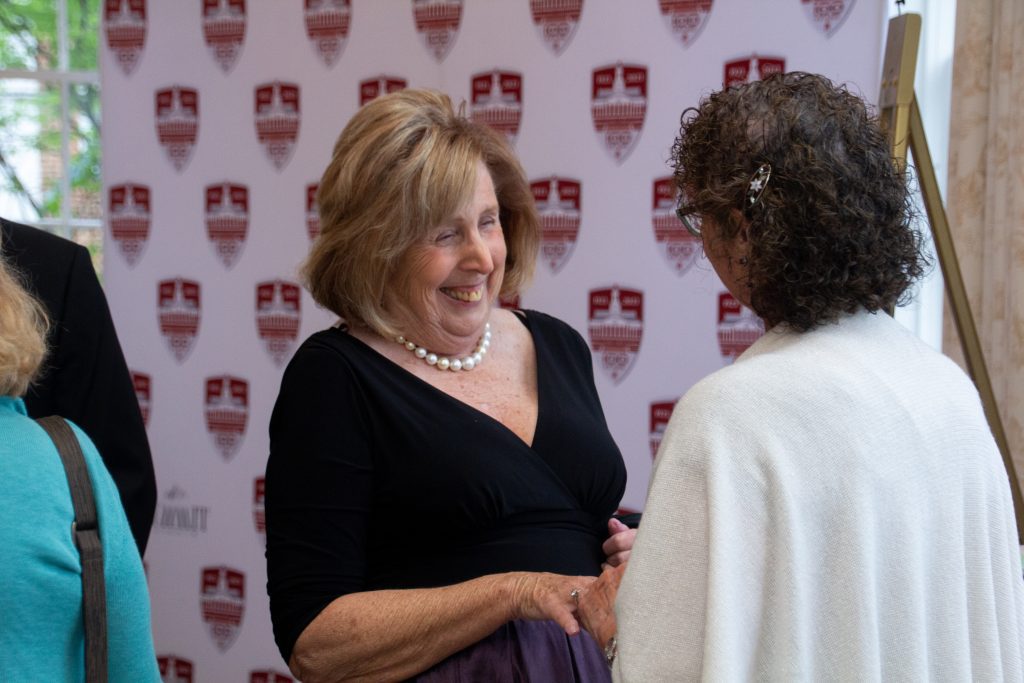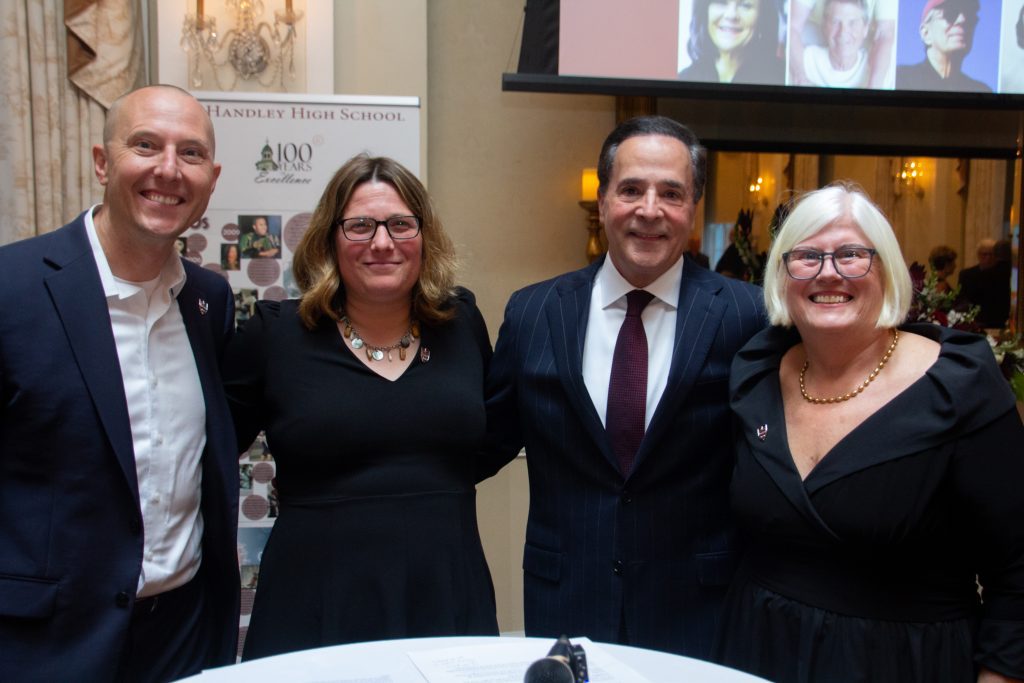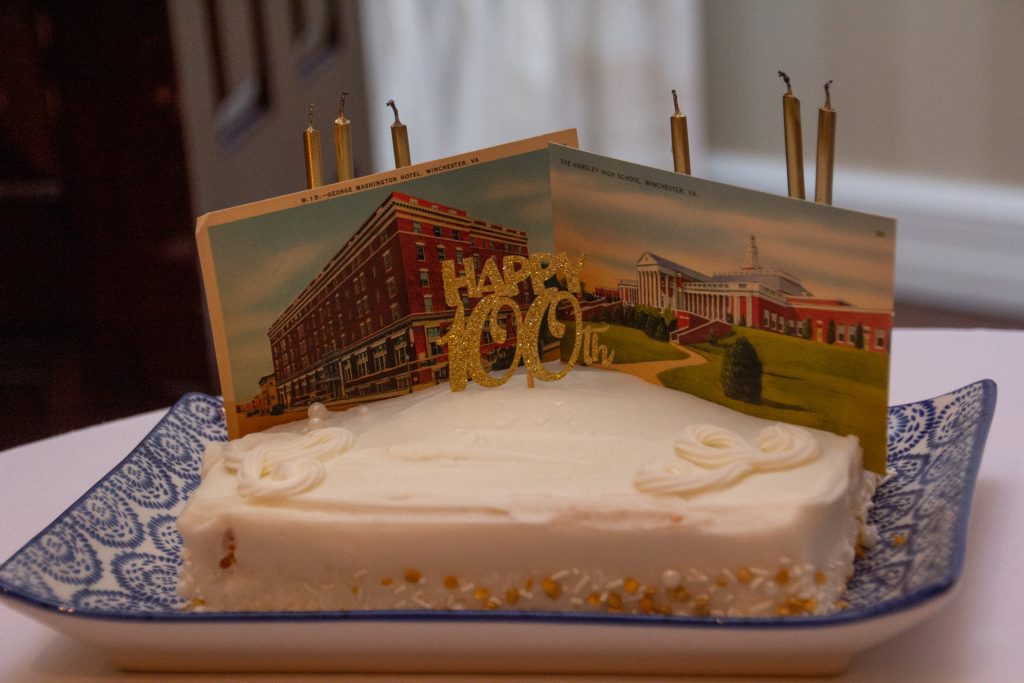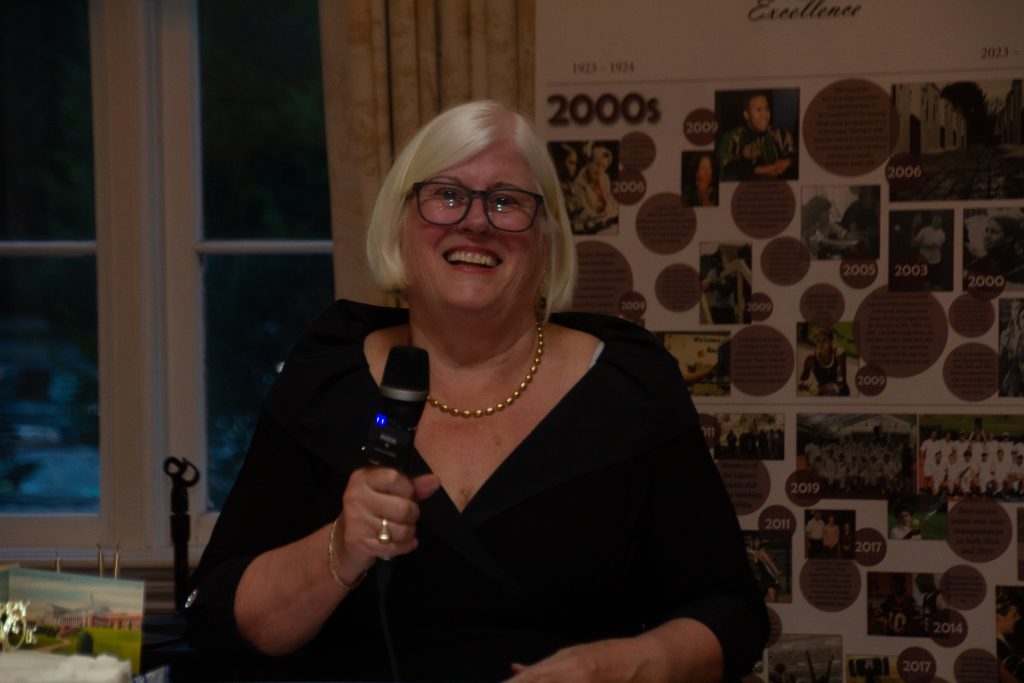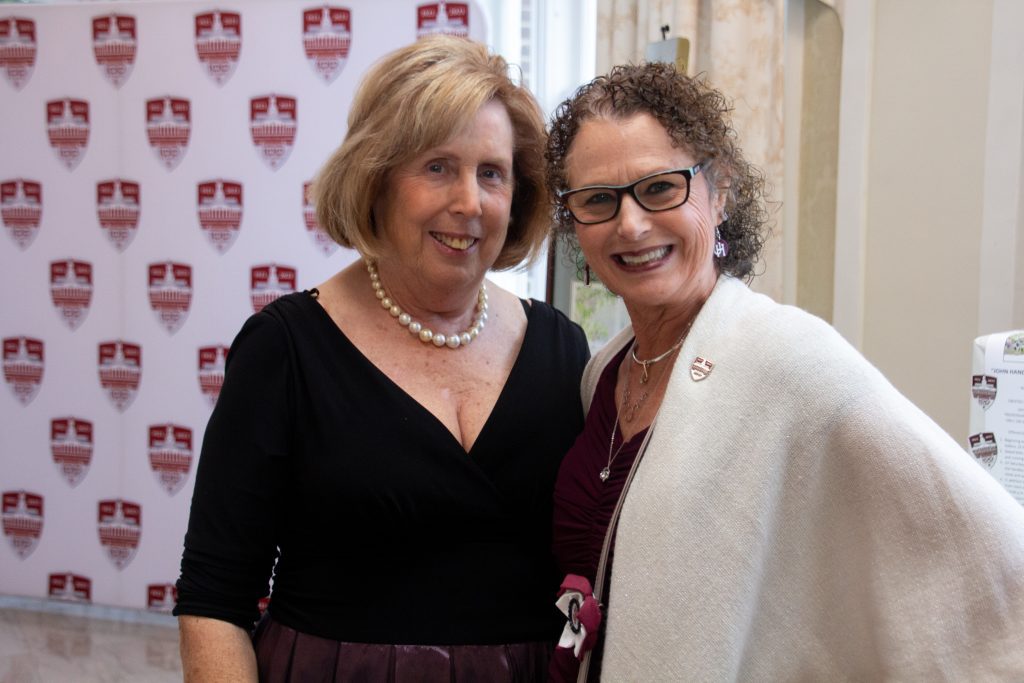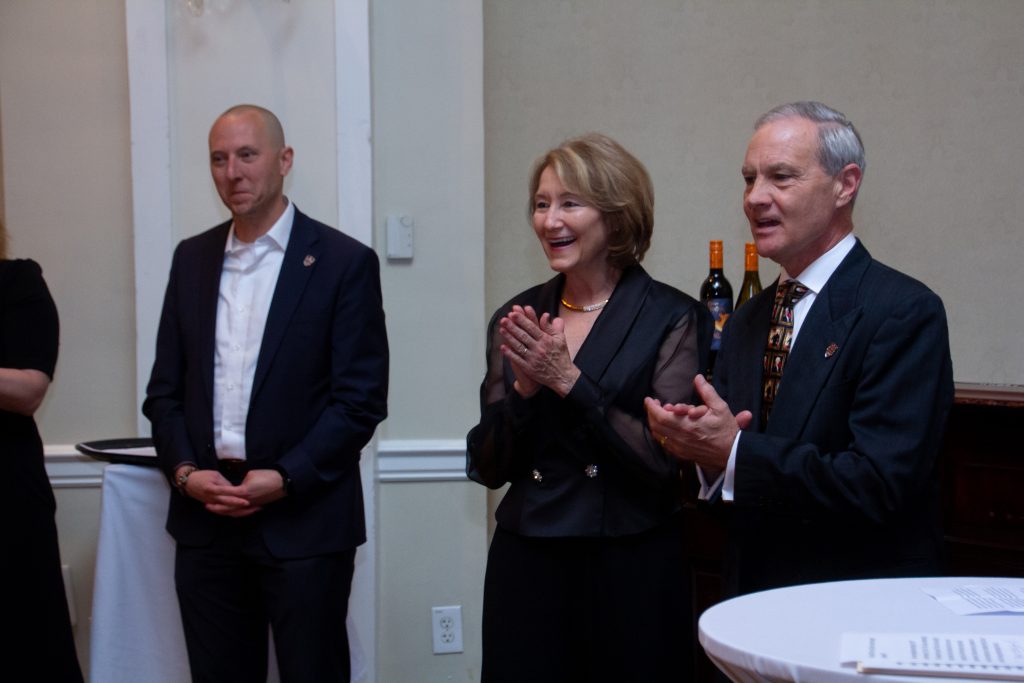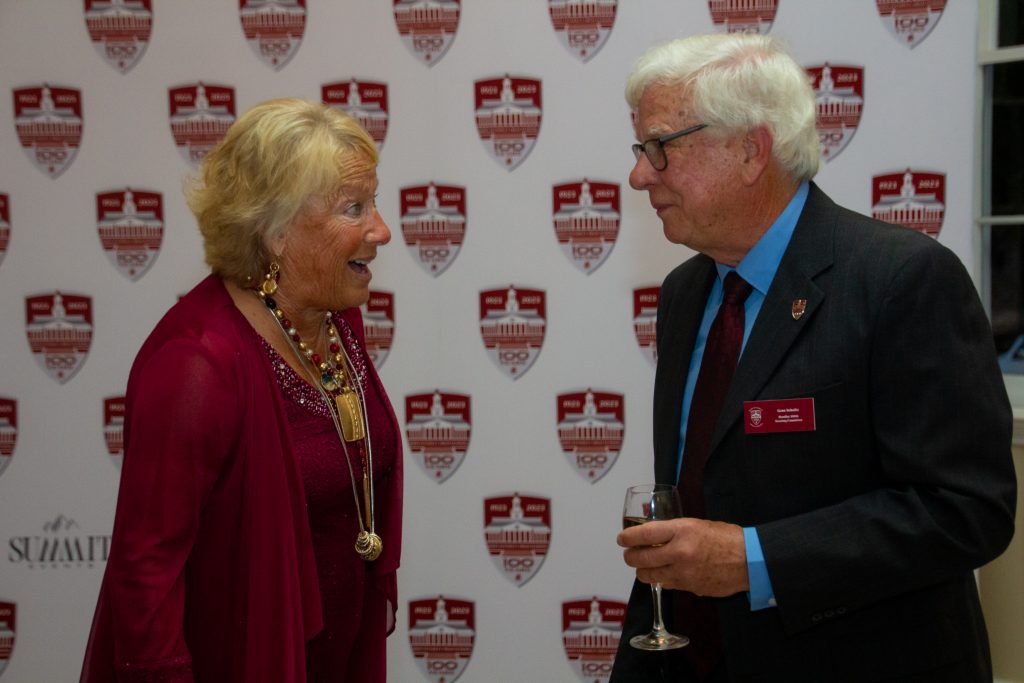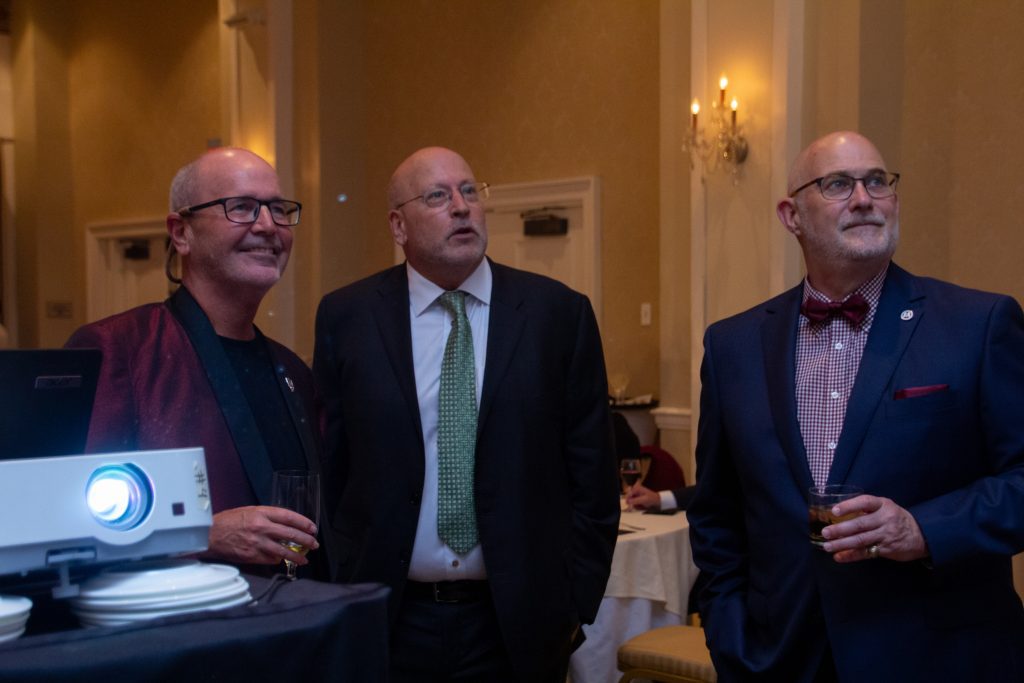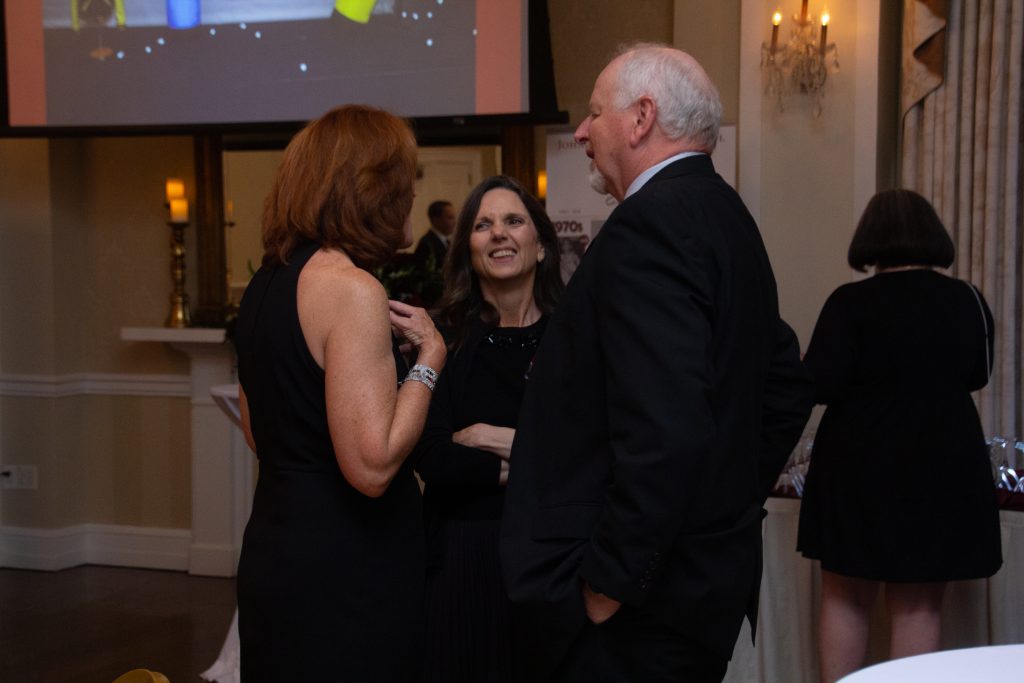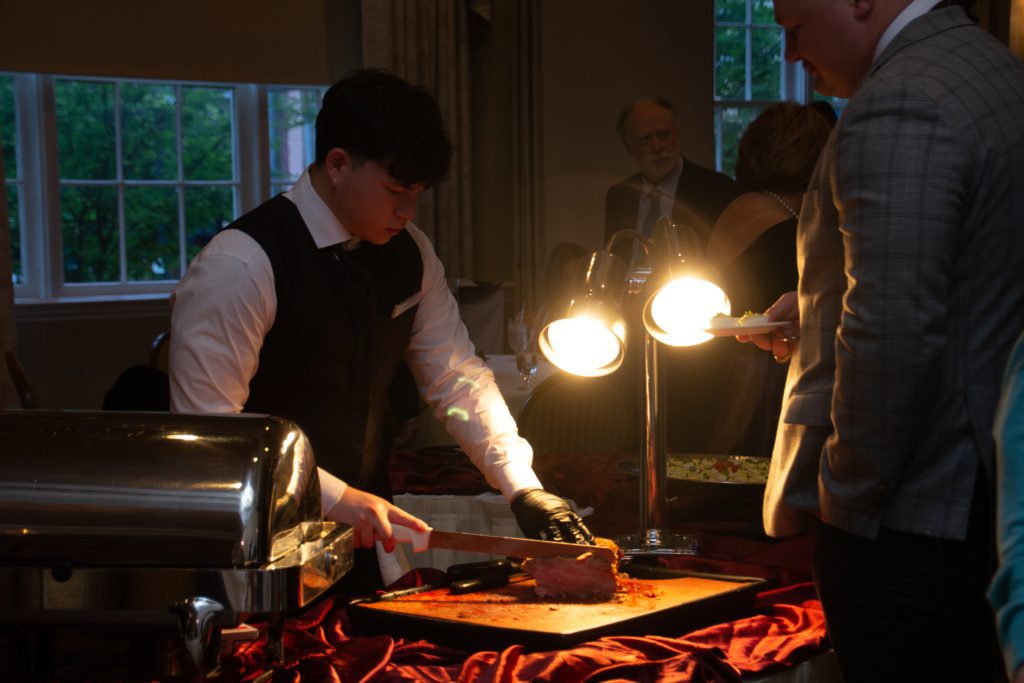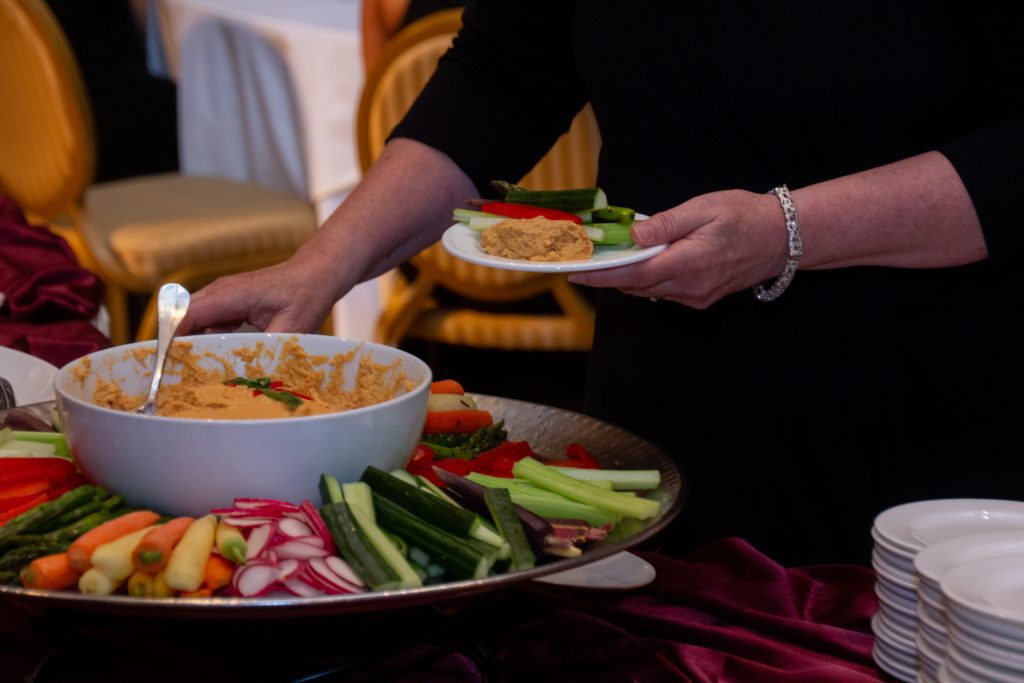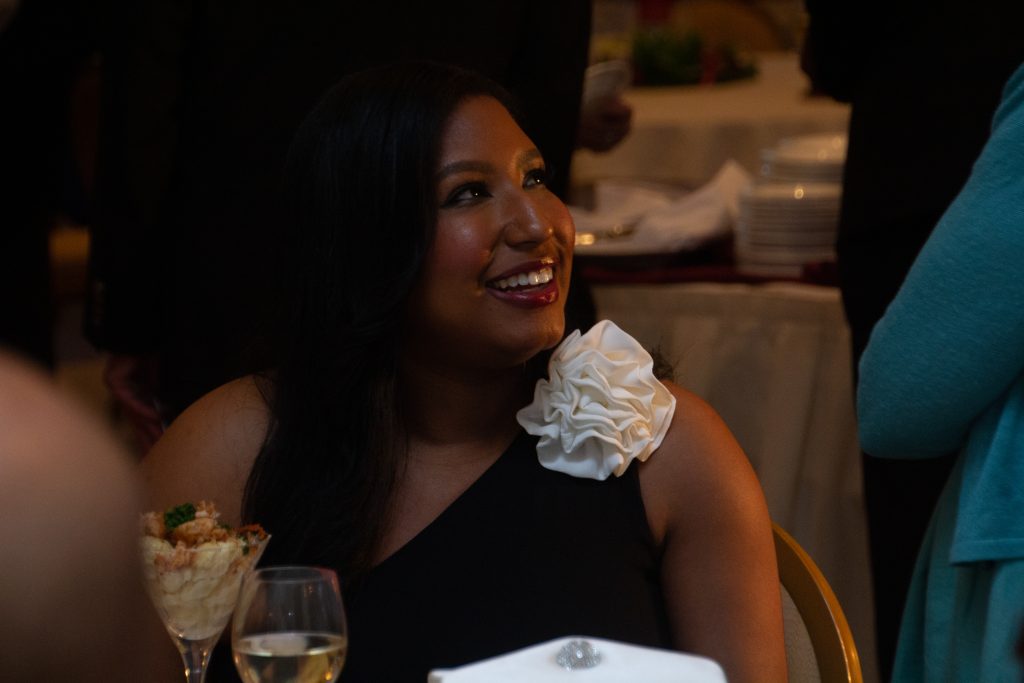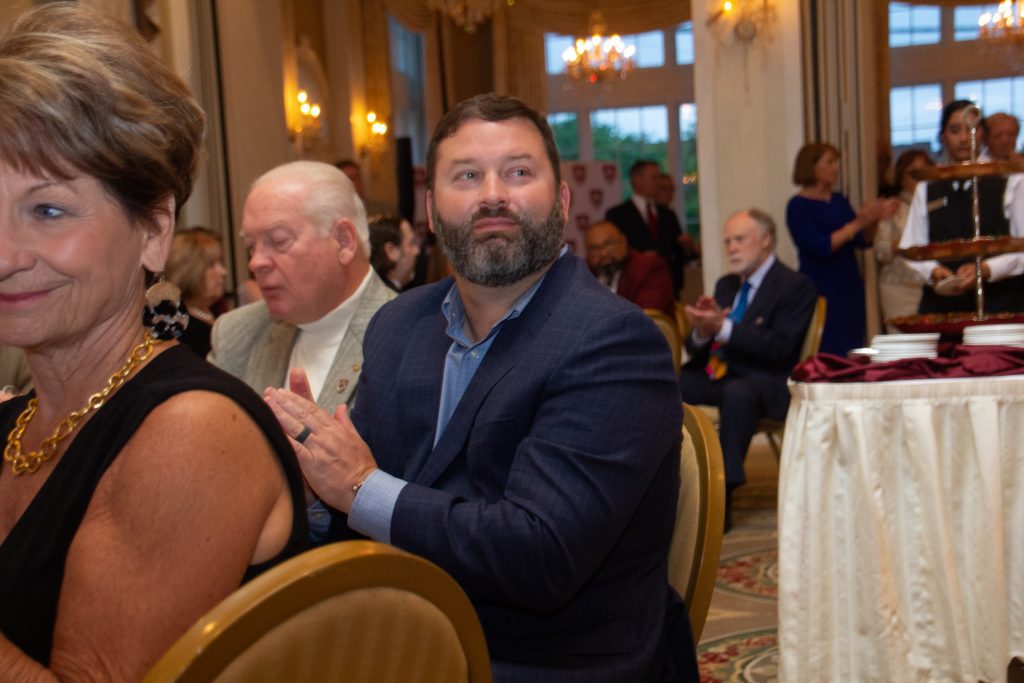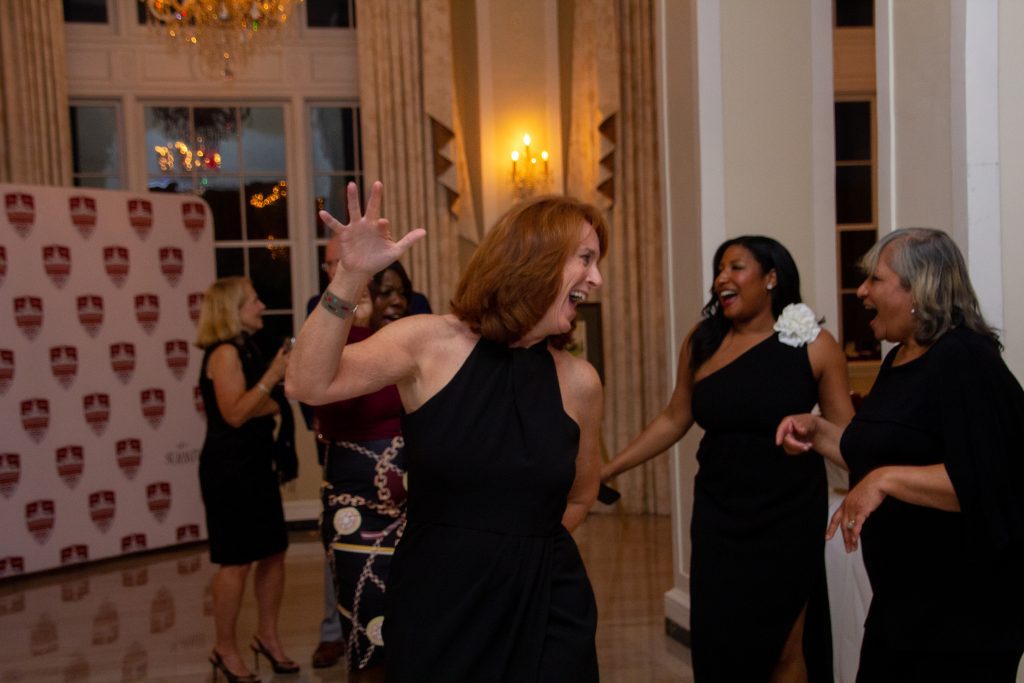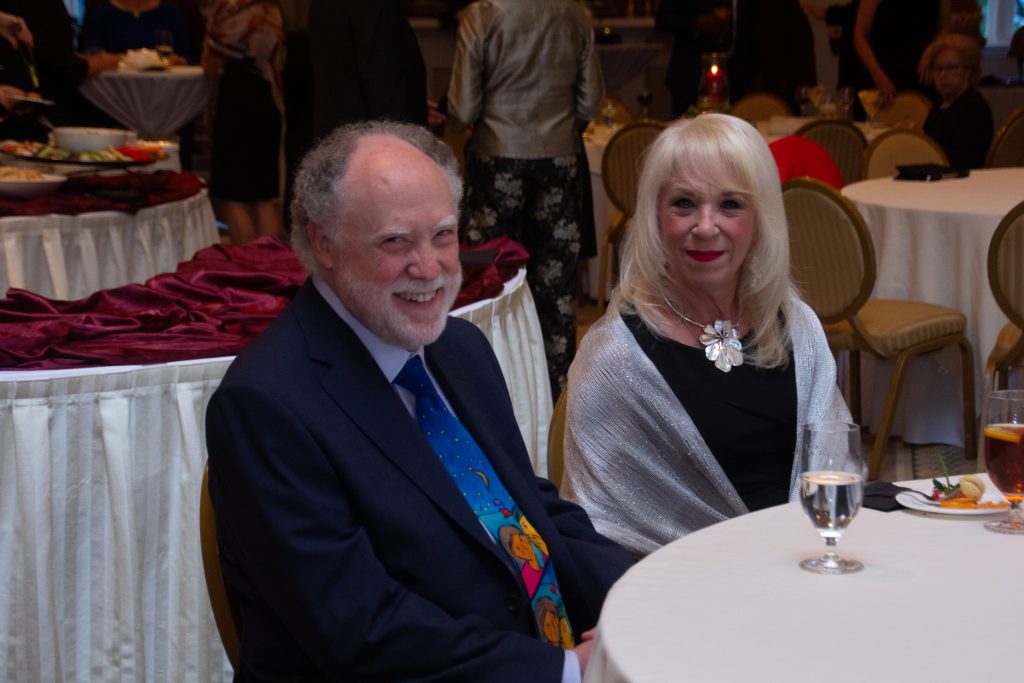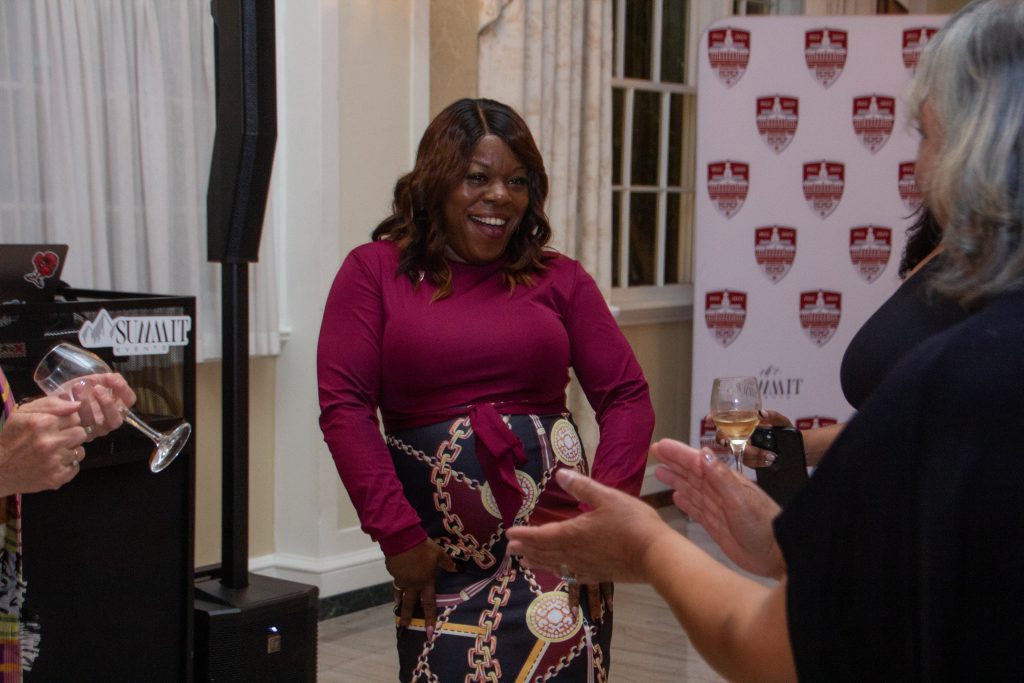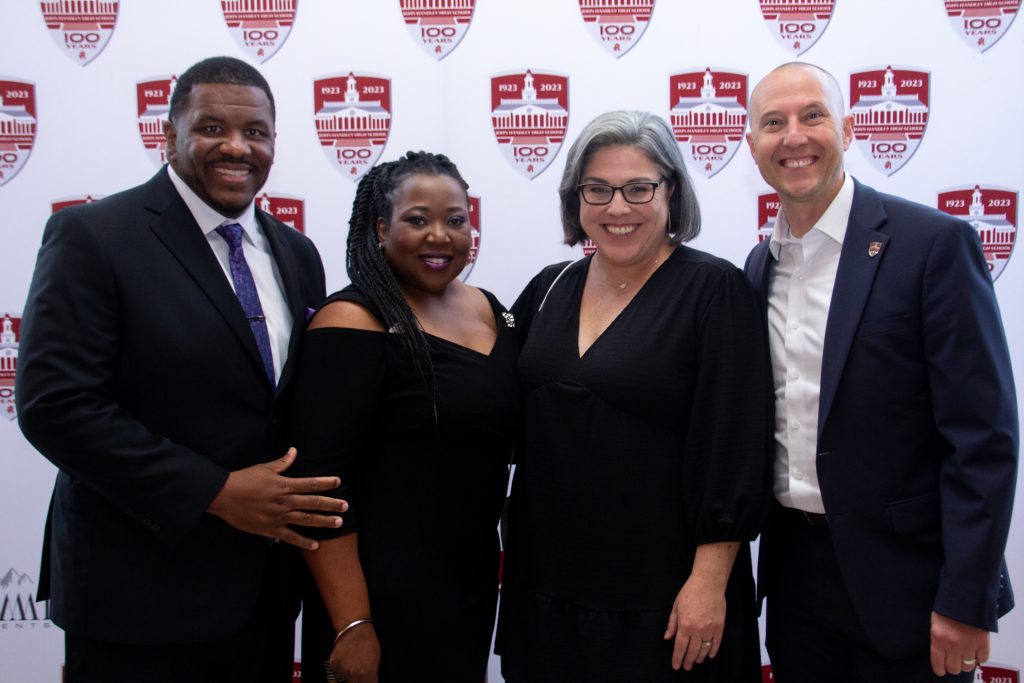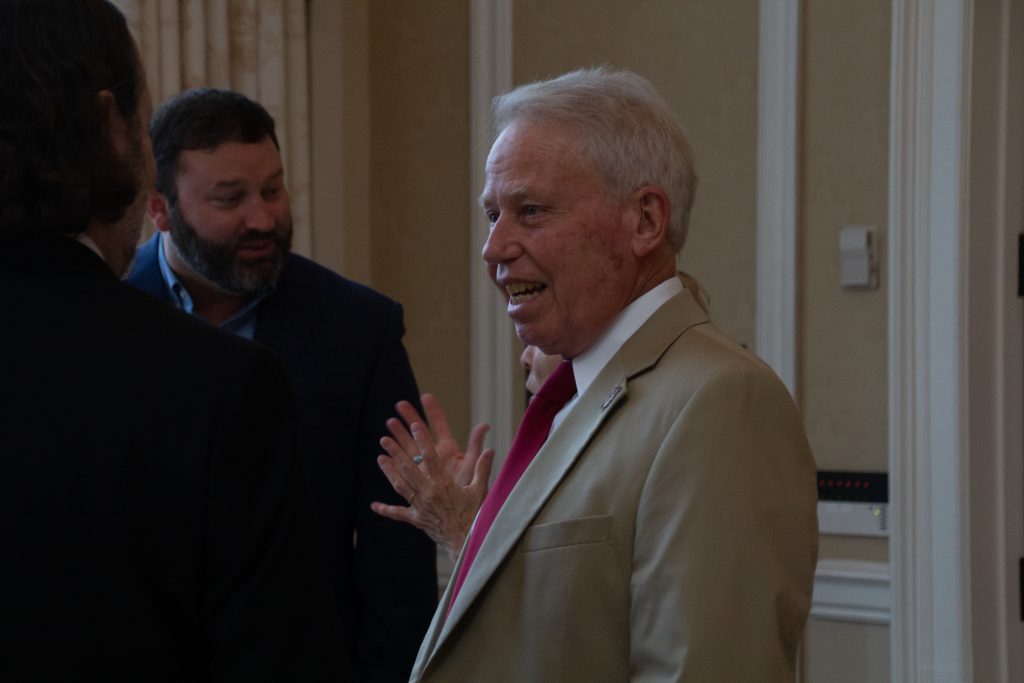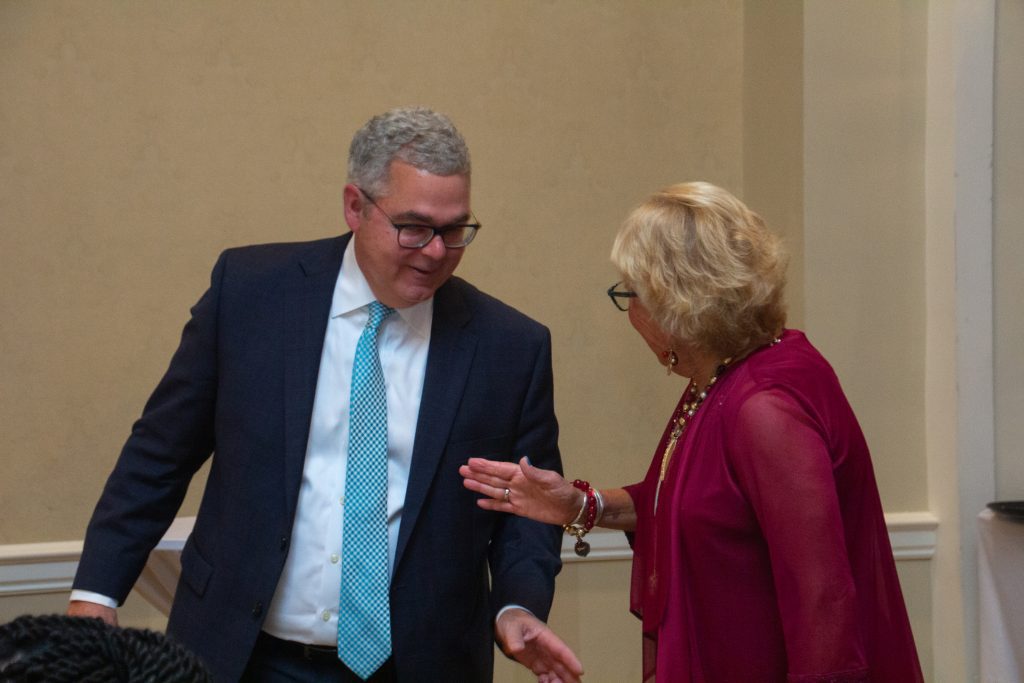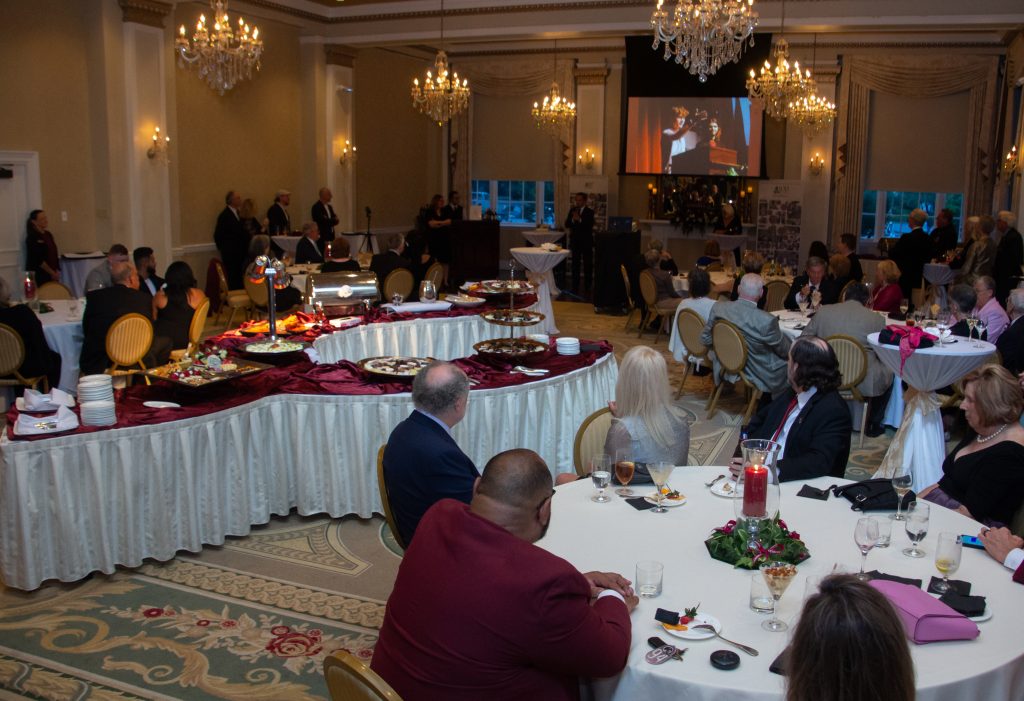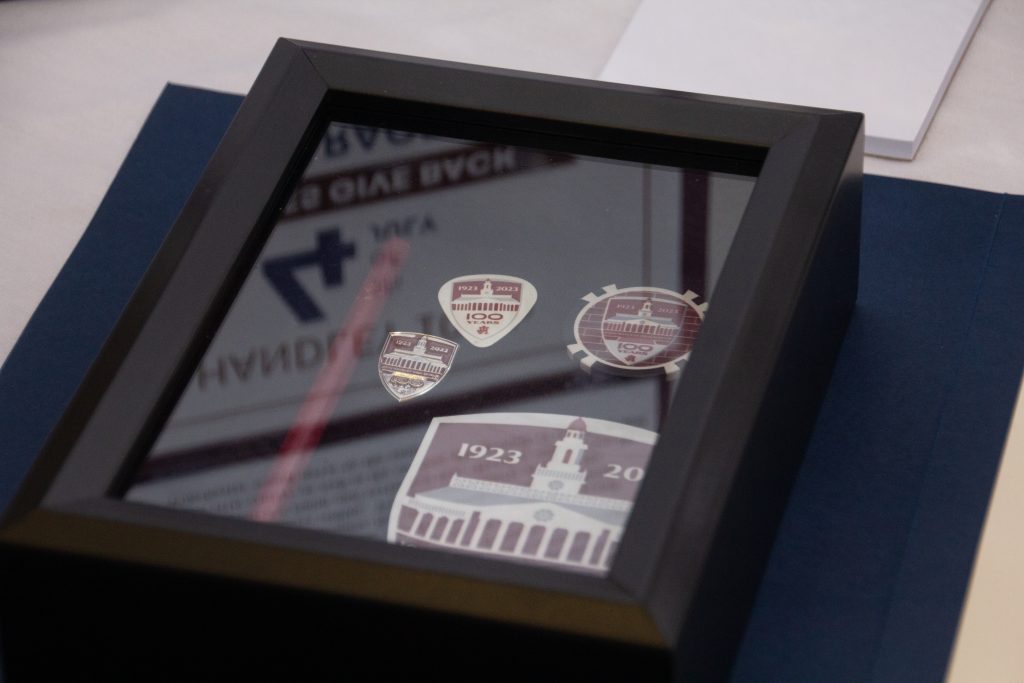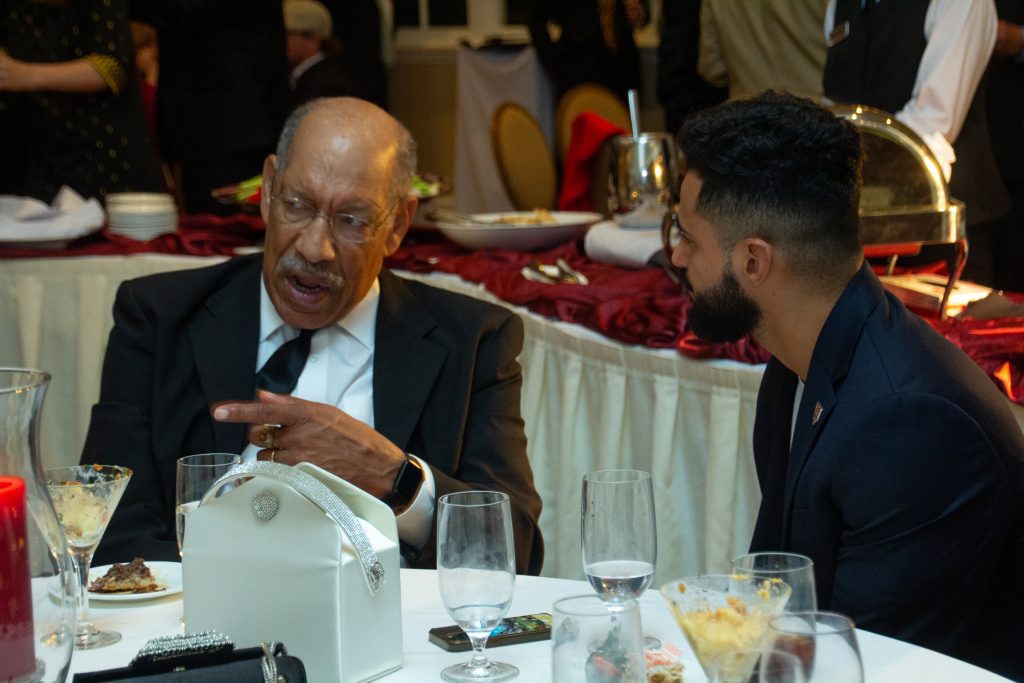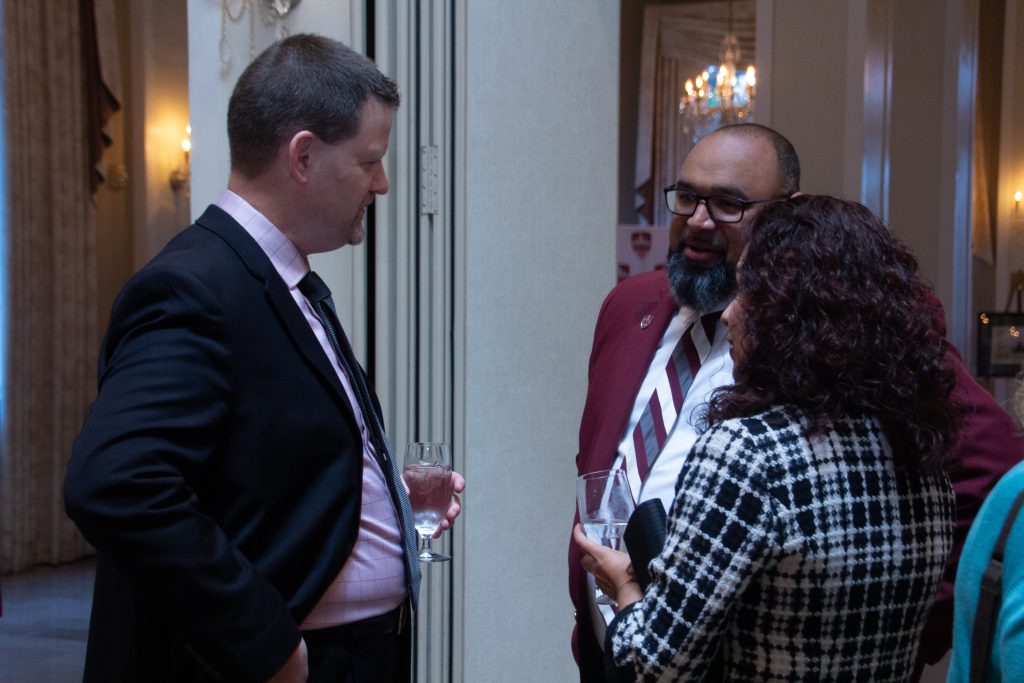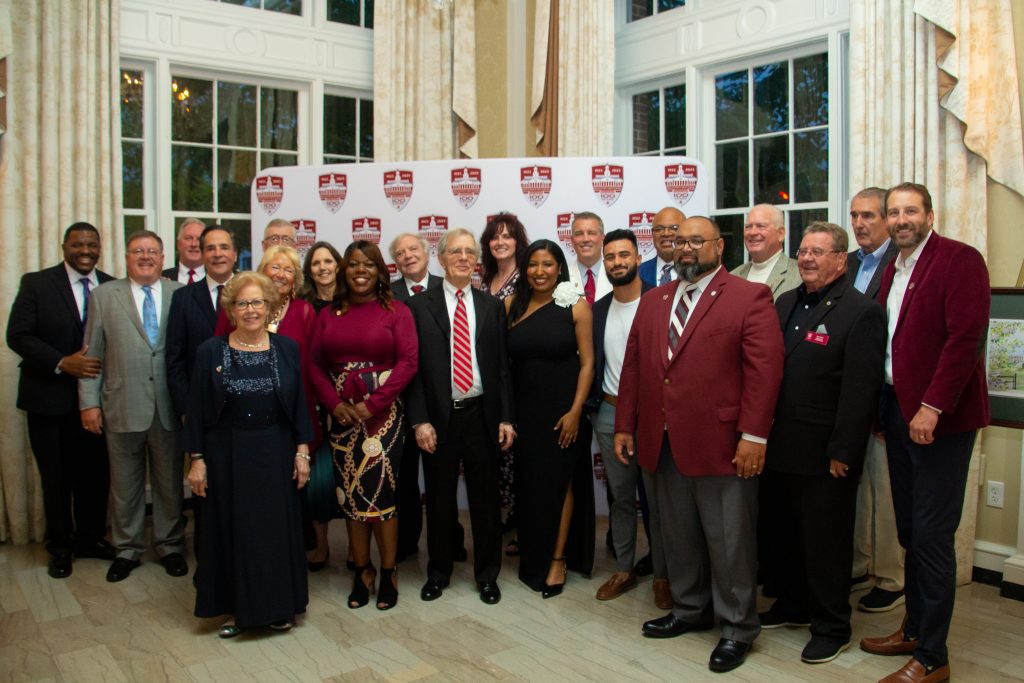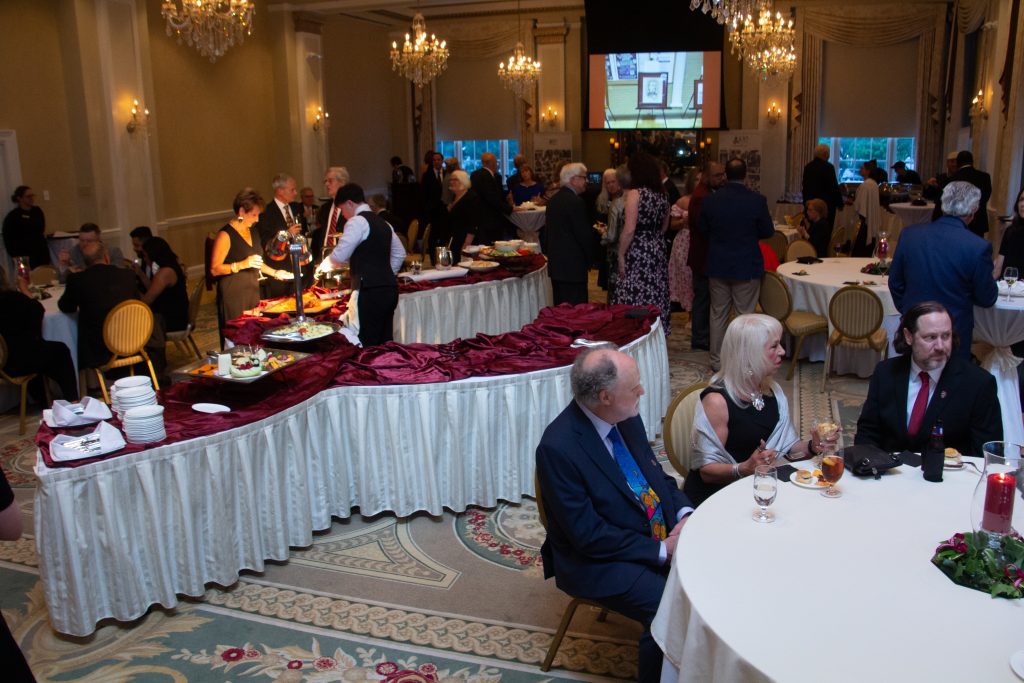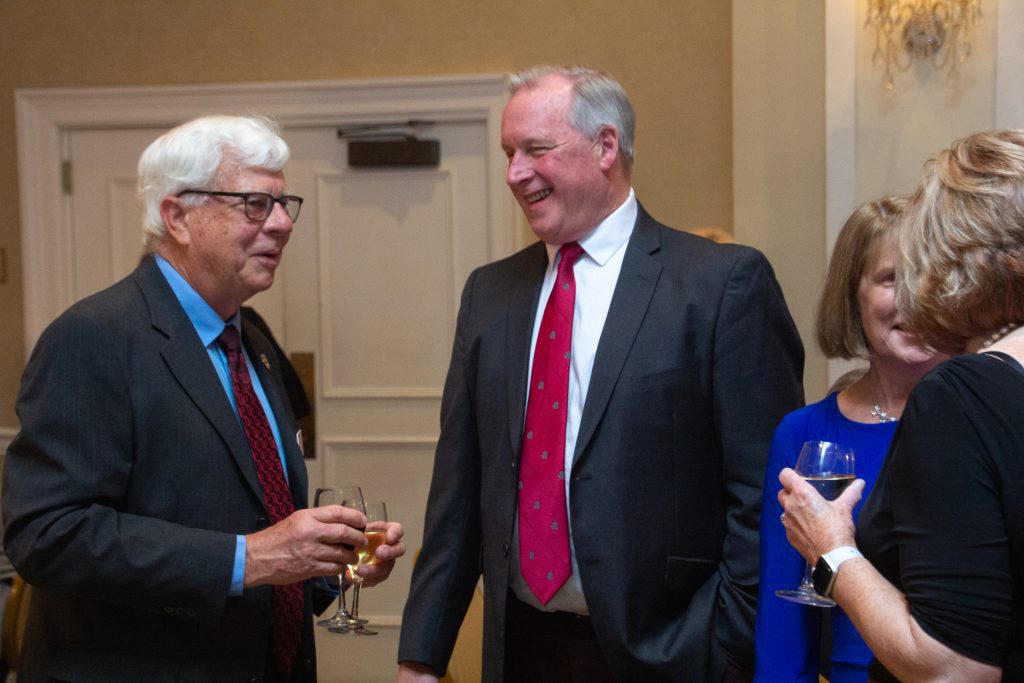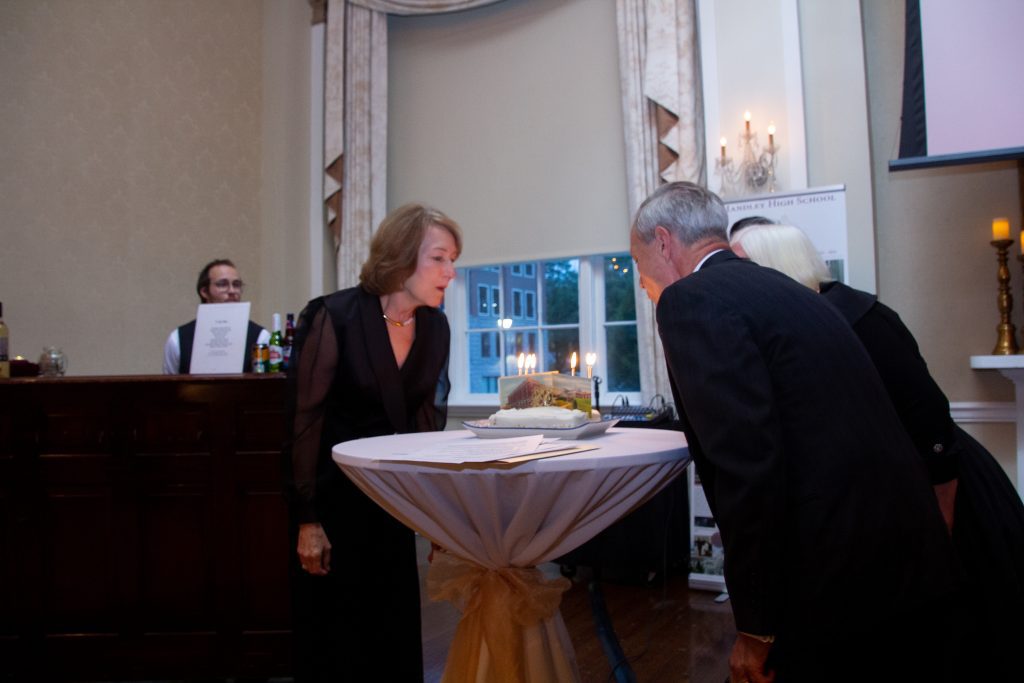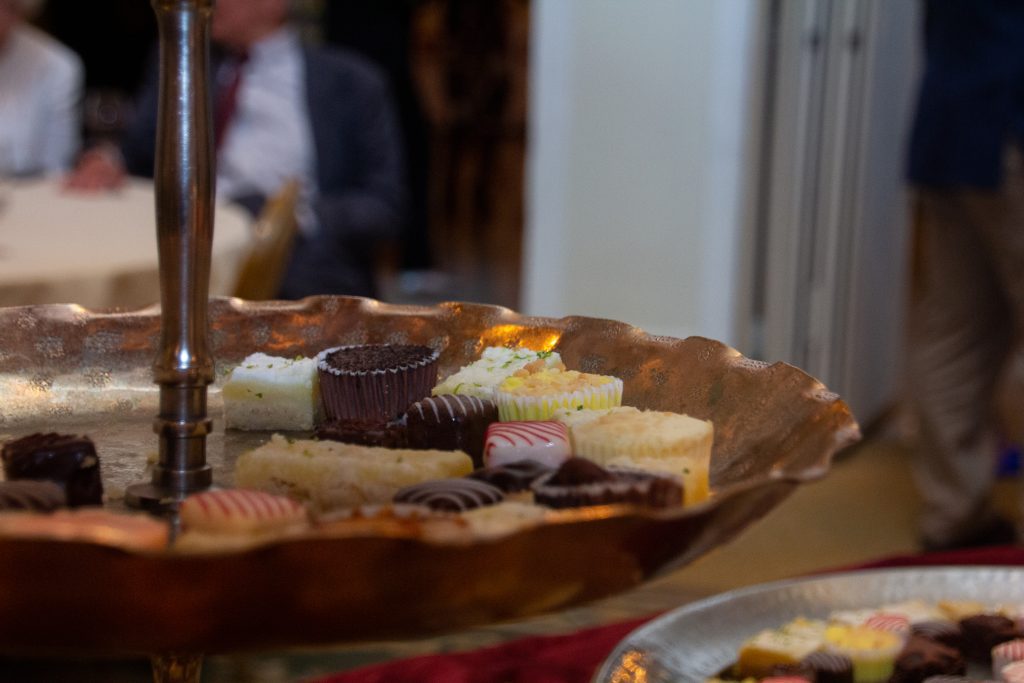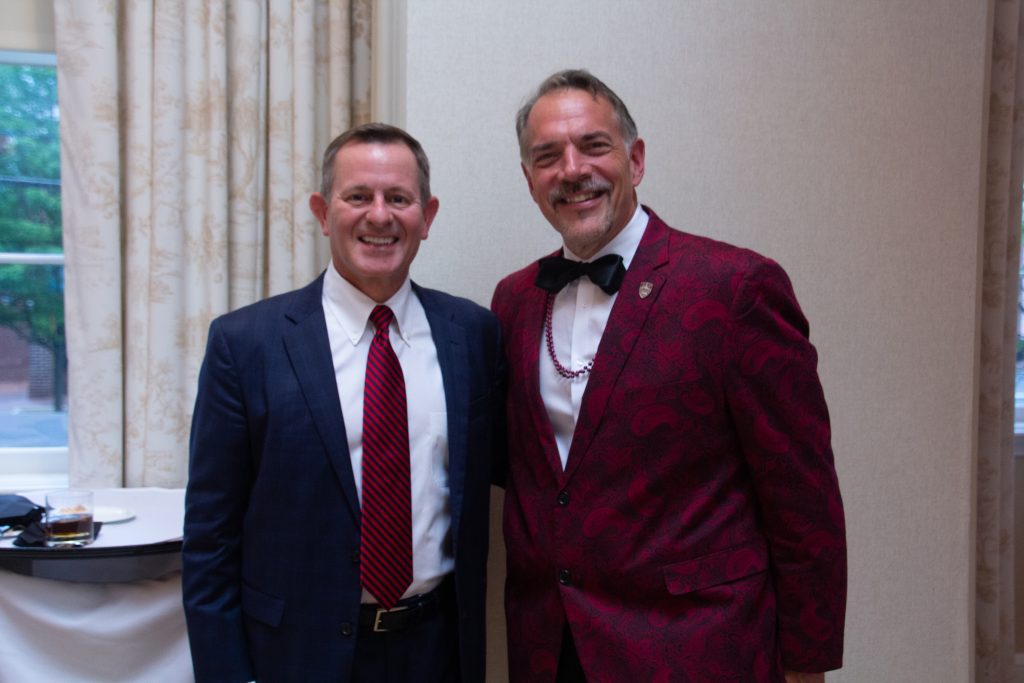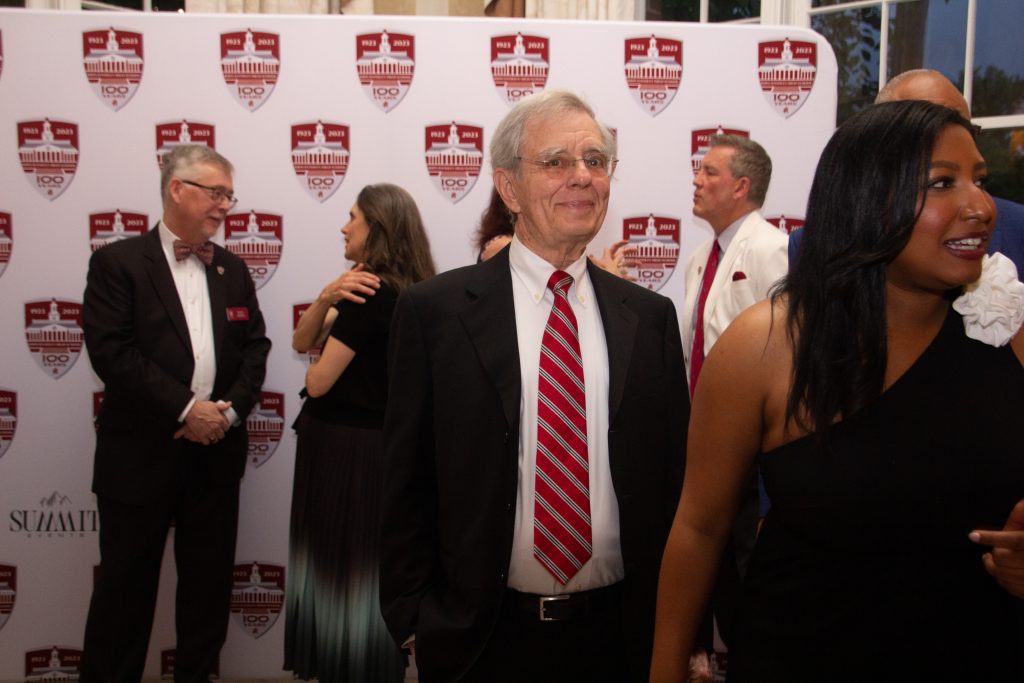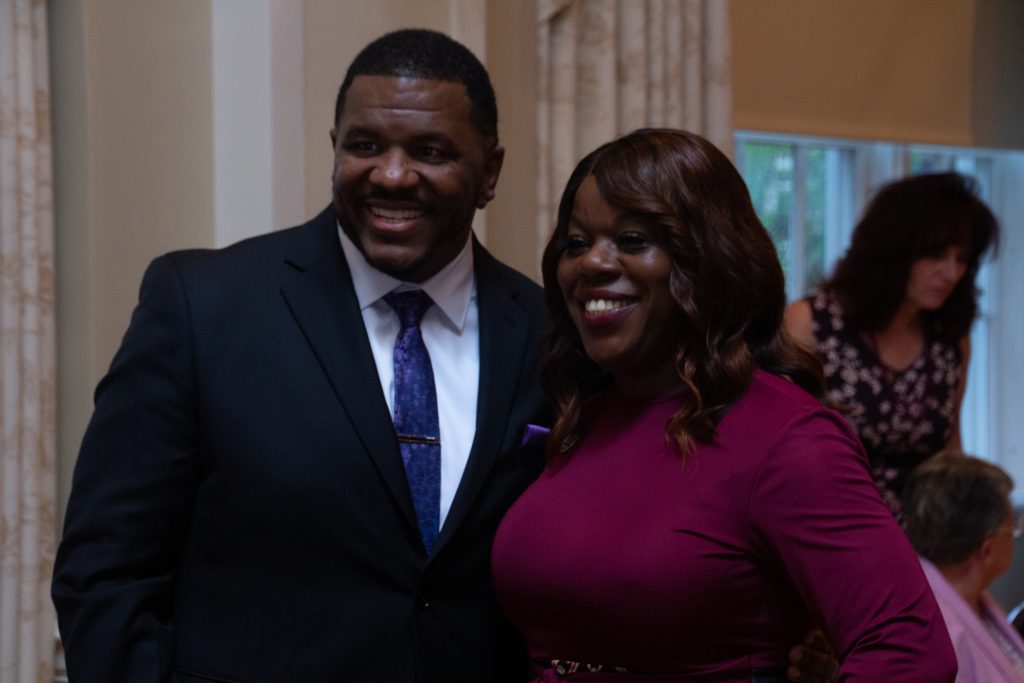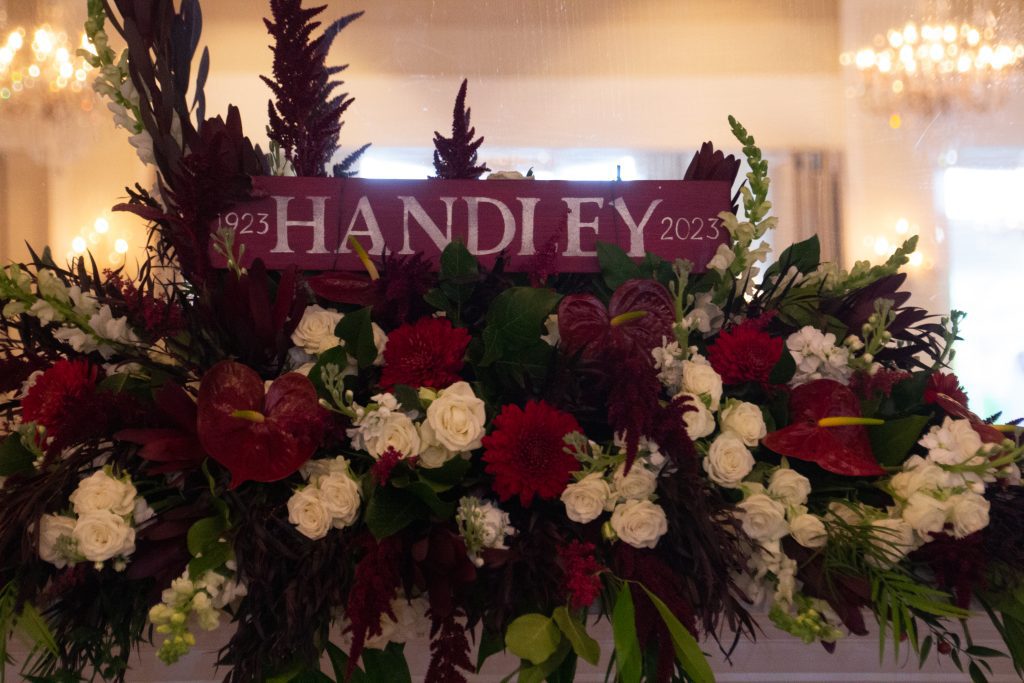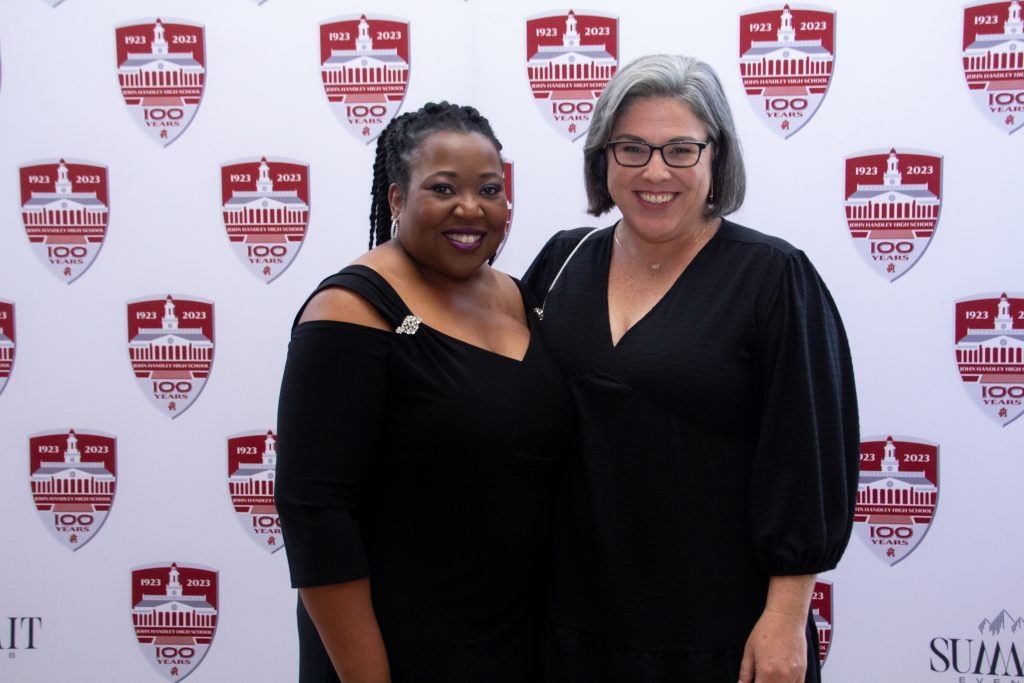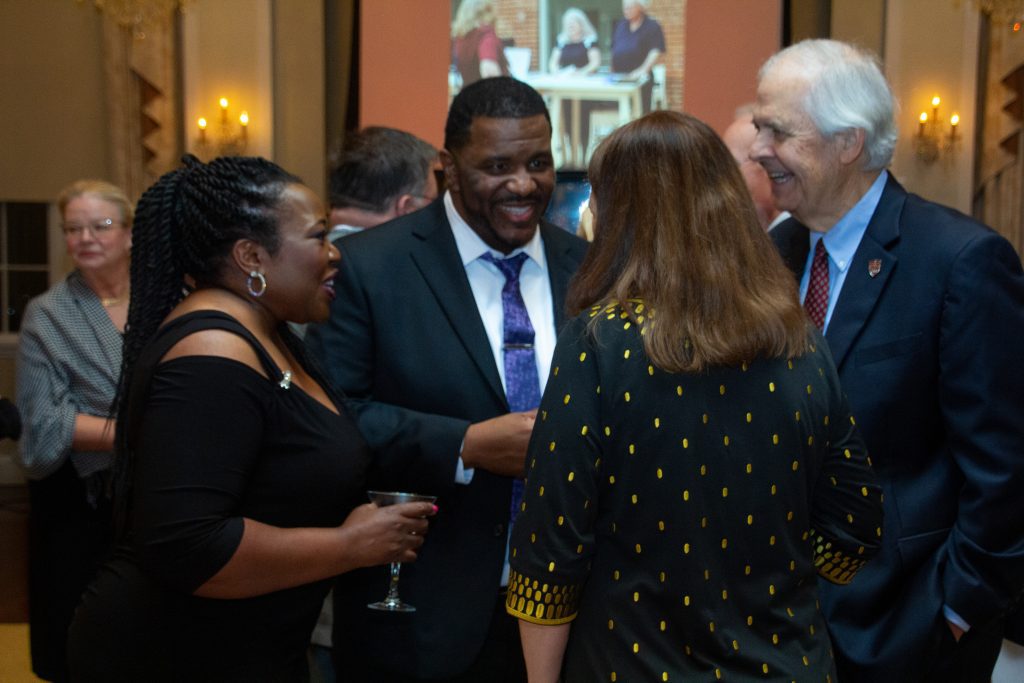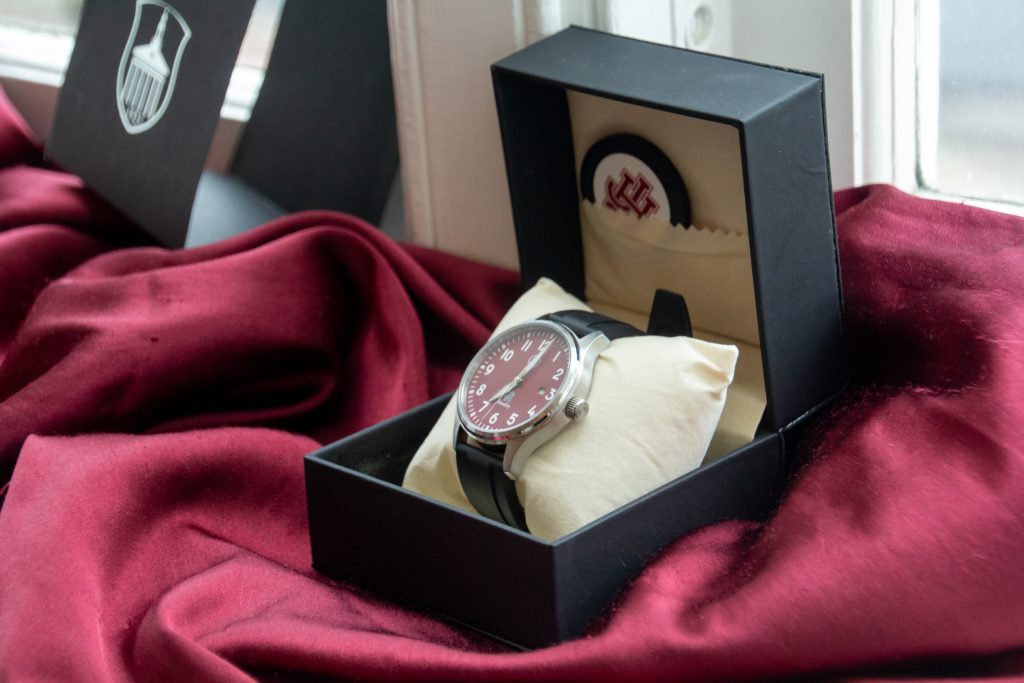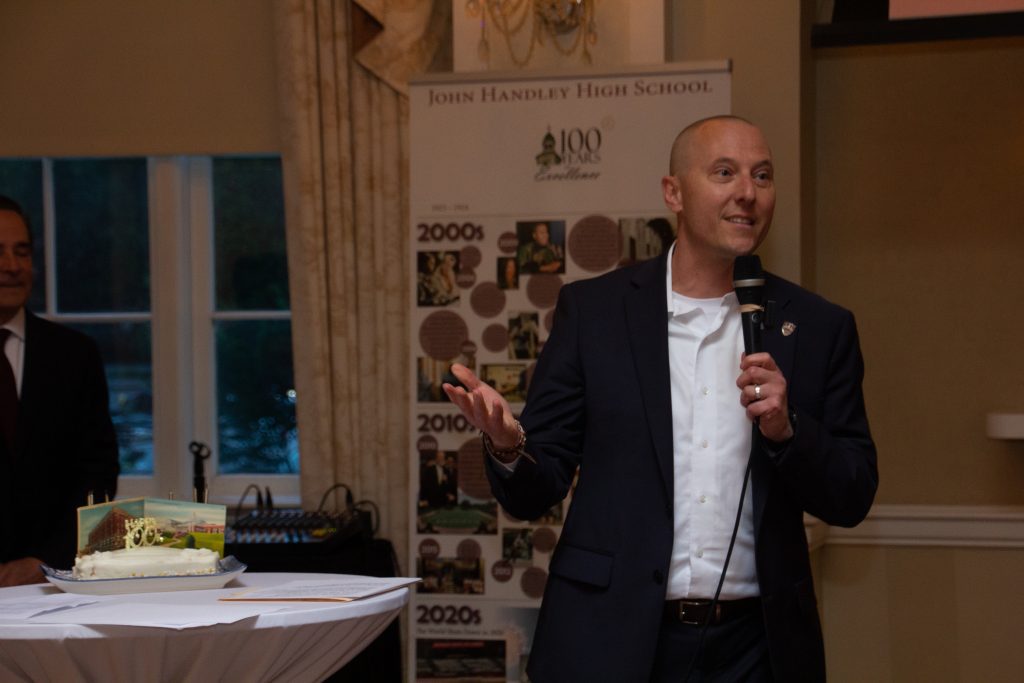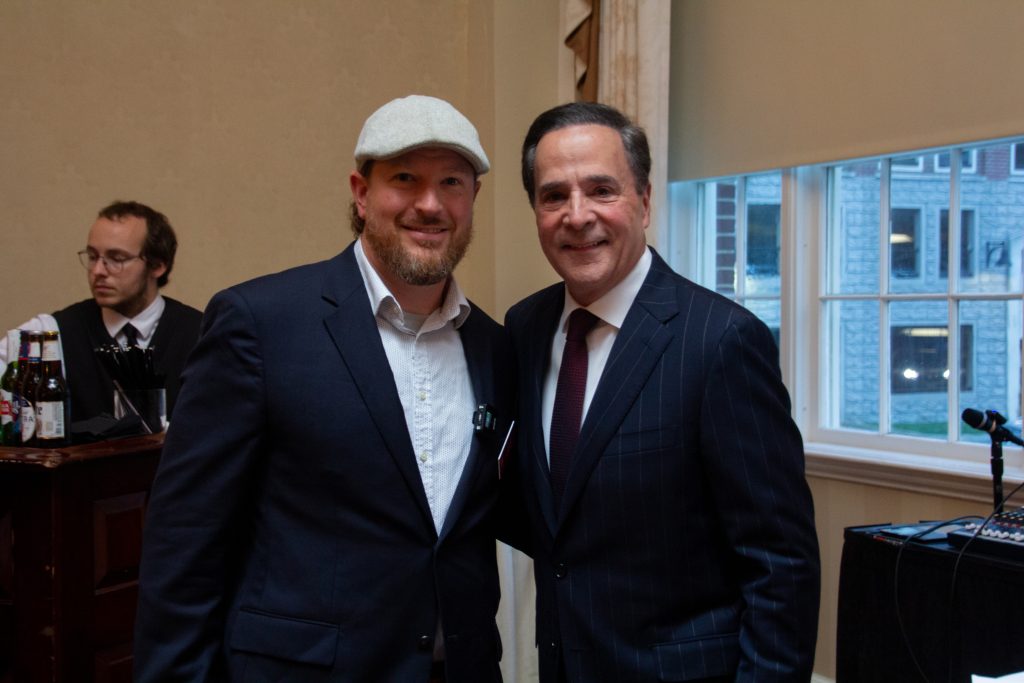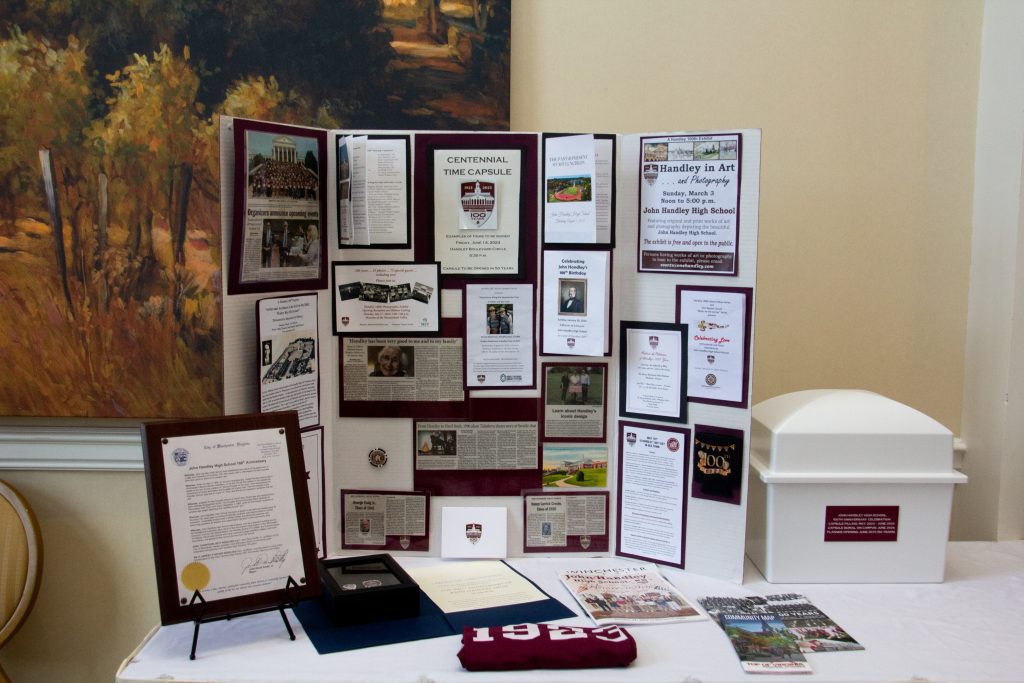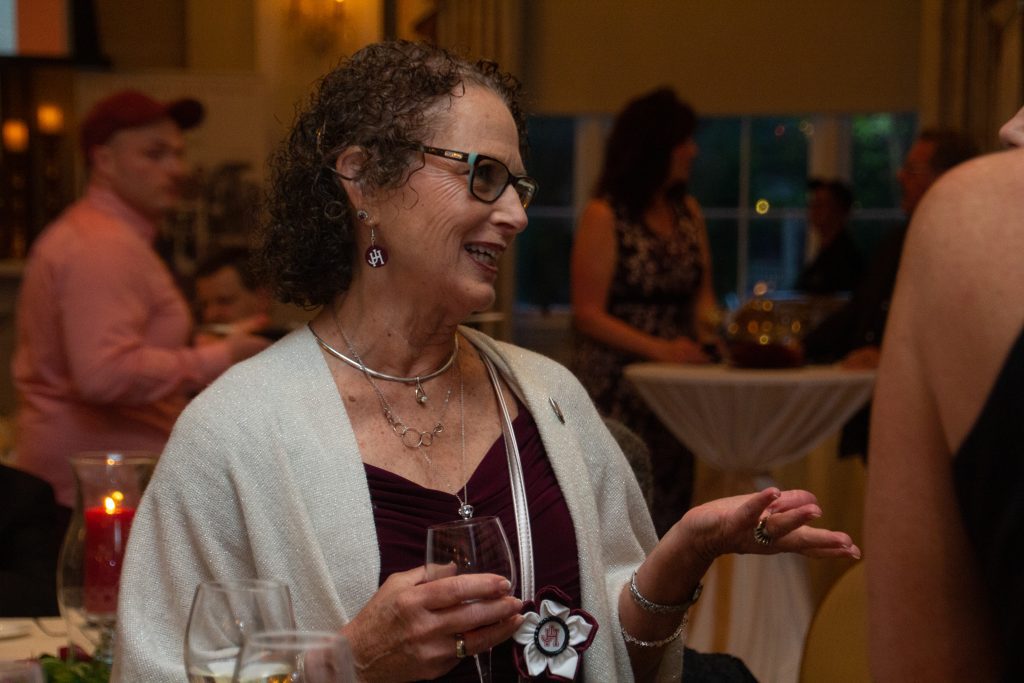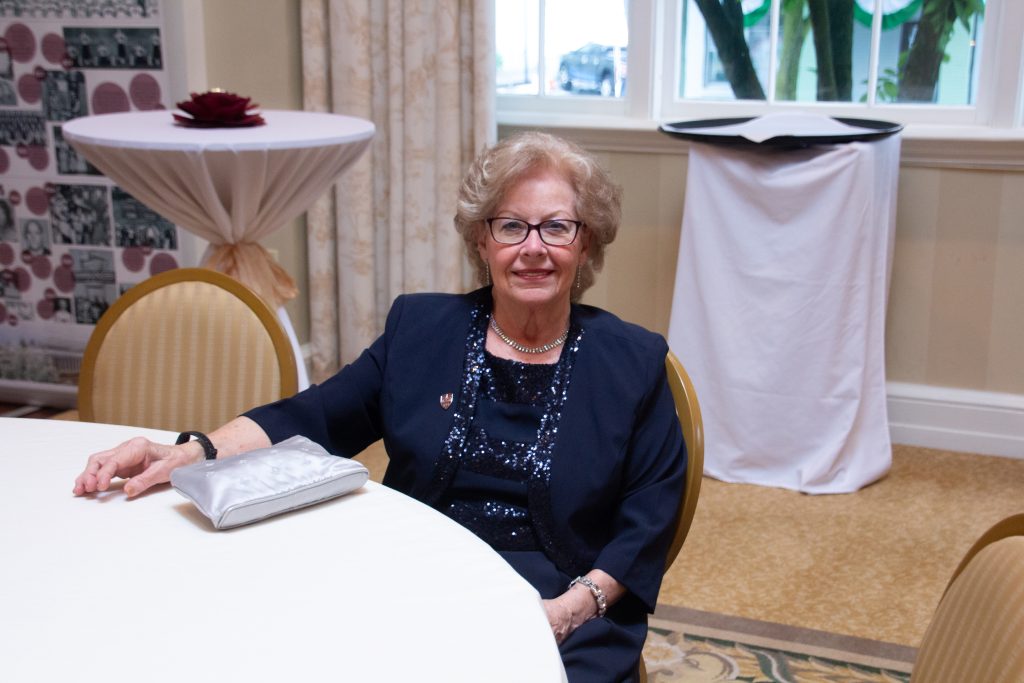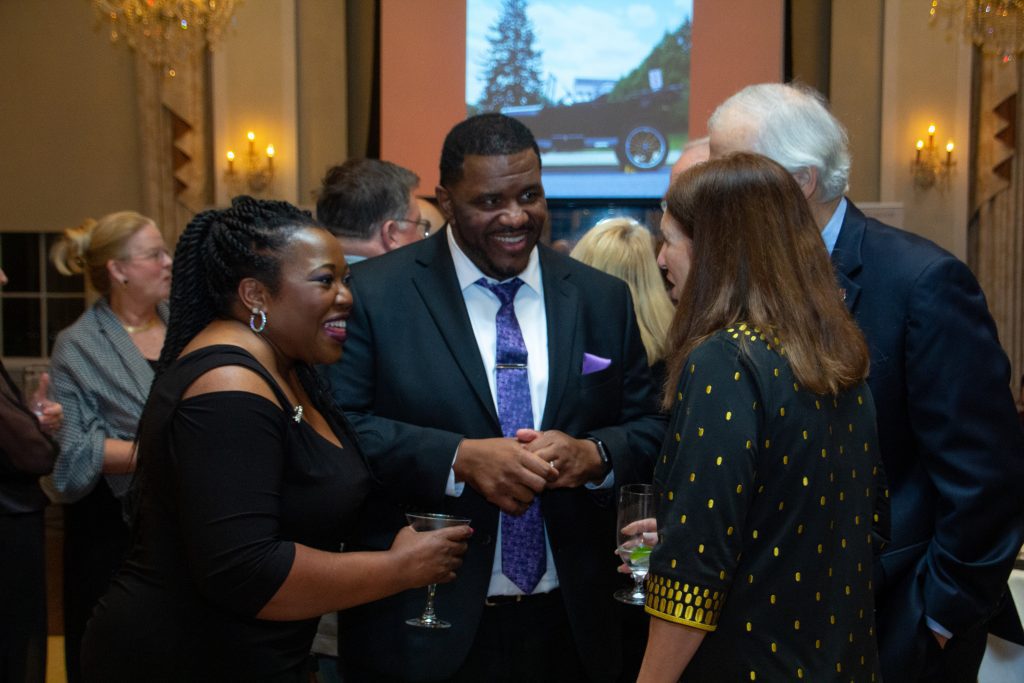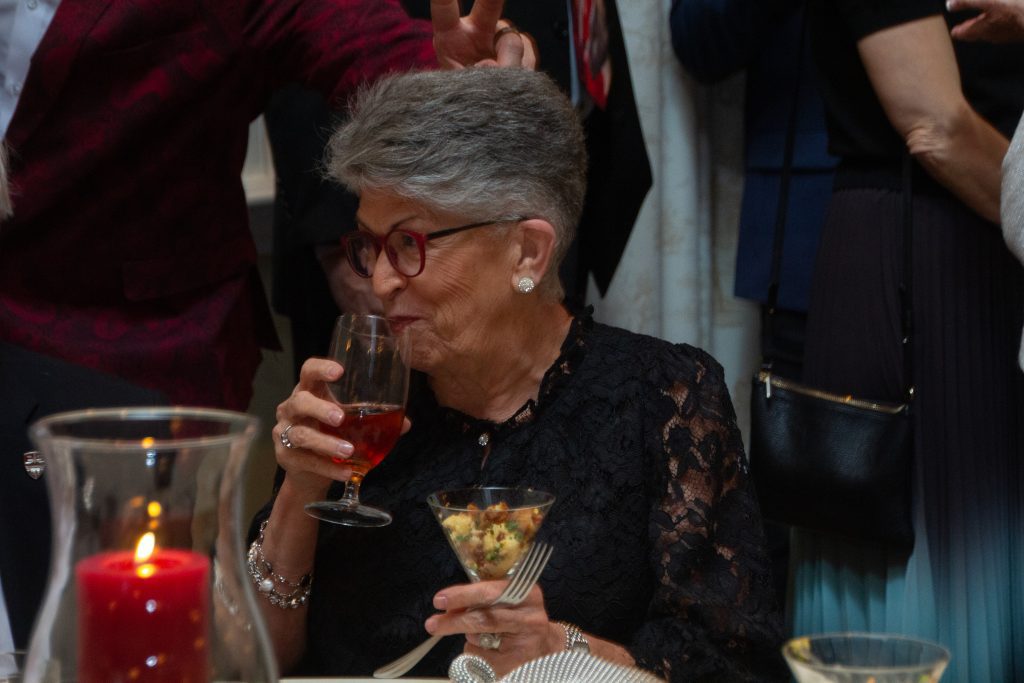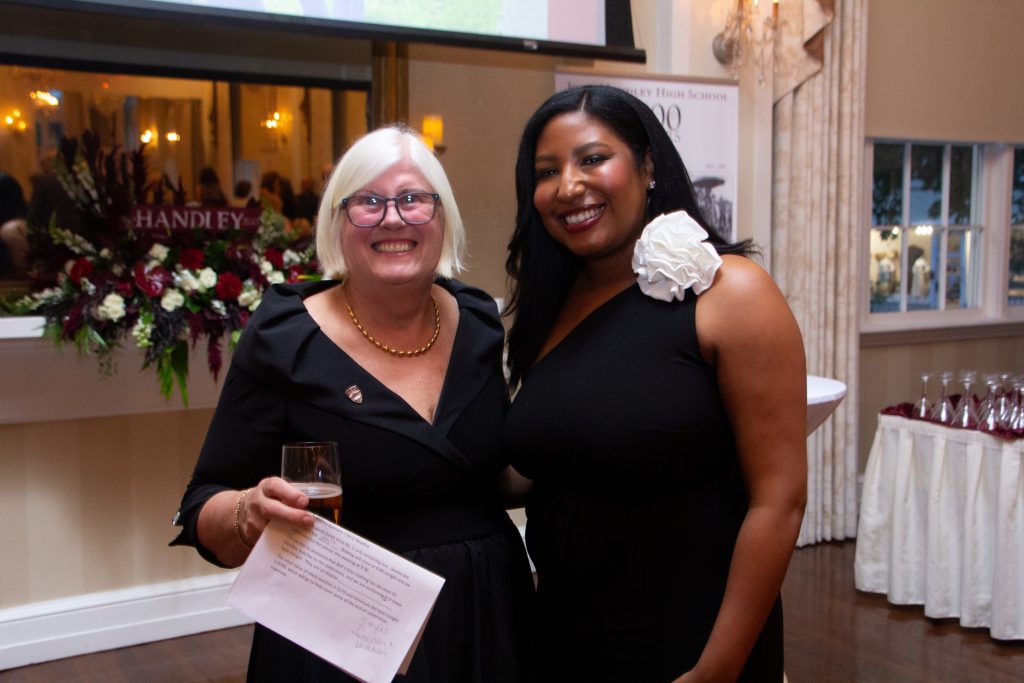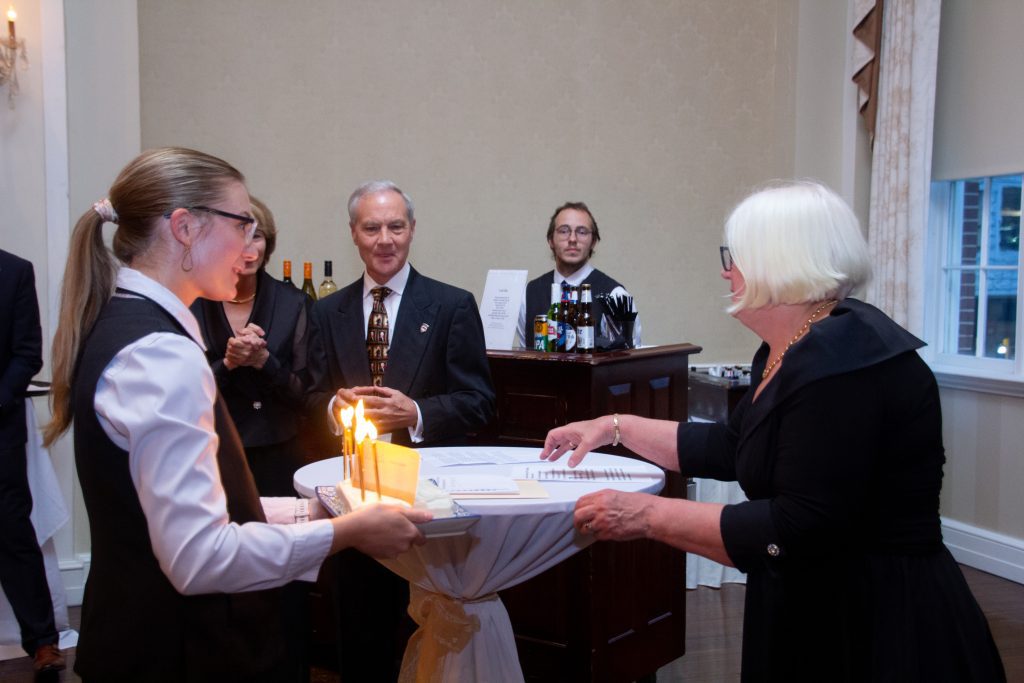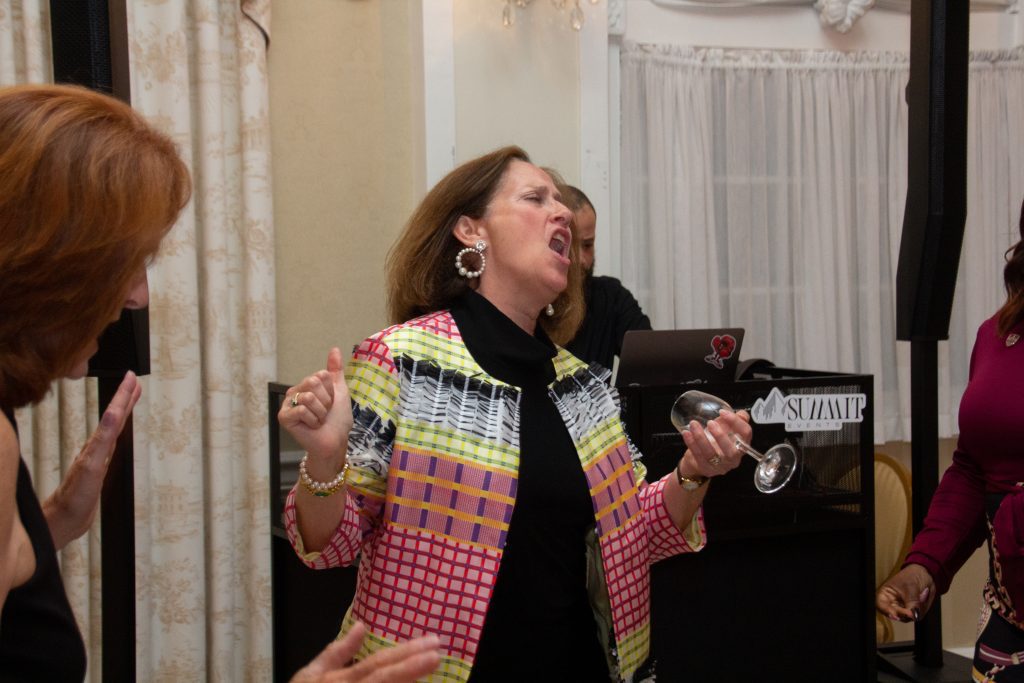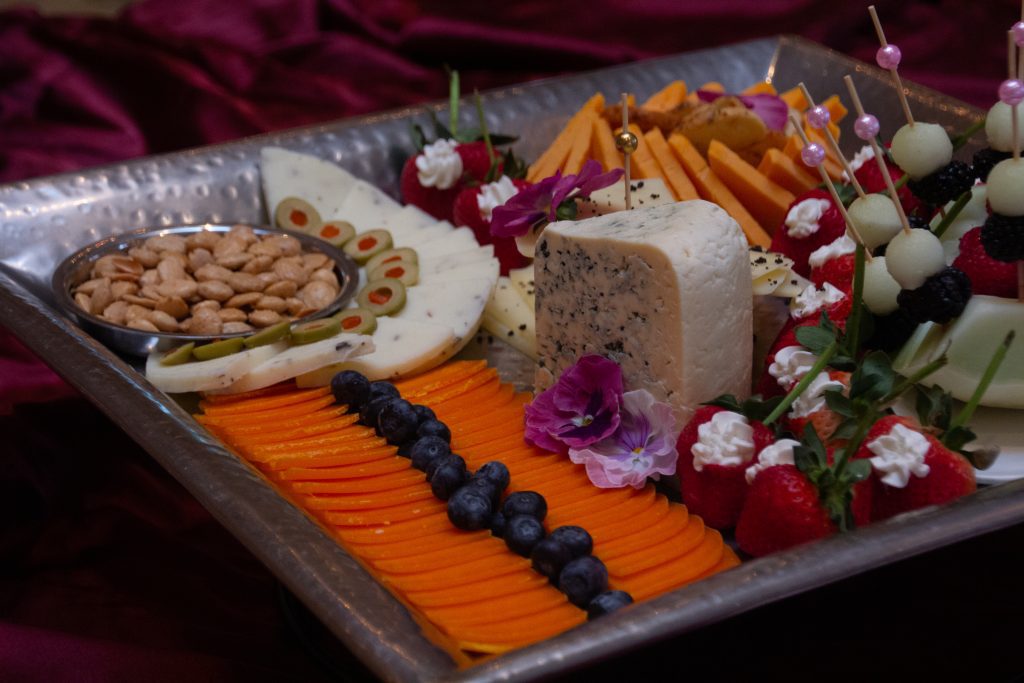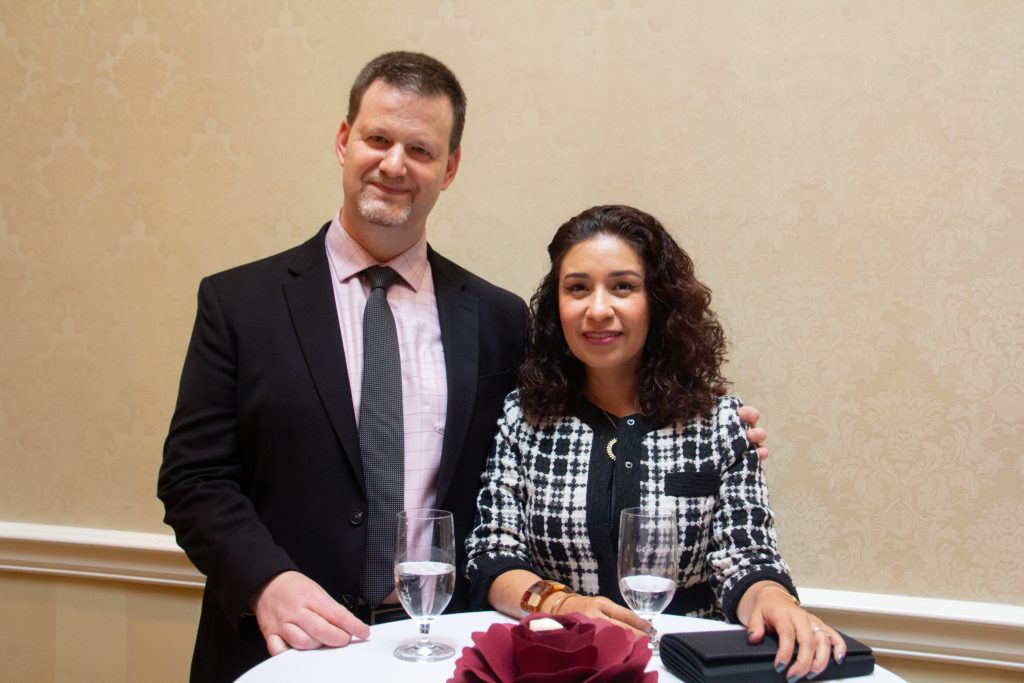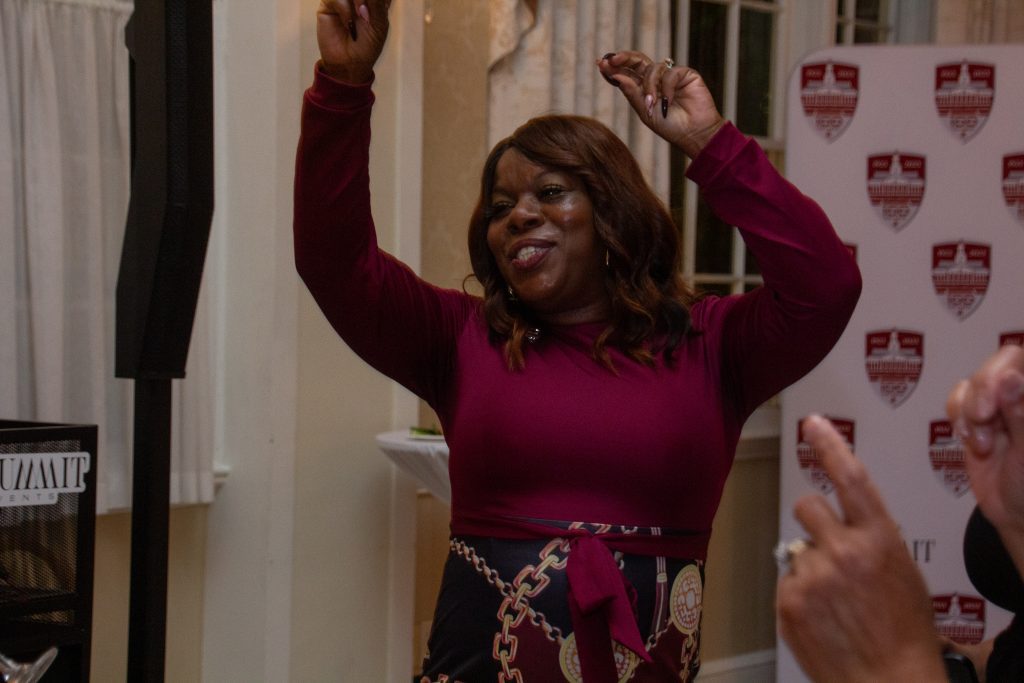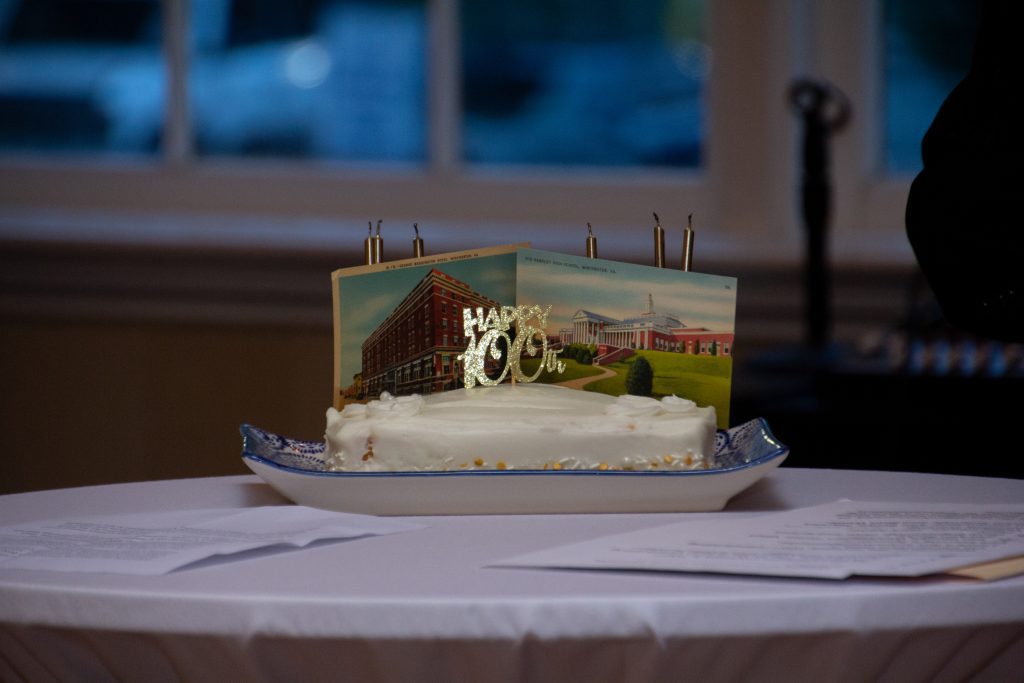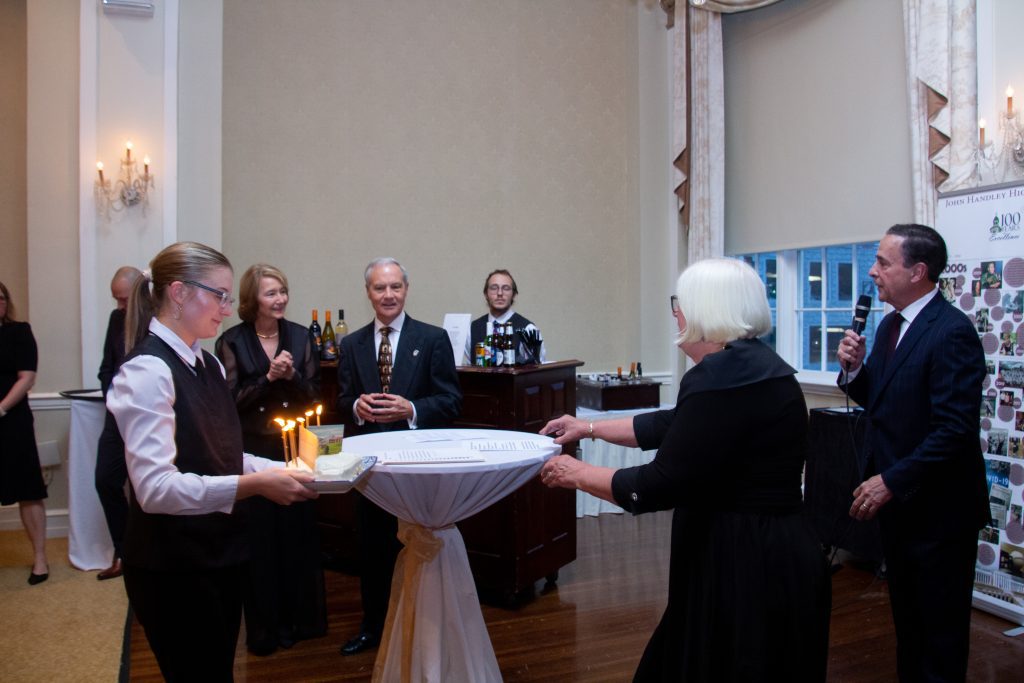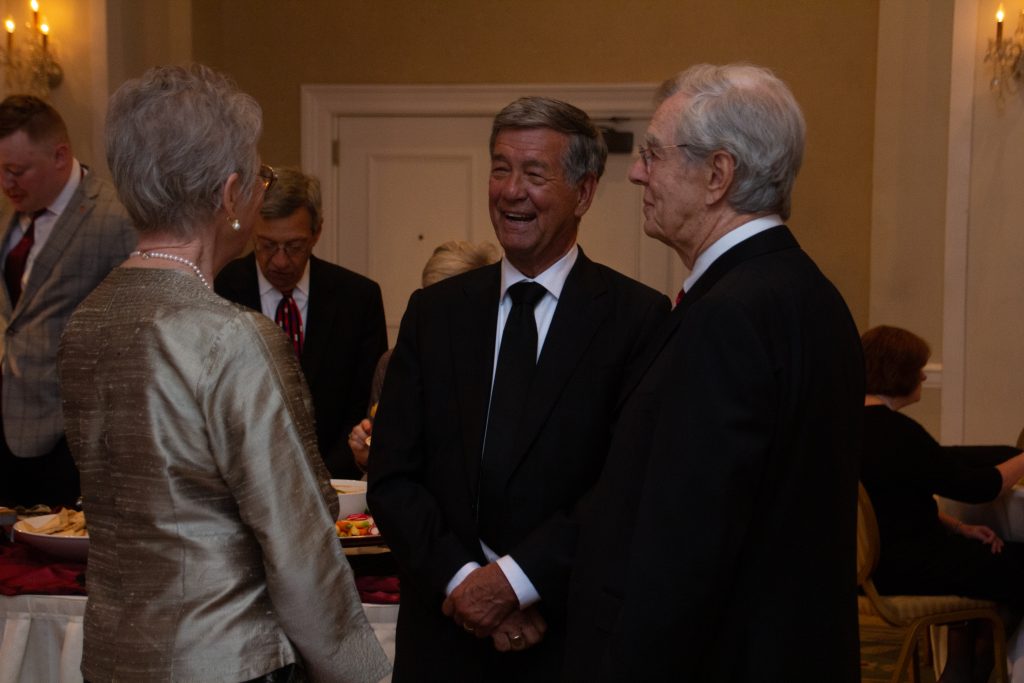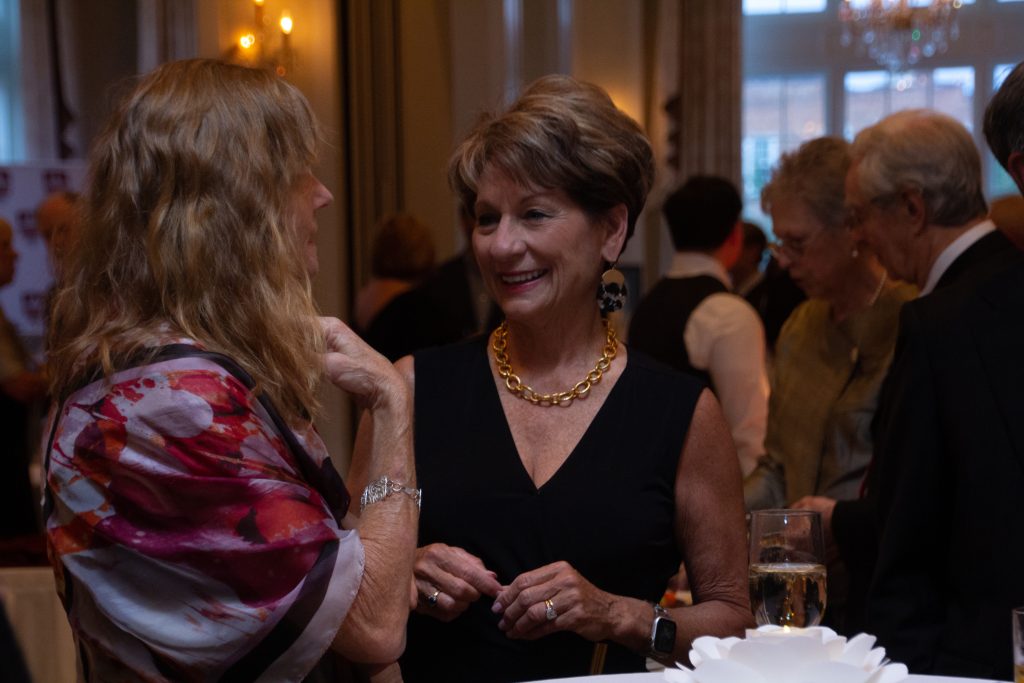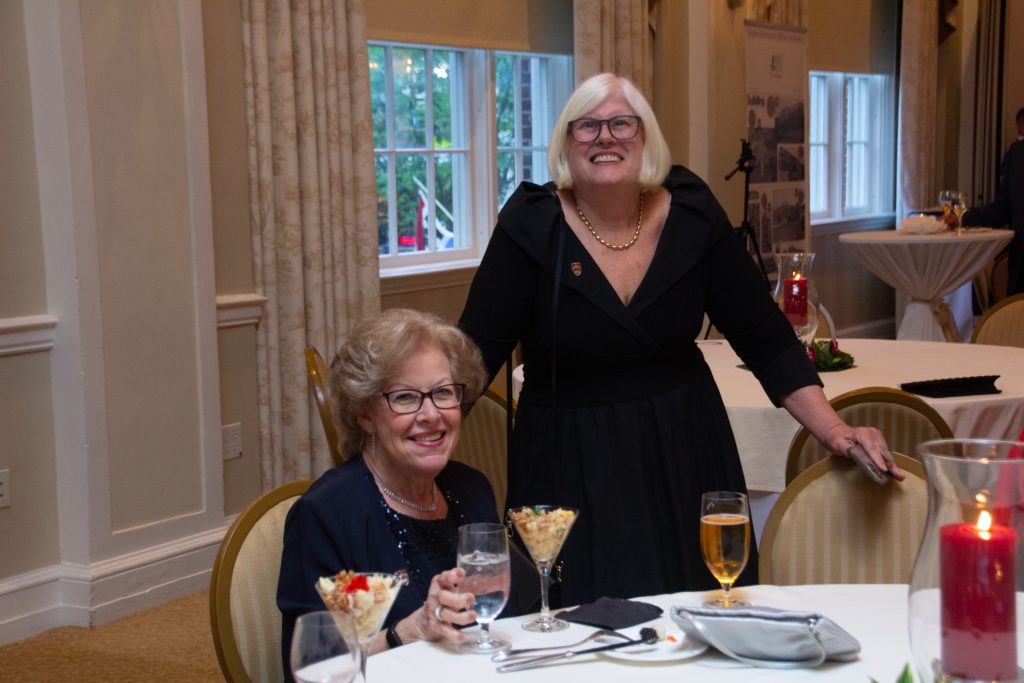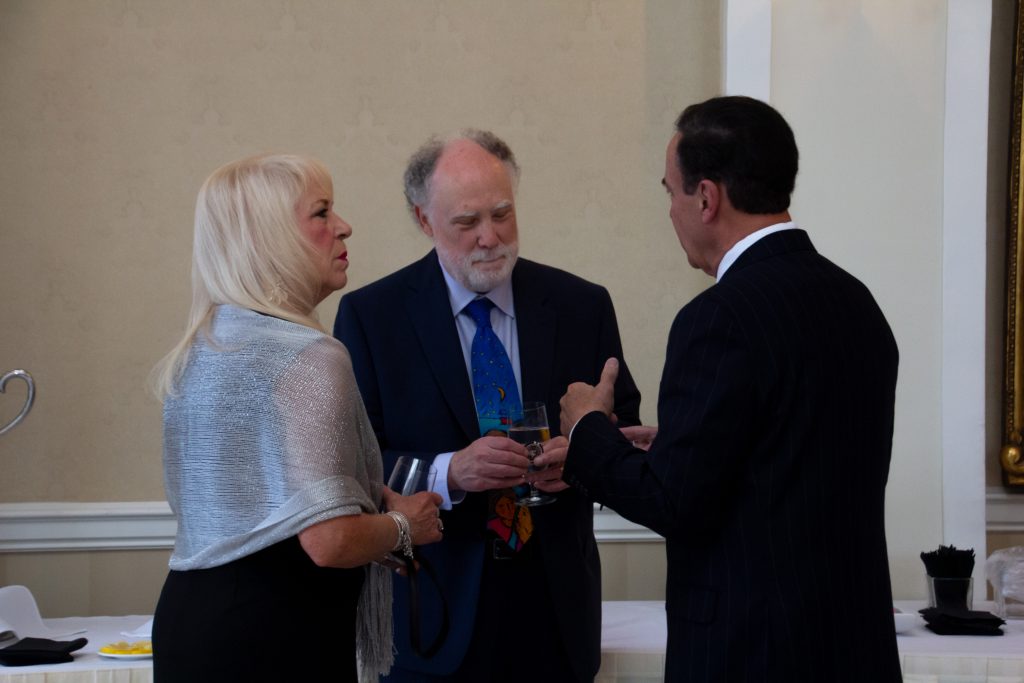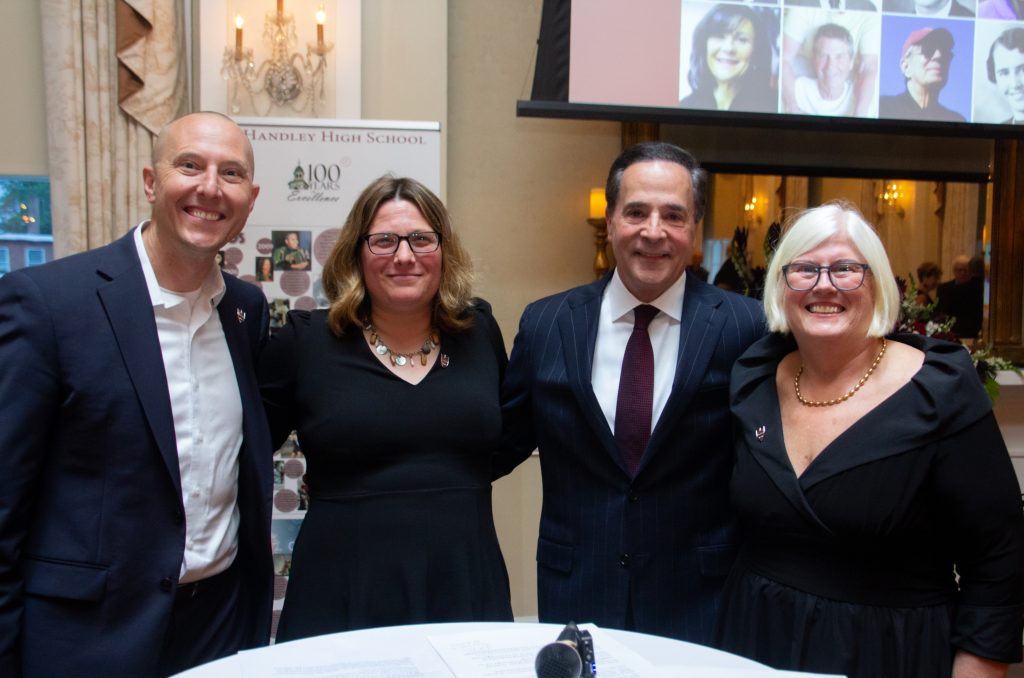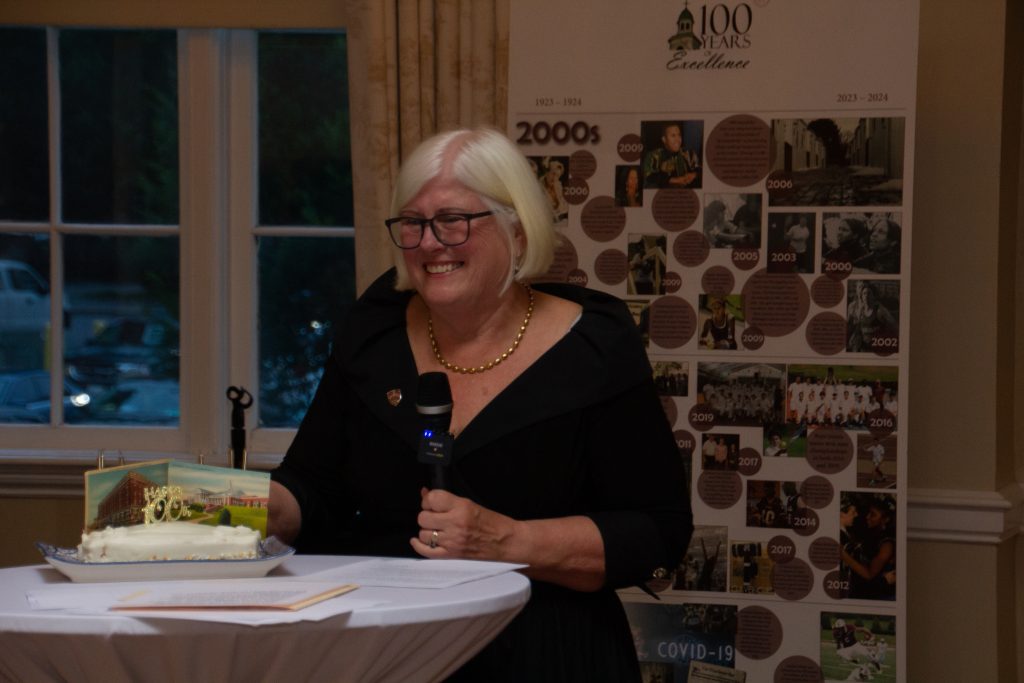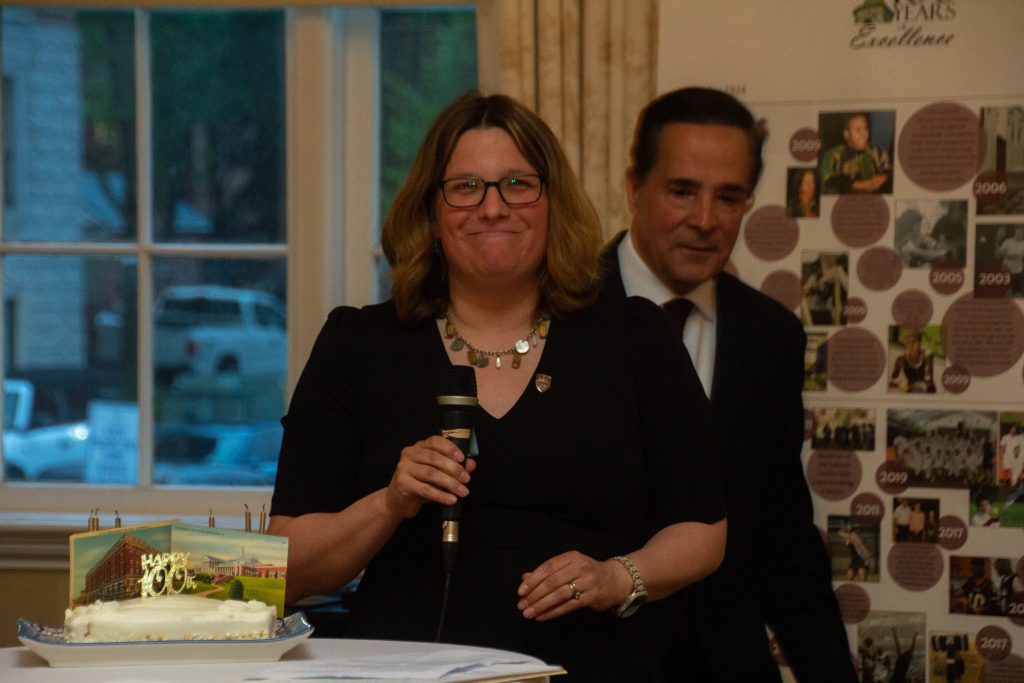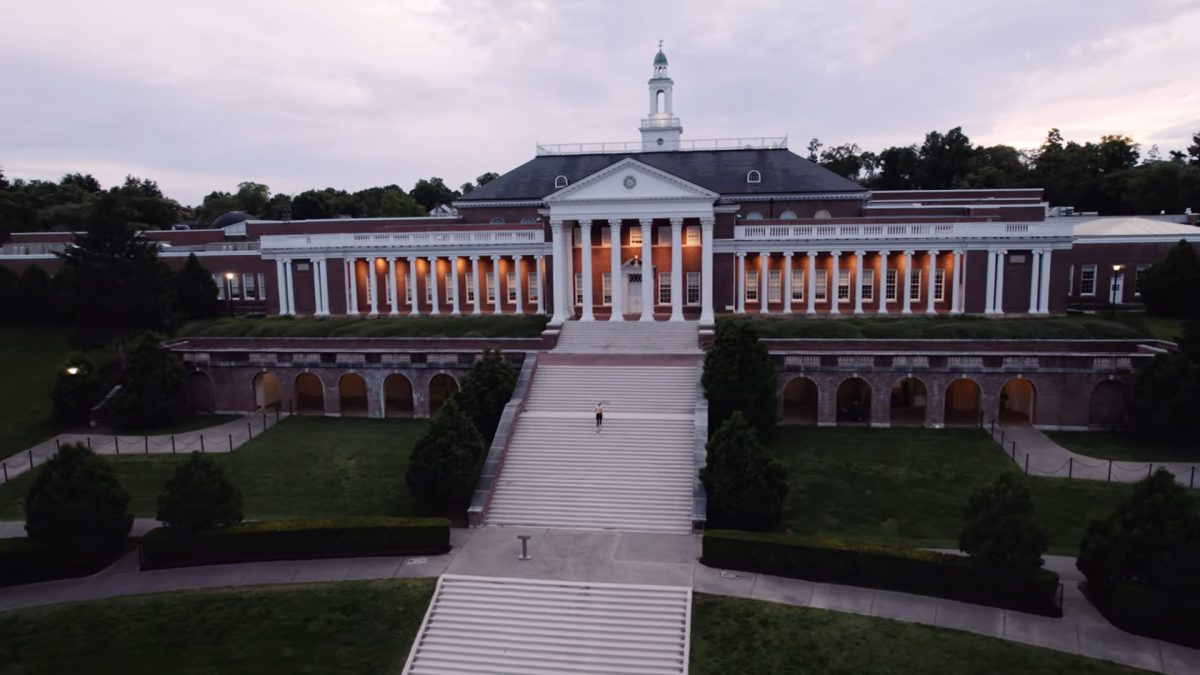
Author: Legacy Synthesis

June 9, 1924
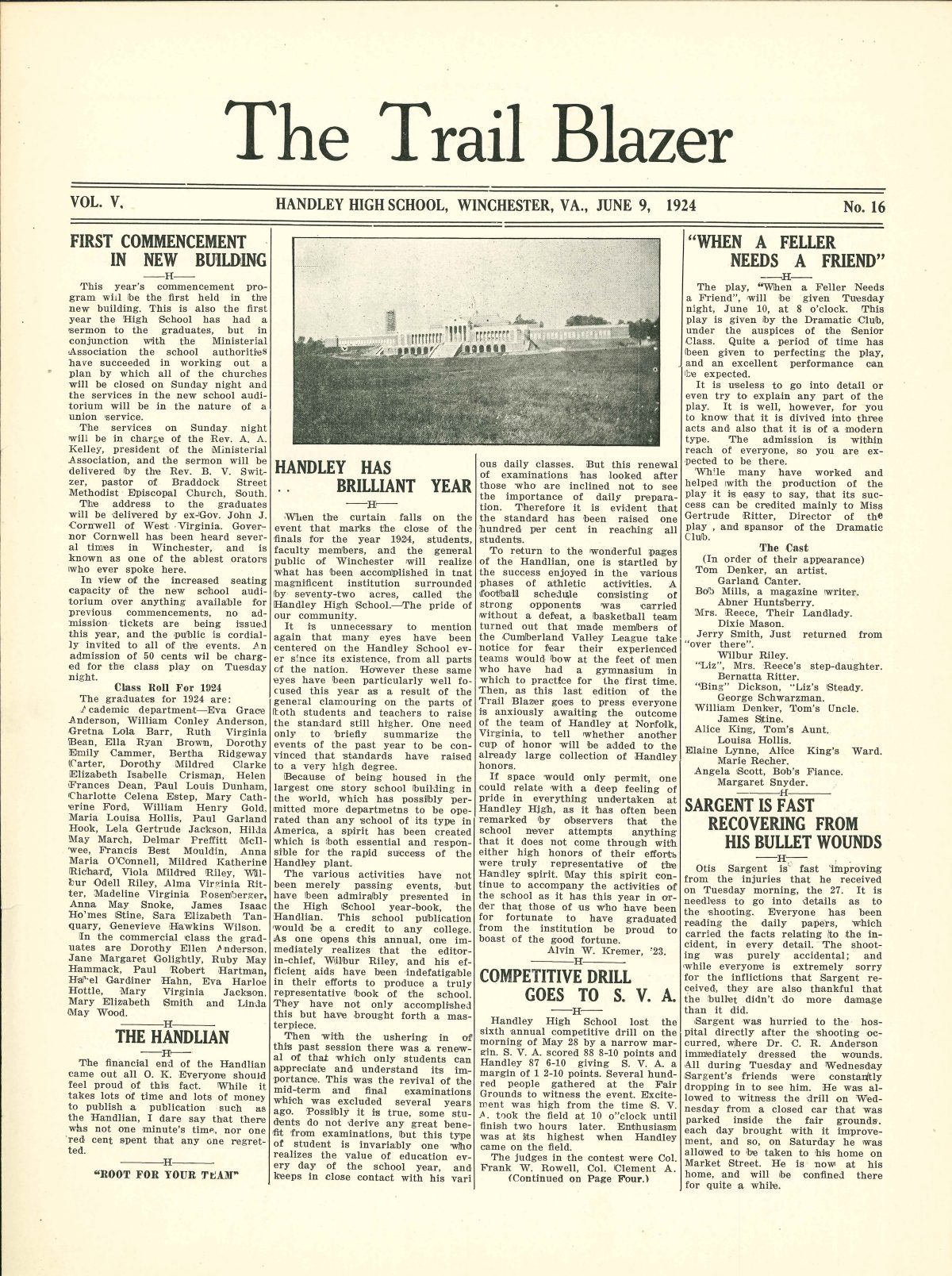
Best if viewed on a desktop computer. Zoom in with your browser.
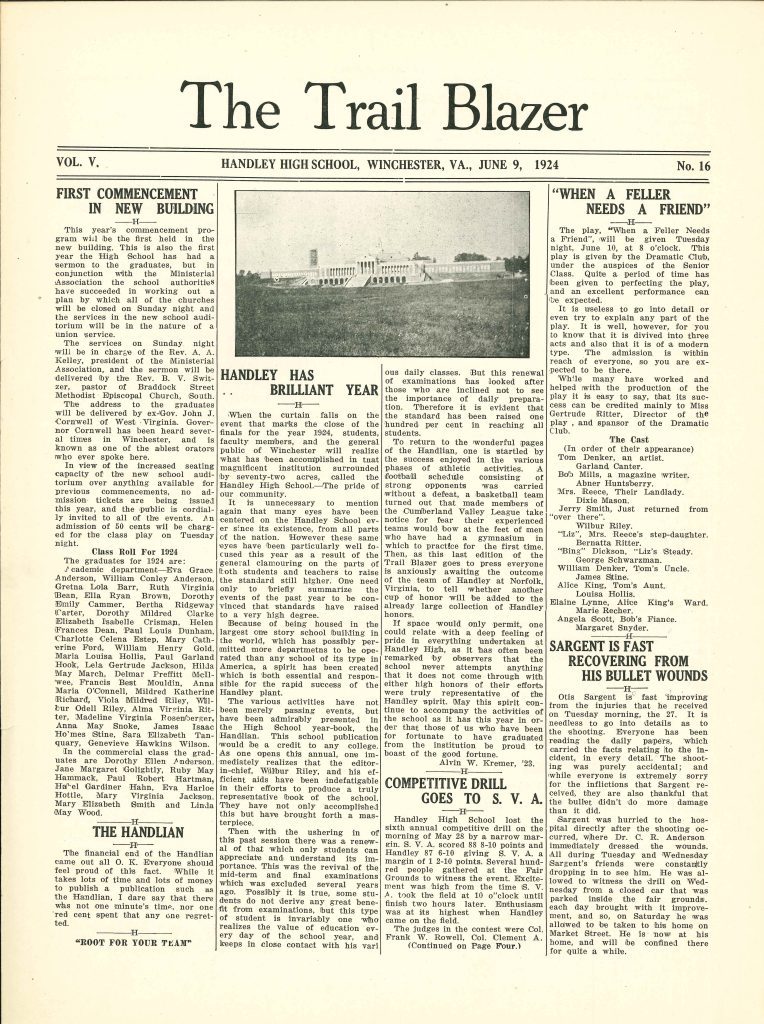
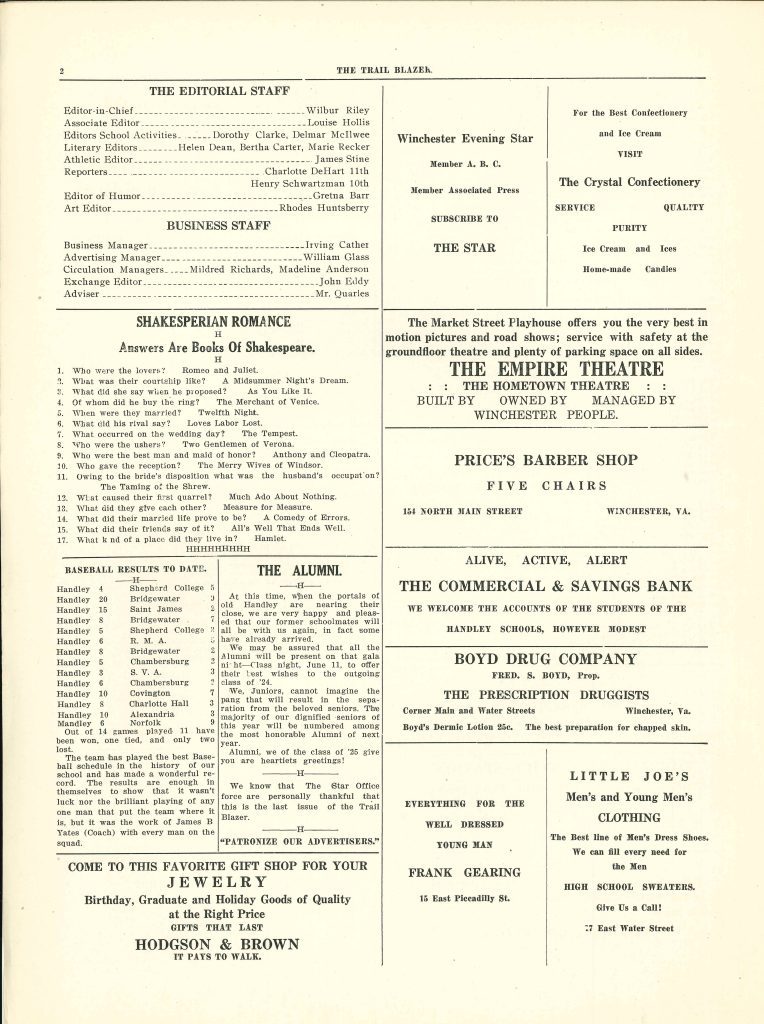
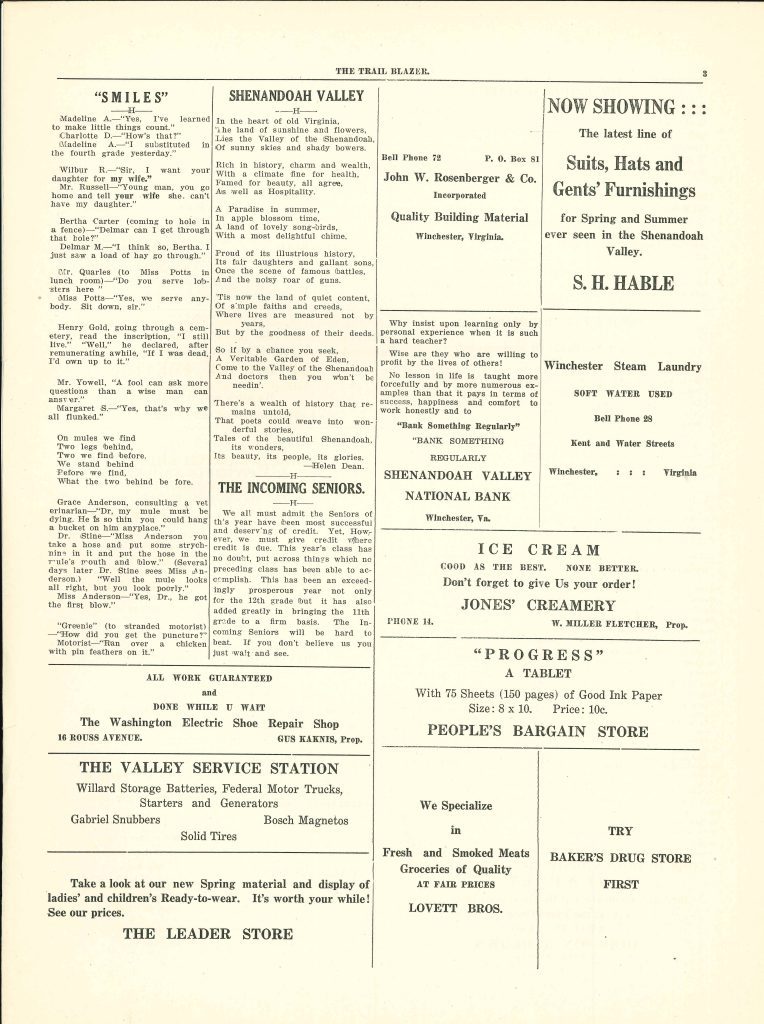
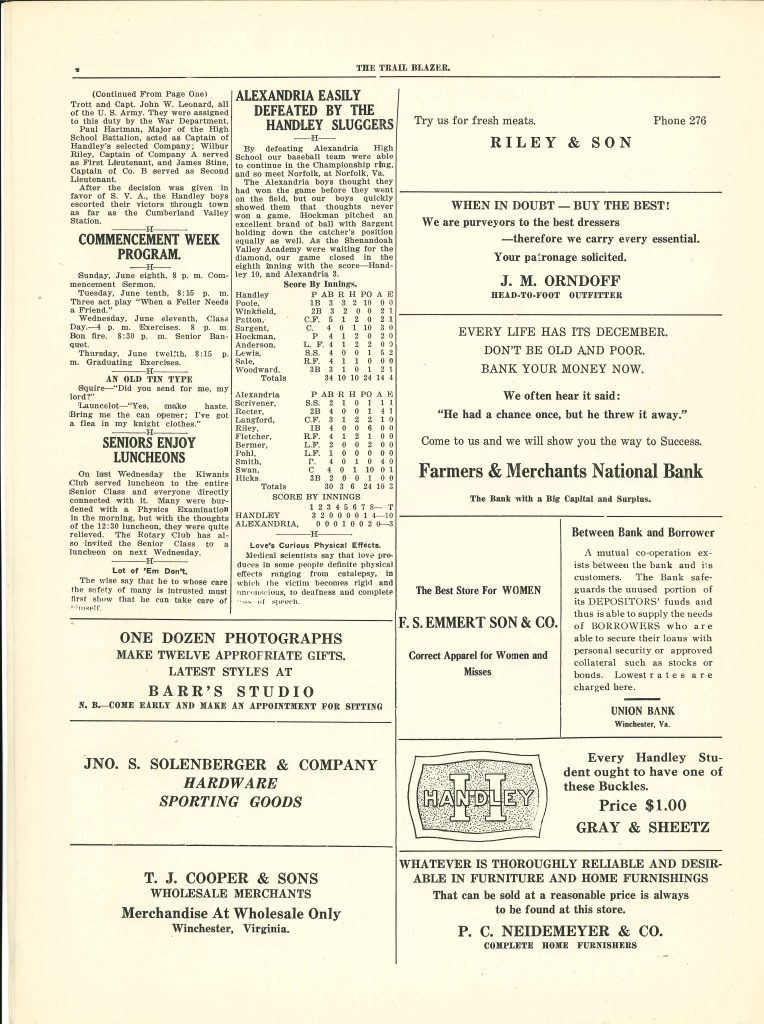
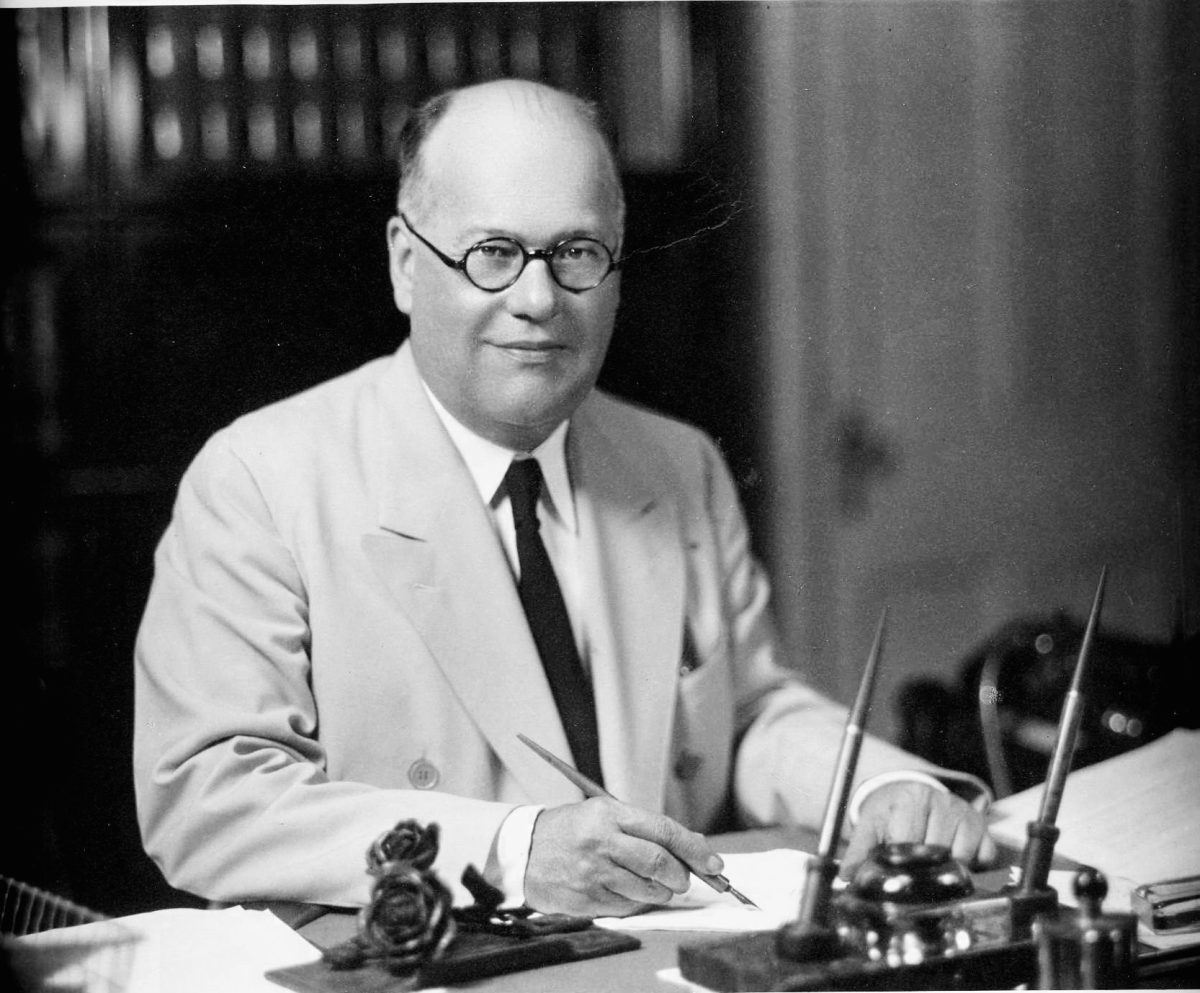
R. Gray Williams was the most influential person in the development and construction of John Handley High School. An attorney, he became the President of the Handley Board of Trustees in 1915 and immediately faced significant challenges.
The executors of John Handley’s will had not completed their work after 20 years. Williams and the Trustees had to take the executors to court in 1916 in order to access the funds for the Handley Foundation schools.
The Handley will established that the money was to be used to educate the poor of Winchester. Williams led the effort to create an independent school district that did not include Frederick County schools.
Local elected officials said there were no poor to educate in Winchester as a result of the strong economy. Williams worked to demonstrate the importance of public education for the entire community.
Unlike John Kerr’s will, Handley’s will did not stipulate the money be used to educate only white children. Powell W. Gibson became the Principal of the school on East Piccadilly Street in 1916 and had the name changed from the Winchester Colored School to the Douglas School that year. Williams and Gibson worked together to improve the educational system for the Black community.
Gray Williams contacted the General Education Board (GEB), part of the John D. Rockefeller Foundation, for advice. The GEB recommended using the Handley trust money in a public – private partnership with public money used to pay for operations and trust money used to build schools and to fund non-traditional programs.
The GEB recommended constructing one large imposing building for white students that would make an impression. It recommended building a significantly smaller school for the Black population as well as hiring a full time superintendent and better paid teachers for a newly created Winchester Public Schools division.
Williams encouraged the GEB to recommend building the school on a large site and to emphasize the need for playgrounds and athletic fields. He had a site in mind: a 72 acre parcel at the south end of Washington Street known as the Equity property. The parcel had been purchased in 1890 by John Handley and, as part of the Handley estate, was owned by the Trustees. John Handley had designated a portion of the property as a school site.
Citizens on the north side of Winchester were opposed to the Equity site. Their children would have to walk all the way across town to a school site that was partially in the county.
With access to the funds and with the recommendations of the GEB, Gray Williams led the effort to build the first Handley Foundation school. In early 1919, he started the largest building project in the history of the city while he addressed a less than supportive city council, a general population reluctant to spend tax dollars for educating “the poor”, citizens on the north side of town objecting to the location of the school, post World War I material shortages coupled with inflation, and the flu epidemic.
In the fall of 1923, the Handley School opened with Winchester students in elementary, junior high and senior high programs housed in the same building. The endowed public school was truly unique.
R. Gray Williams was President of the Handley Board of Trustees for 25 years. He led the Board through the building of the Handley School. Four years later he led the Board through the building of the Douglas School that was followed by the building of the Virginia Avenue Elementary School on the north side of town.
Charles Manuel Zuckerman ’42
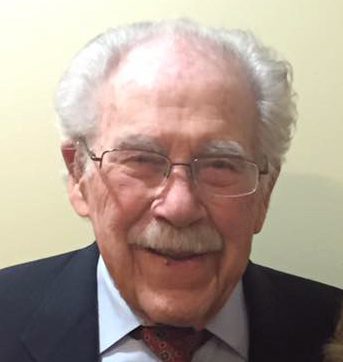
Charles Zuckerman was one of eight children born to Louis and Celia Zuckerman. Russian immigrants, they came to Winchester in 1917 to open a scrap metal business that became known as L. Zuckerman and Sons.
Anticipating military service, Charlie Zuckerman and Doug Butler, a fellow graduate of Handley’s Class of 1942, started the Handley Military Squad and scheduled drill time at the Winchester Armory. Charlie entered the United States Army Air Corps in January 1943. All five Zuckerman brothers (Joseph, Samuel, Irvin, Charles, and Aaron) served in World War II.
Charlie returned to work in the family business and, in 1948, married Virginia Franklin, a nurse from Monroe, Virginia. Charlie and Jenny raised 6 children and were happily married for 72 years.
In January 1949, the Lions Club hosted a blood drive. Charlie Zuckerman was asked to donate blood and to join the club. He did both.
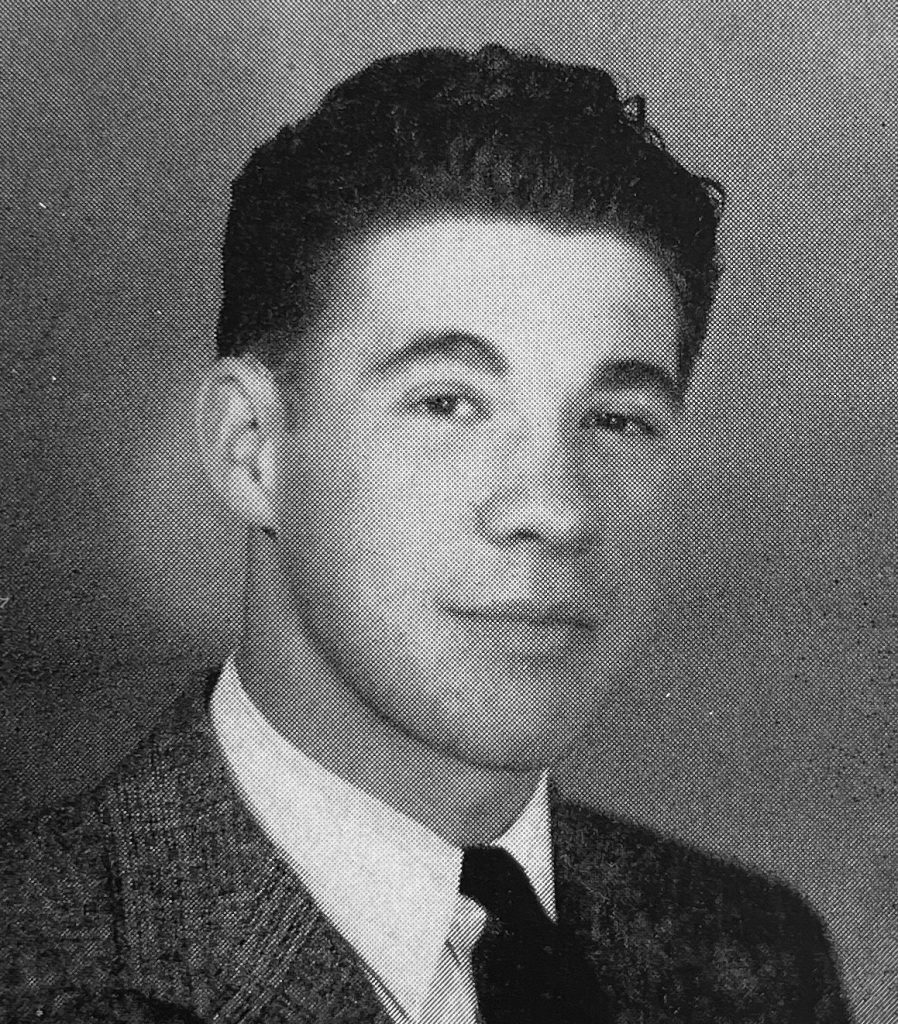
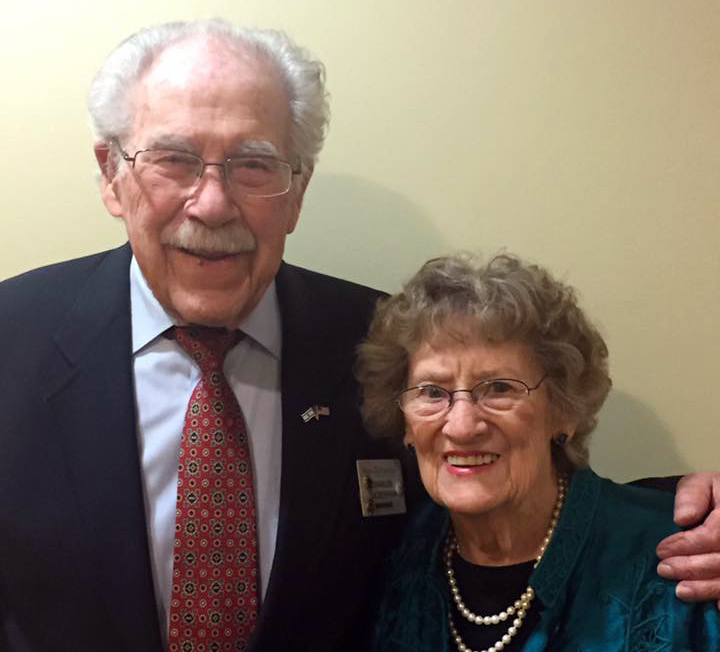
He was a faithful member of the Winchester Host Lions Club for 67 years. During the Shenandoah Apple Blossom Festival, he and fellow Lions helped keep the floats moving during the Grand Feature Parade. The only years he did not help with the parade were the years he was mayor and rode in the parade, once on an elephant, to wave at spectators.
He was Chair of the American Red Cross and a Mega Blood Donor. He donated blood for over 60 years until a medical diagnosis forced him to stop in his 80s. His final tally was more than 300 donations for a total of 38 gallons. Once asked him why he gave blood so faithfully, he responded, “Because it’s the right thing to do.” Even when he could no longer donate, he helped on blood donation days and let donors know their gift was appreciated.
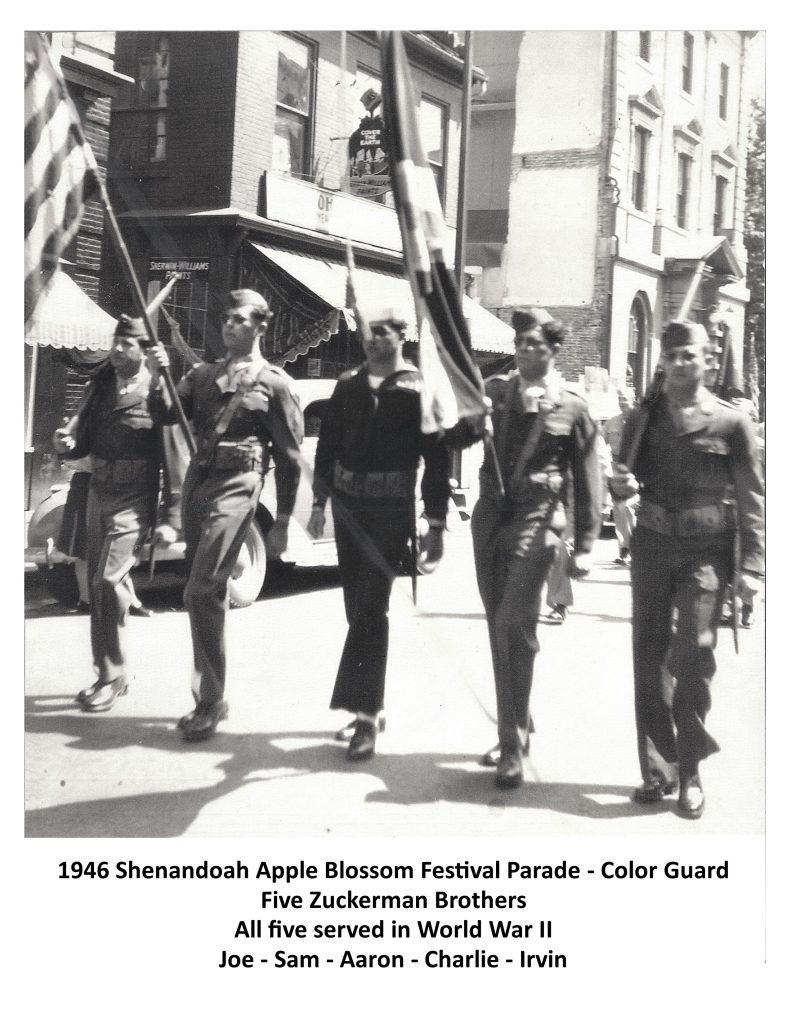
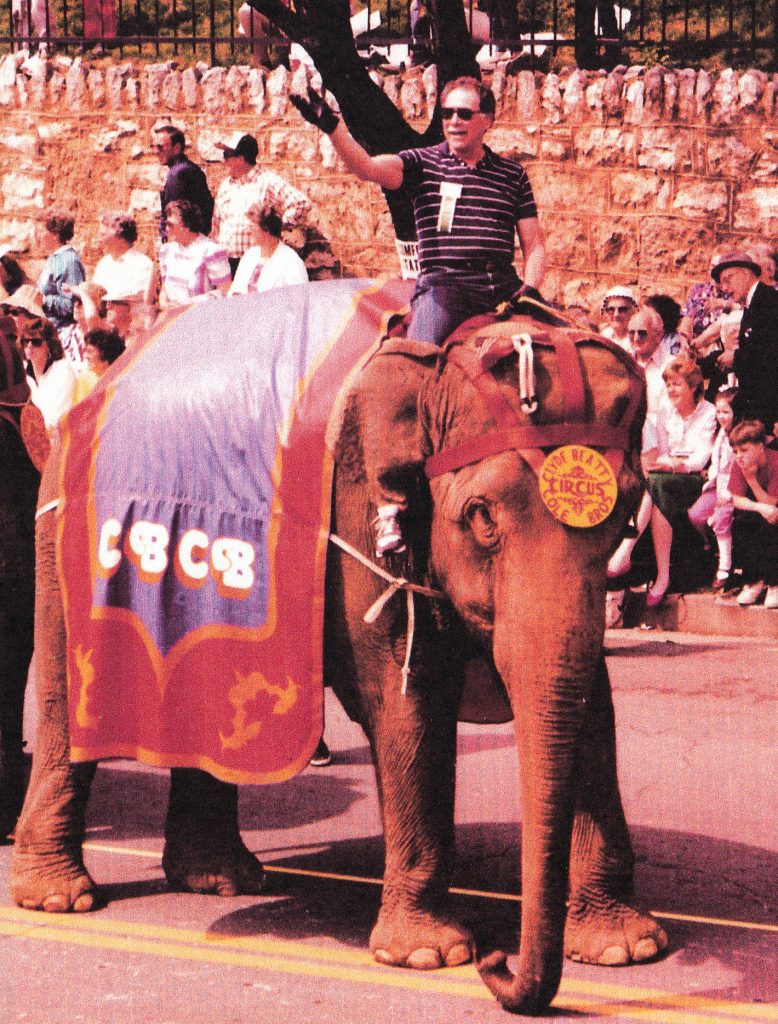

The Zuckermans along with several other families helped establish the Beth El Congregation’s synagogue on Fairmont Avenue in the mid 1950s. The renovation of Beth El’s education wing was largely due to the generosity of the Zuckermans.
Charlie served 14 years on city council before being elected in 1980 for 2 terms as Mayor. He earned a reputation as an open-minded leader who worked to build consensus and strengthen the community. Russ Potts said, “One of his great strengths was working in a bipartisan fashion. You always knew with him that he would do the right thing.”
Charlie made his living first by working in his father’s business as a purchasing agent. He opened his own steel and fabricating business in 1974 and retired as President of Charles Zuckerman and Son in 1989.
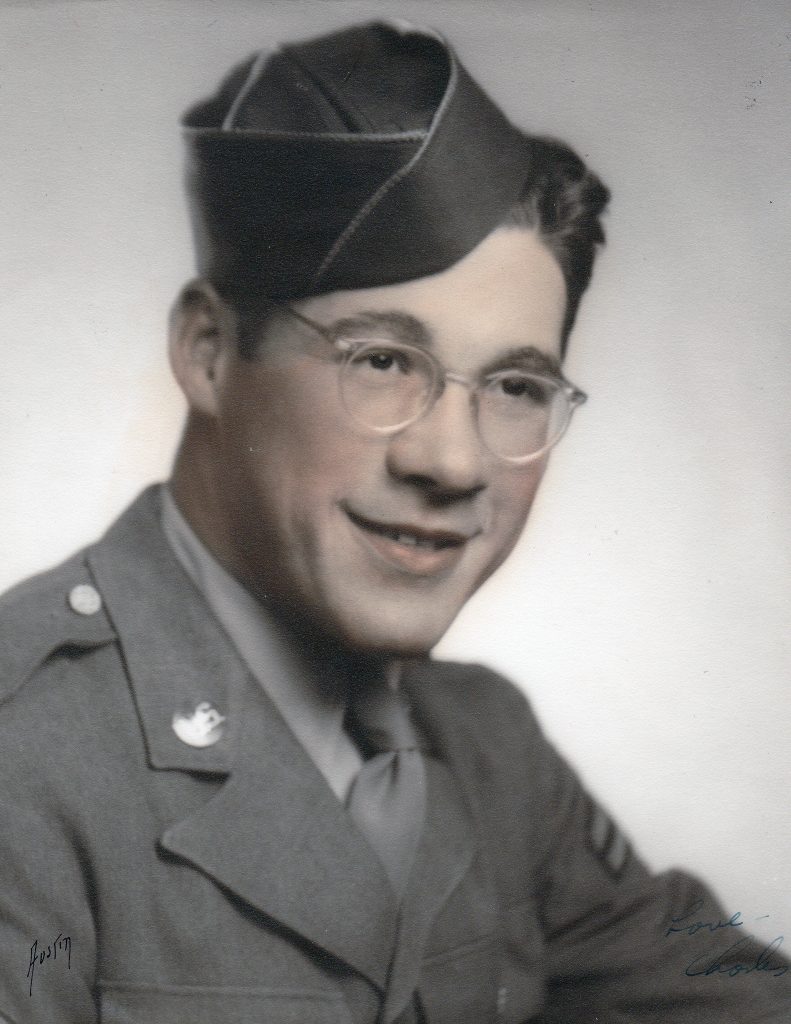
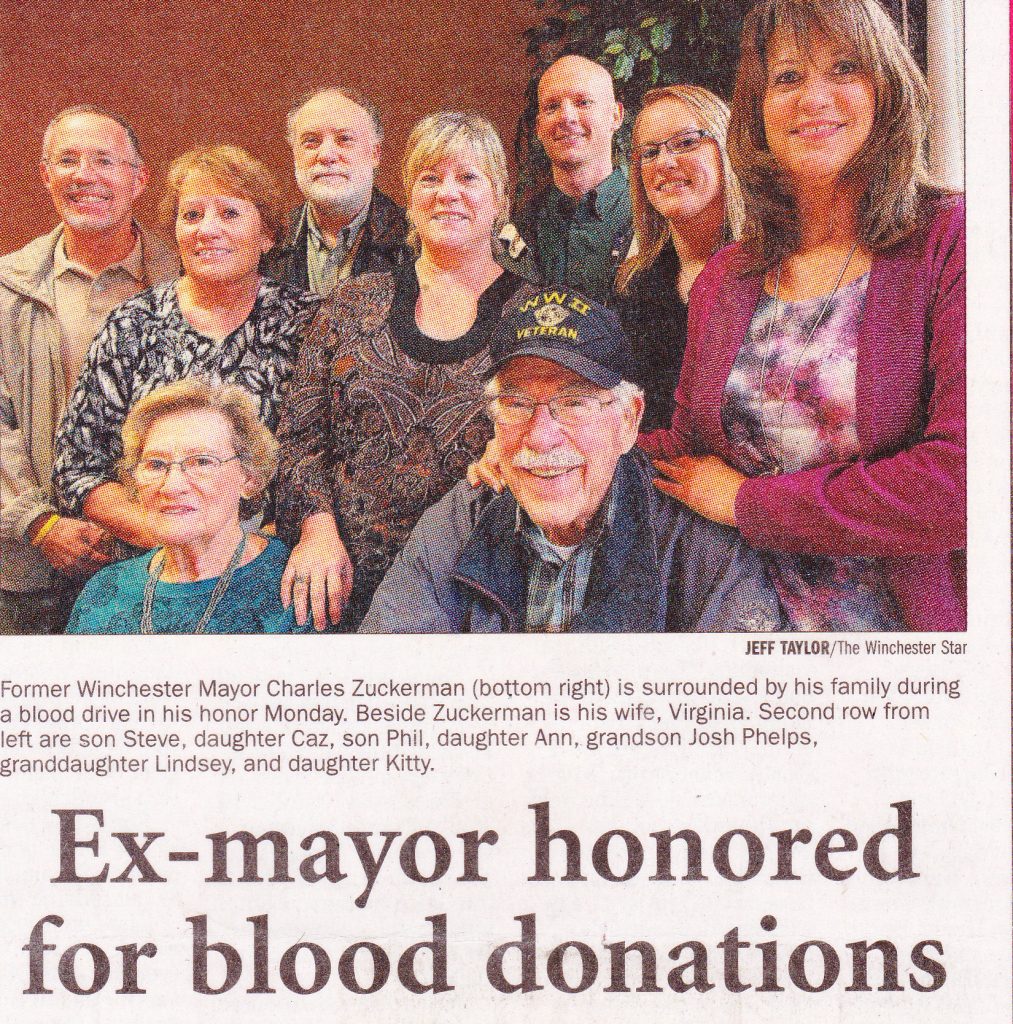
He retired, however, he never stopped.
Charlie was the Post Commander of the American Legion and a board member of the Free Medical Clinic, the Winchester Medical Center, and the Chamber of Commerce. He was a member of the Shenandoah University Board of Trustees. He raised over $100,000 participating in the annual Big Brothers/Big Sisters fundraiser “Walk for Kids’ Sake.”
Charles Zuckerman was named the Chamber of Commerce’s Outstanding Citizen of the Year in 1977.
Charlie always had time for his family. He is remembered for the twinkle in his eye and his sense of humor. He could make people smile all of his life. His was a giving nature always helping friends and family.
“He understood and looked out for everyone. He was a people person. He loved everyone, and everyone loved Charlie,” said former Mayor Elizabeth “Liz” Minor, who served with Zuckerman on City Council beginning in 1980. “He was a wonderful mayor for the city and just a good man.”
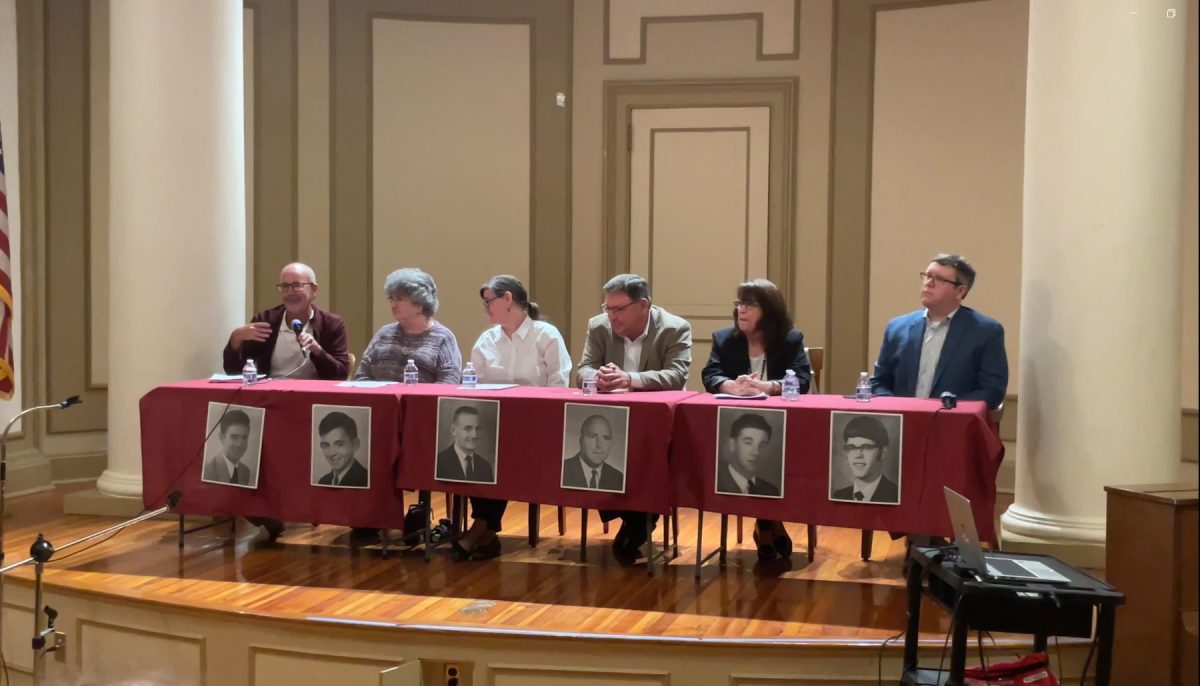
In an early Father’s Day tribute, hear reflections about some of the outstanding men, now deceased, who have been selected as Handley 100th Notables, and the lessons they imparted as dads.
May 27, 1924
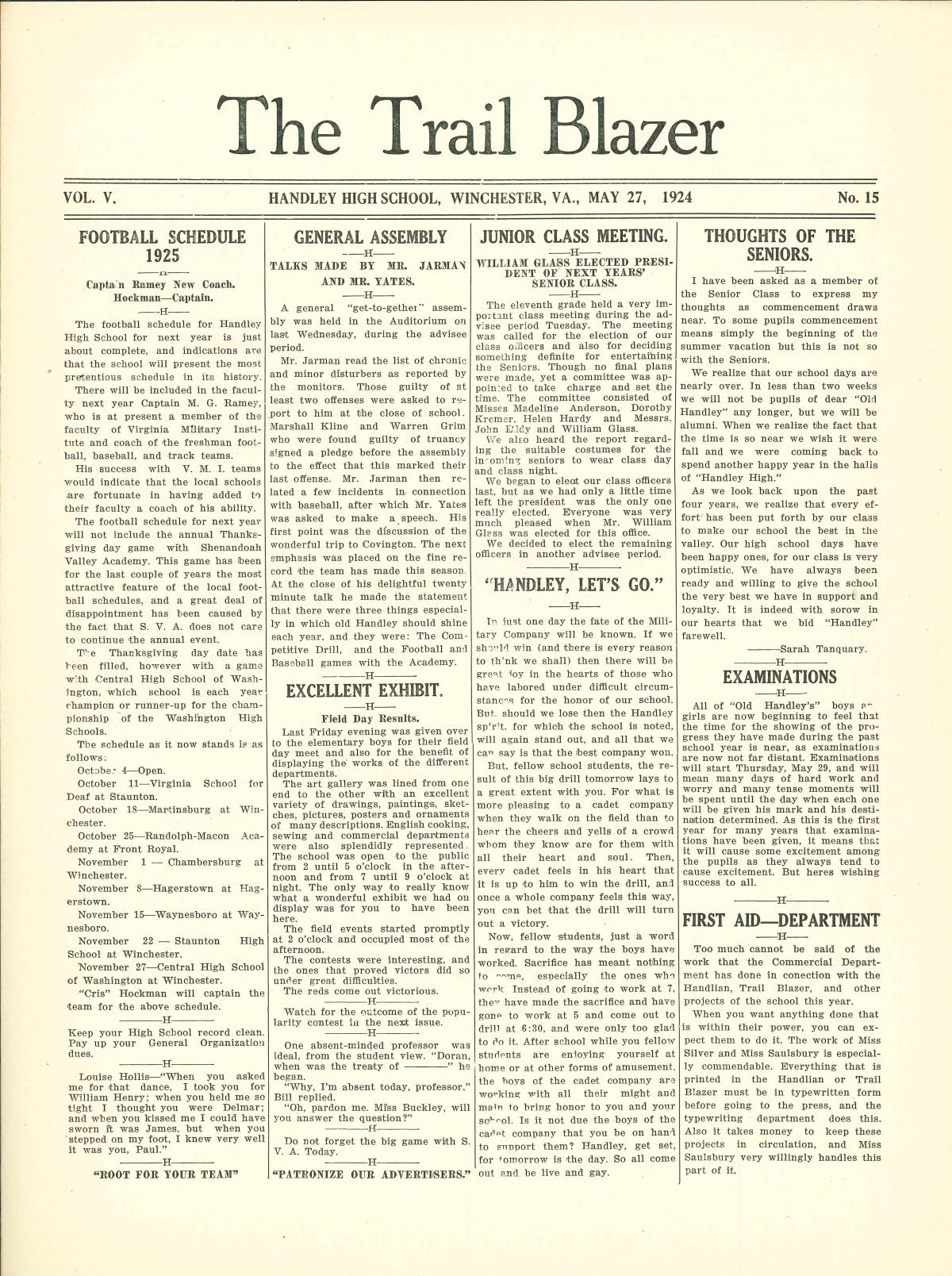
Best if viewed on a desktop computer. Zoom in with your browser.
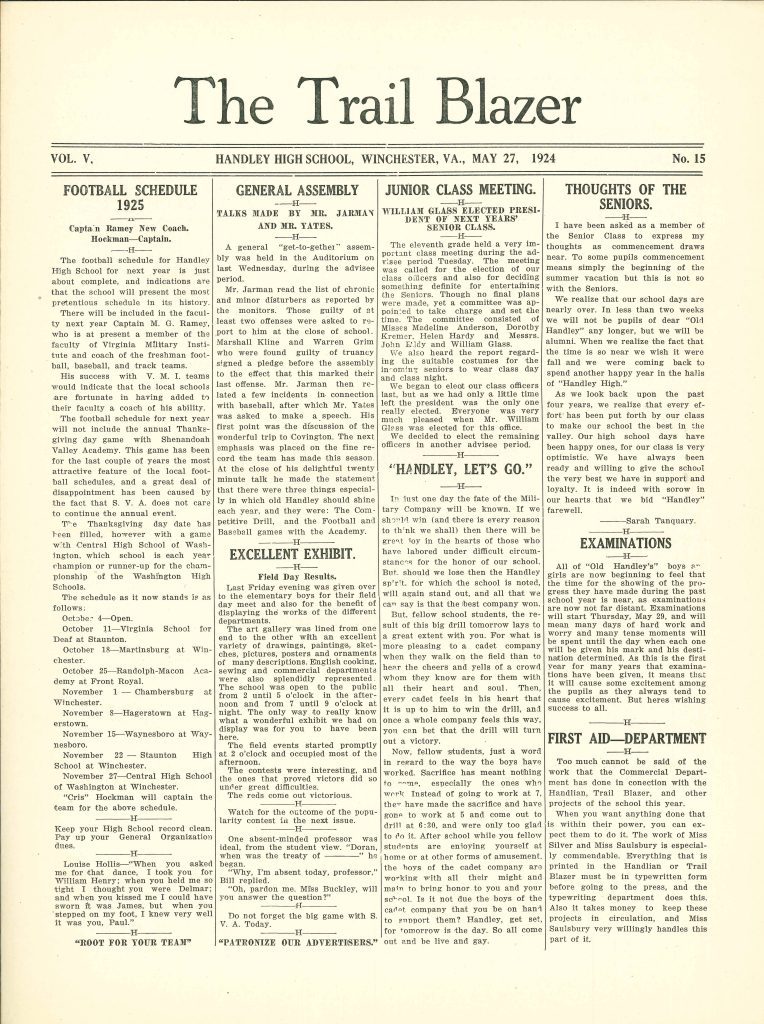
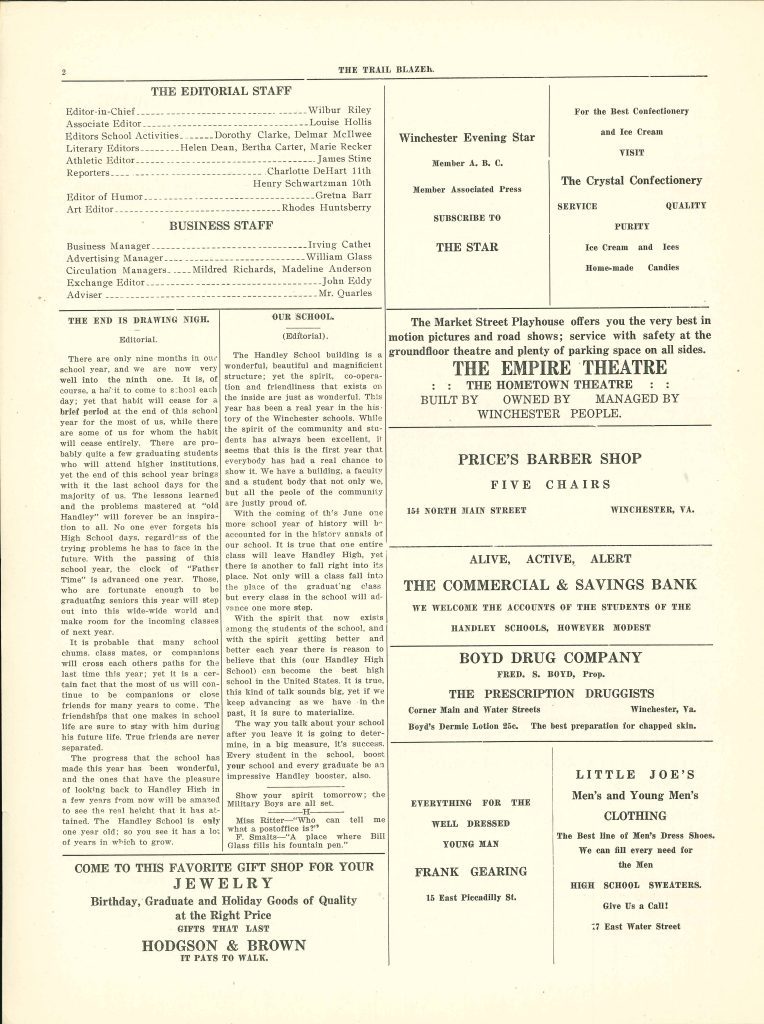
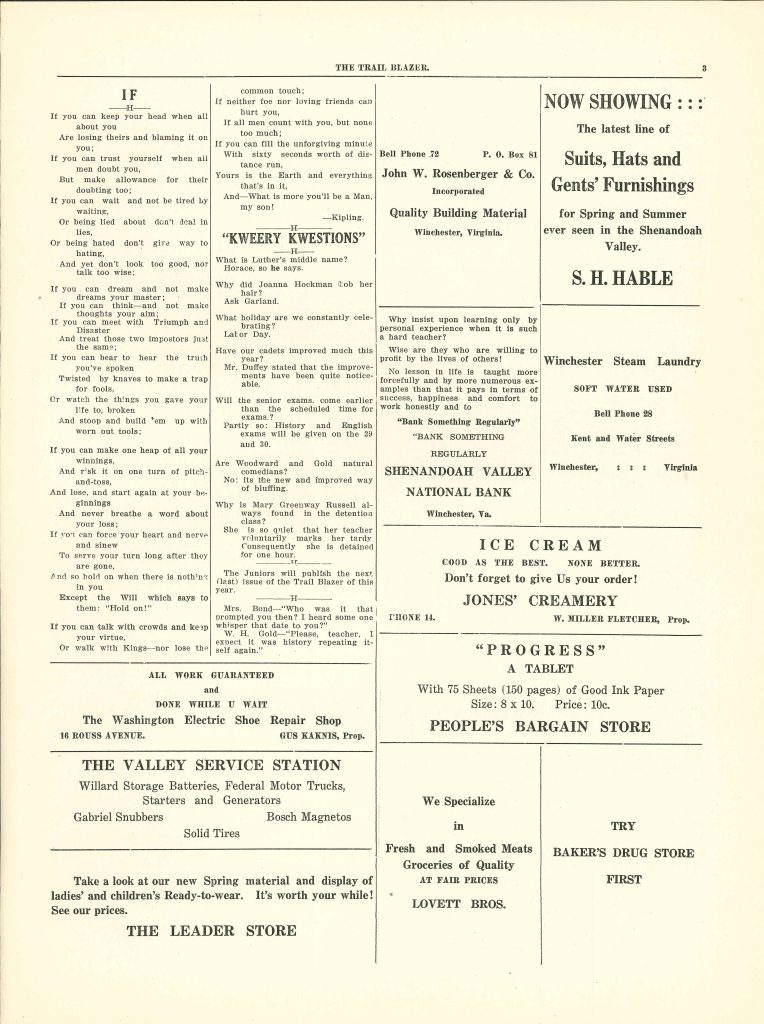
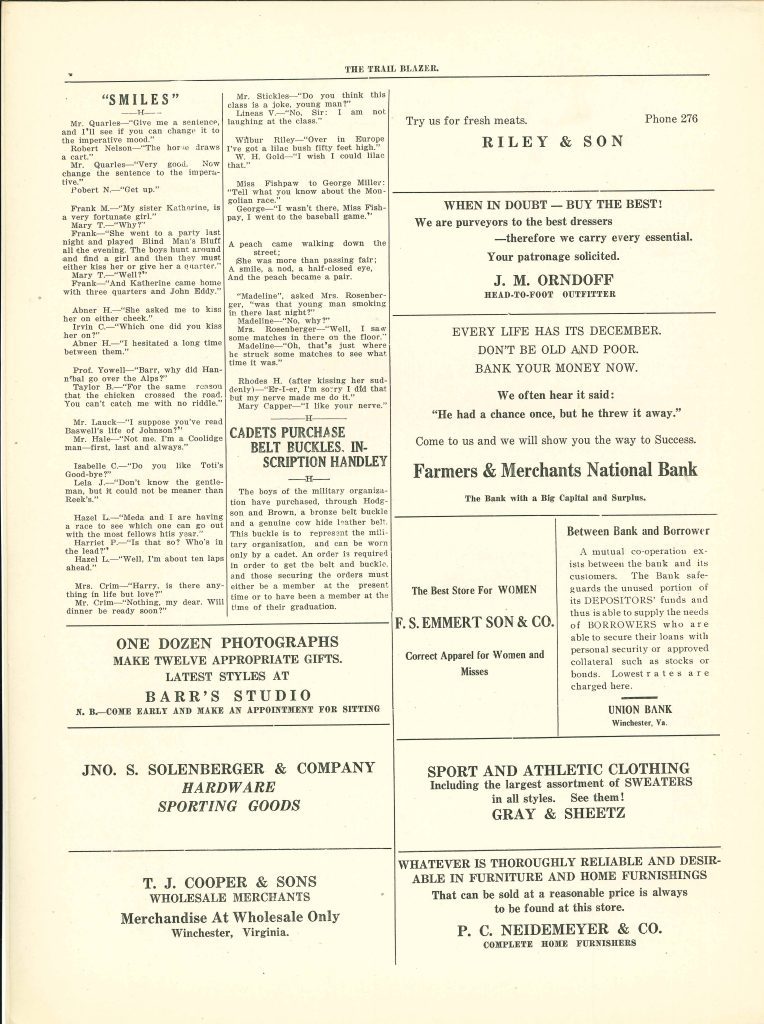
Justice Henry Hudson Whiting ’41
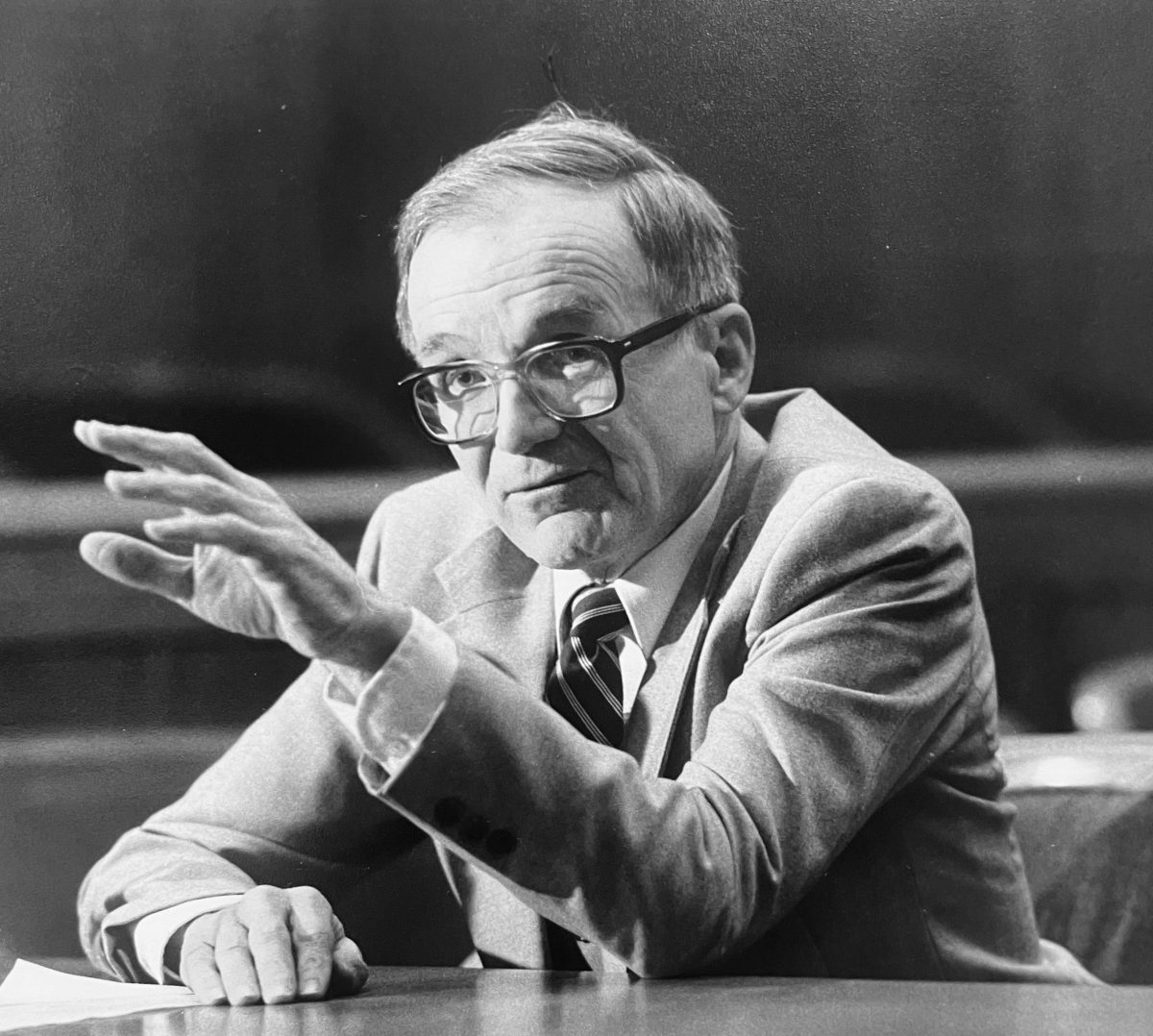
Henry Whiting’s father was a career Army officer who, shortly after Henry’s birth, was assigned to the Army Command and General Staff College at Fort Leavenworth.
At Fort Leavenworth, Major Edgar Whiting’s family shared a duplex housing unit with the family of Major George S. Patton, Jr. The future Lt. General Patton became Henry’s godfather.
Henry was 11 years old when Lt. Colonel Whiting retired and moved his family to Winchester in 1934. Helen Hudson Whiting was widowed in 1938. She raised her 7 sons and 1 daughter with what she described as “wholesome neglect”, keeping them safe but allowing them to learn from their mistakes.
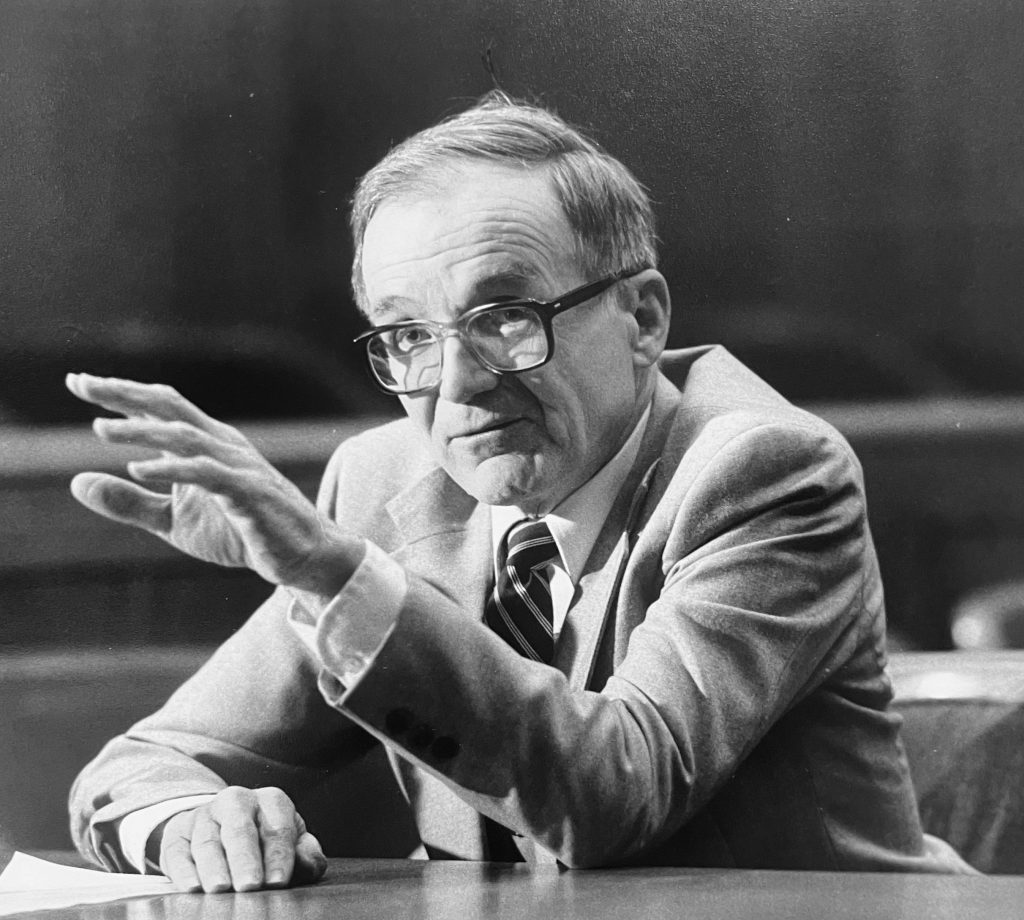
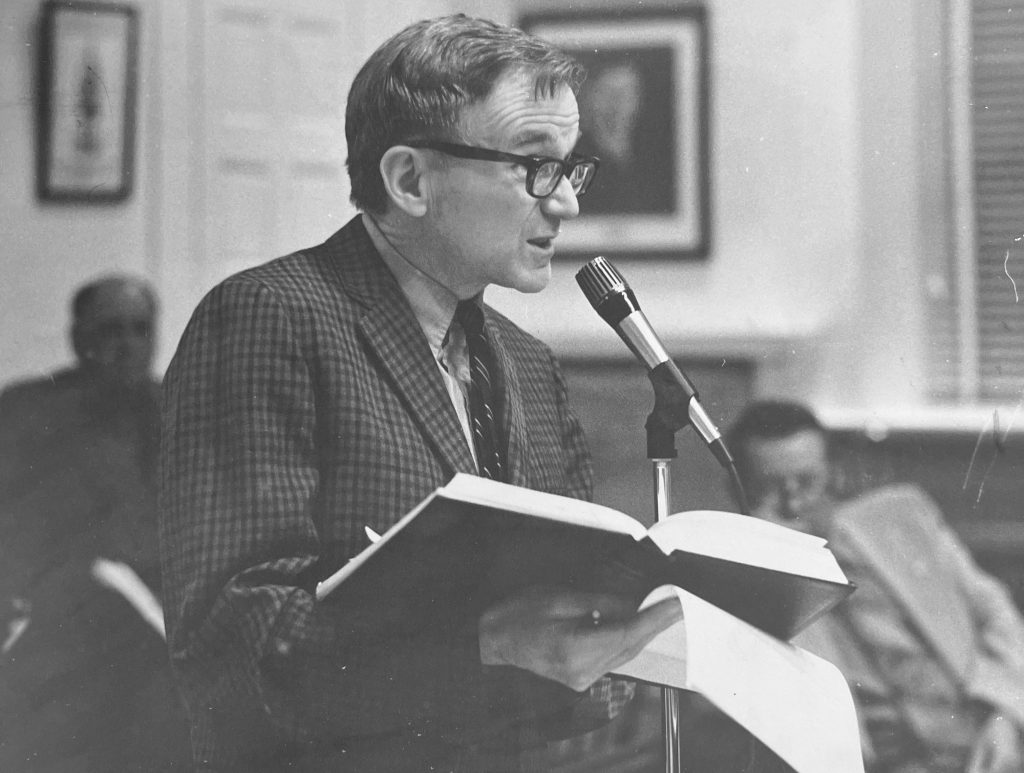
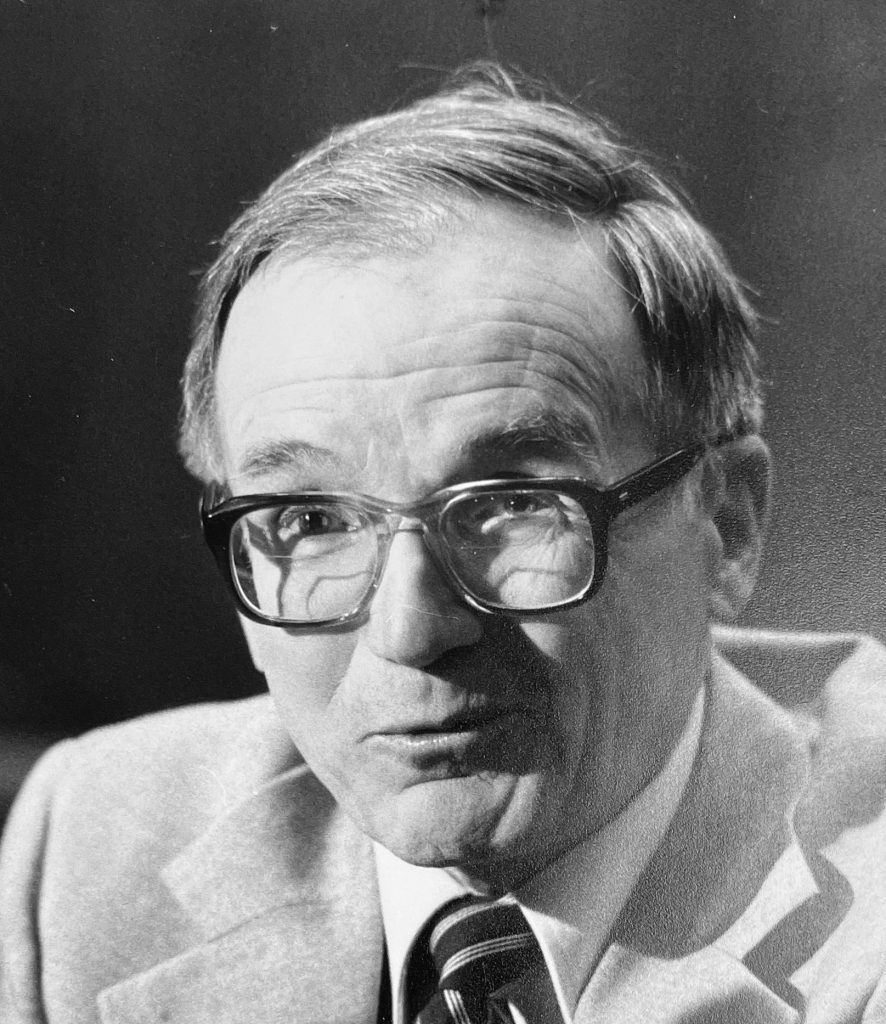
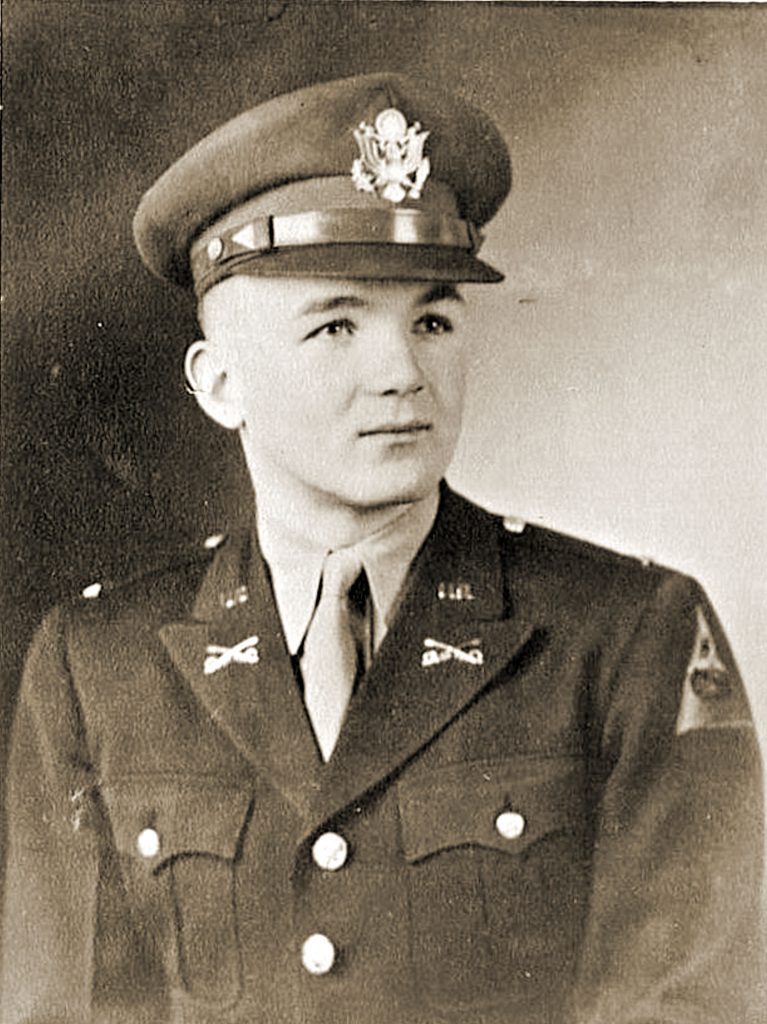
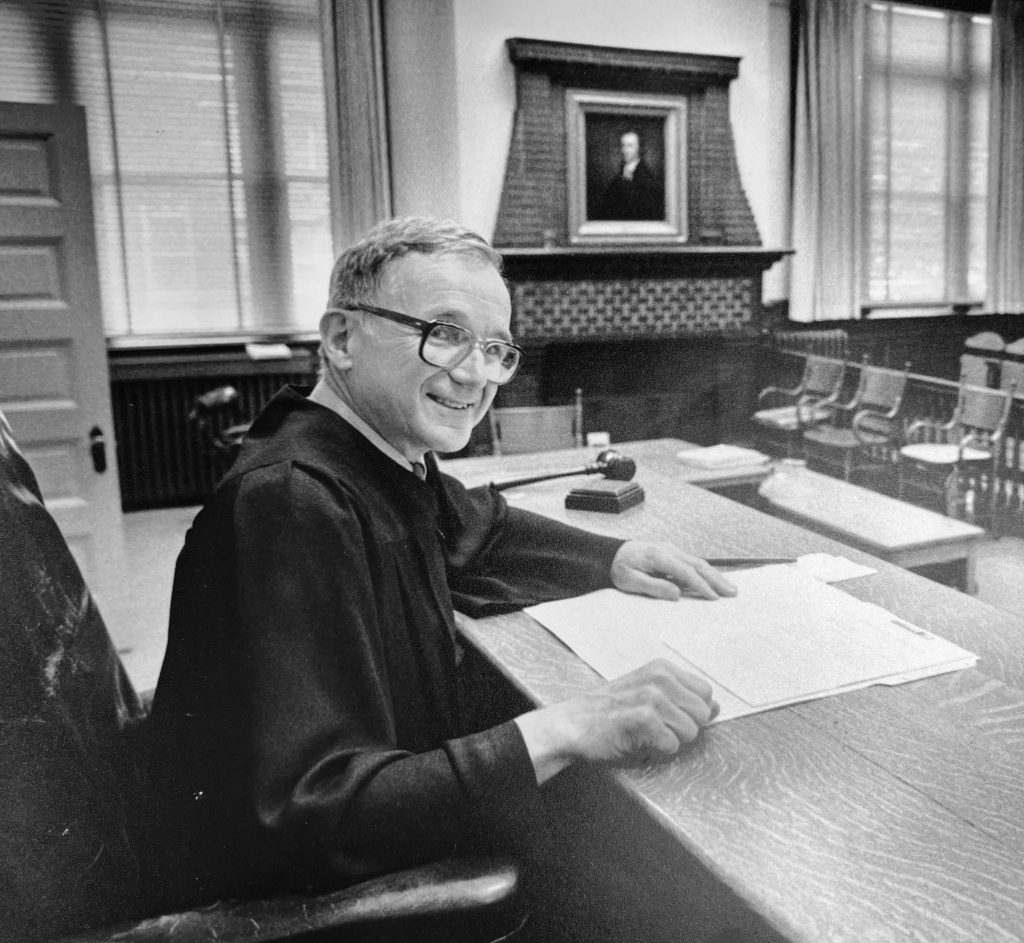
Henry entered the Virginia Polytechnic Institute in 1941. He left college after a year and enlisted in the U.S. Army. He deployed to Europe in late 1944 as a First Lieutenant in charge of a reconnaissance platoon and briefly served as an observer on the staff of General Patton. He served with the Army of Occupation in Europe until May 1946 and was discharged with the rank of Captain.
Upon leaving the Army, he entered the University of Virginia and graduated with distinction from the law school in 1949. He returned to Winchester and entered into the practice of law with J. Sloan Kuykendall. When Lewis Costello joined them, Kuykendall, Whiting and Costello became the largest law firm in Winchester.
Henry was a founding member of Concern Hotline in 1970. He was active in the organization until he was appointed to the circuit court in 1980.
After 31 years in private practice, Henry Whiting was appointed to the 26th Judicial Circuit of Virginia. In April 1987, he was elected by the Virginia Legislature to serve on the Supreme Court of Virginia. He was the first member of the Court from the Winchester-Frederick County area in over 100 years.
Justice Whiting was known for his optimism and his strong religious views. In a 1997 interview published in the Winchester Star he stated, “I see all of us as creatures of God. All criminals are just as dear to God as I am or as anybody is. Maybe God is disappointed in him, but he is still a child of God. The problem is judges still have to do something with this child in the imperfect world in which we live.”
“I see each defendant as a human being entitled to be treated as one, with respect, but with the requirement that he be held responsible for his or her actions.”
Justice Whiting served on the Supreme Court until he stepped down to semi-retired status in 1995. He continued to serve the Court actively in his Senior Justice capacity until he retired in 2002. To honor his service, the Supreme Court of Virginia convened a special session in Winchester, its first ever there, on July 17, 2002.
Following the special session, Judge John E. Wetsel, Jr. stated, “Before he became a judge, Henry was widely known and highly respected as a lawyer because of his high intelligence, integrity, professional acumen, intellectual curiosity, boundless energy and unsurpassed diligence.”
“All head and no heart make for a bad judge, and Henry is blessed with a with a pleasant personality and personal sense of compassion which made him a caring and insightful jurist.”
James R. Wilkins, Jr. ’63
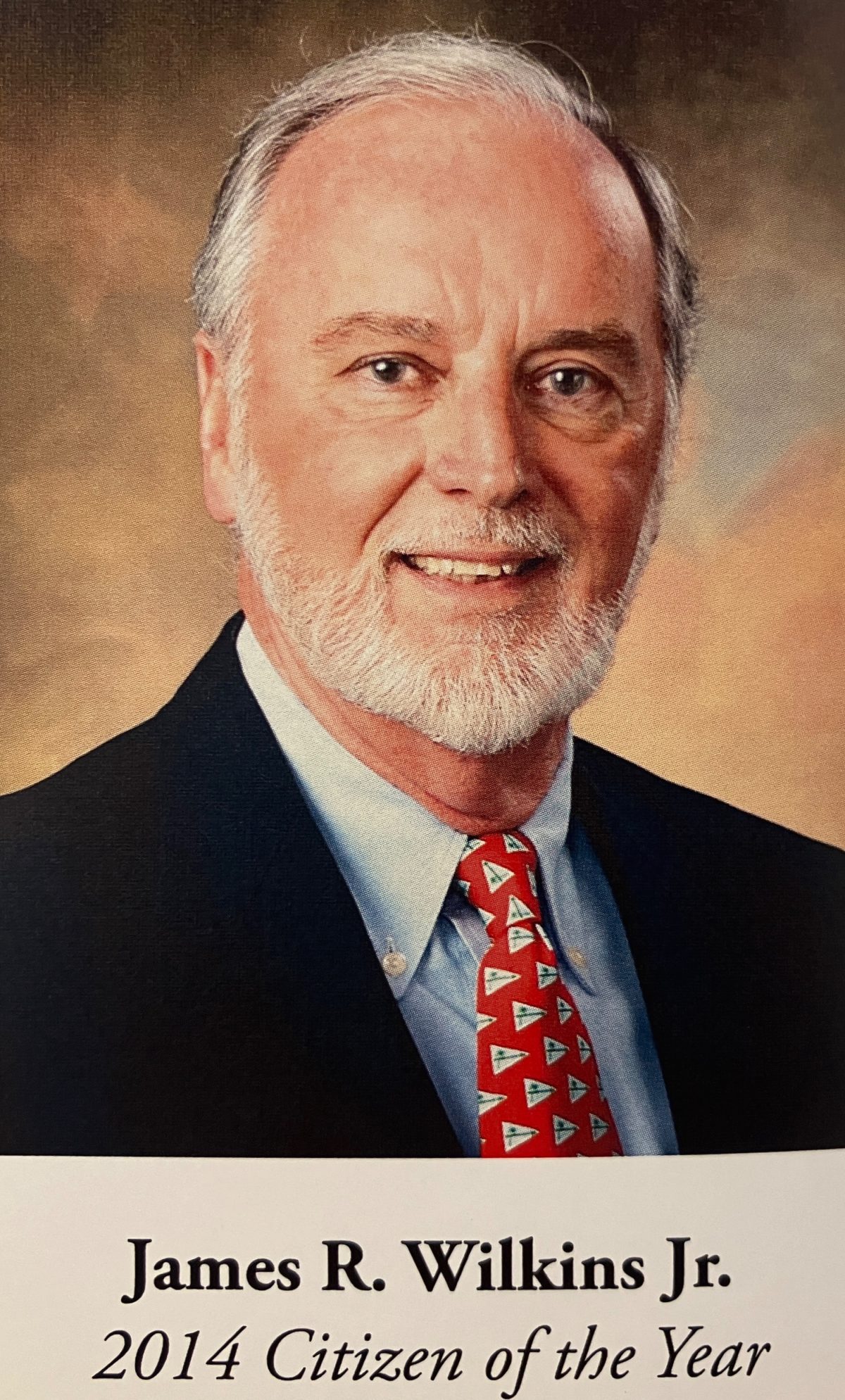
Jimmy Wilkins has made a difference at John Handley High School, in the Winchester community, and in the world.
He was born at Bolling Army Air Field near the end of World War II. His family moved to the Winchester area after his father’s discharge and Jim Wilkins, Sr. opened Wilkins ShoeCenter on Loudoun Street in 1947.
Jimmy attended Handley from 4th through 12th grade. He excelled in high school and was a team leader in football, basketball, and track. He earned All-State honors in three sports, a feat matched at Handley only by Lang Campbell in 2000.
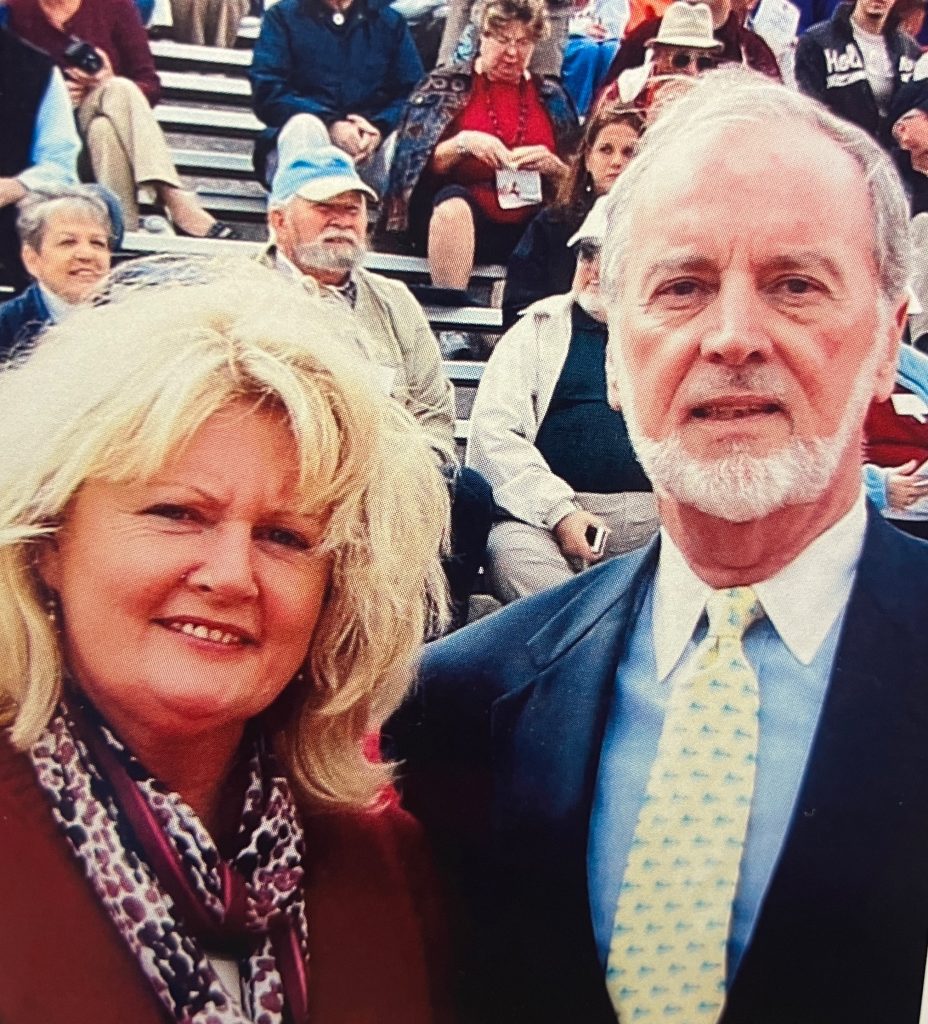
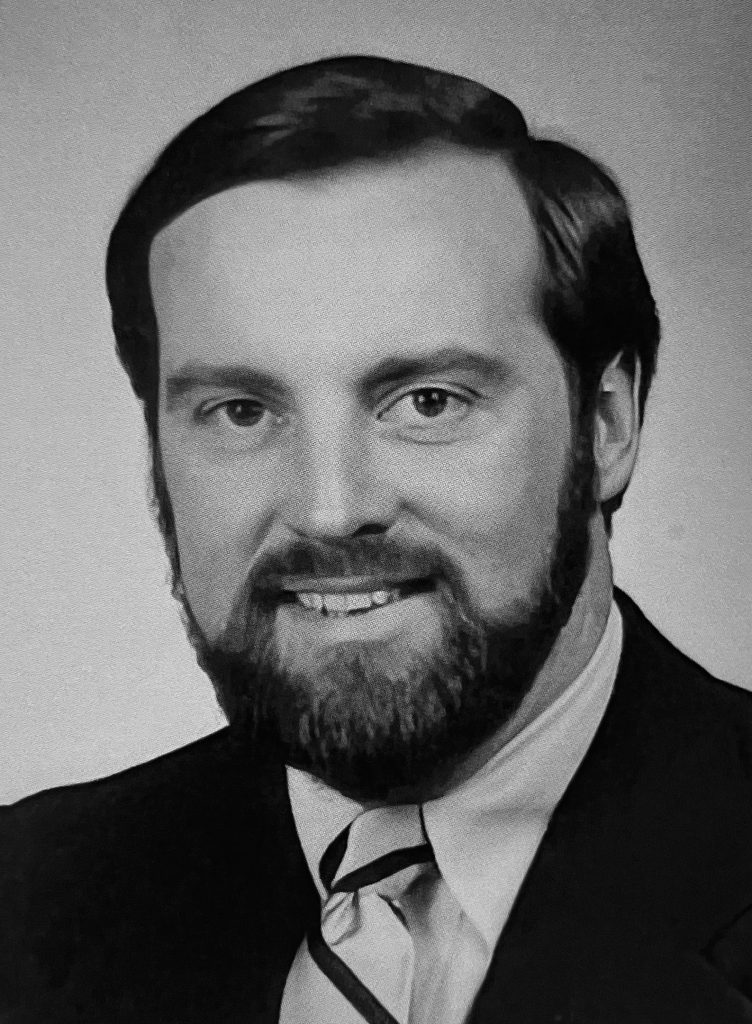
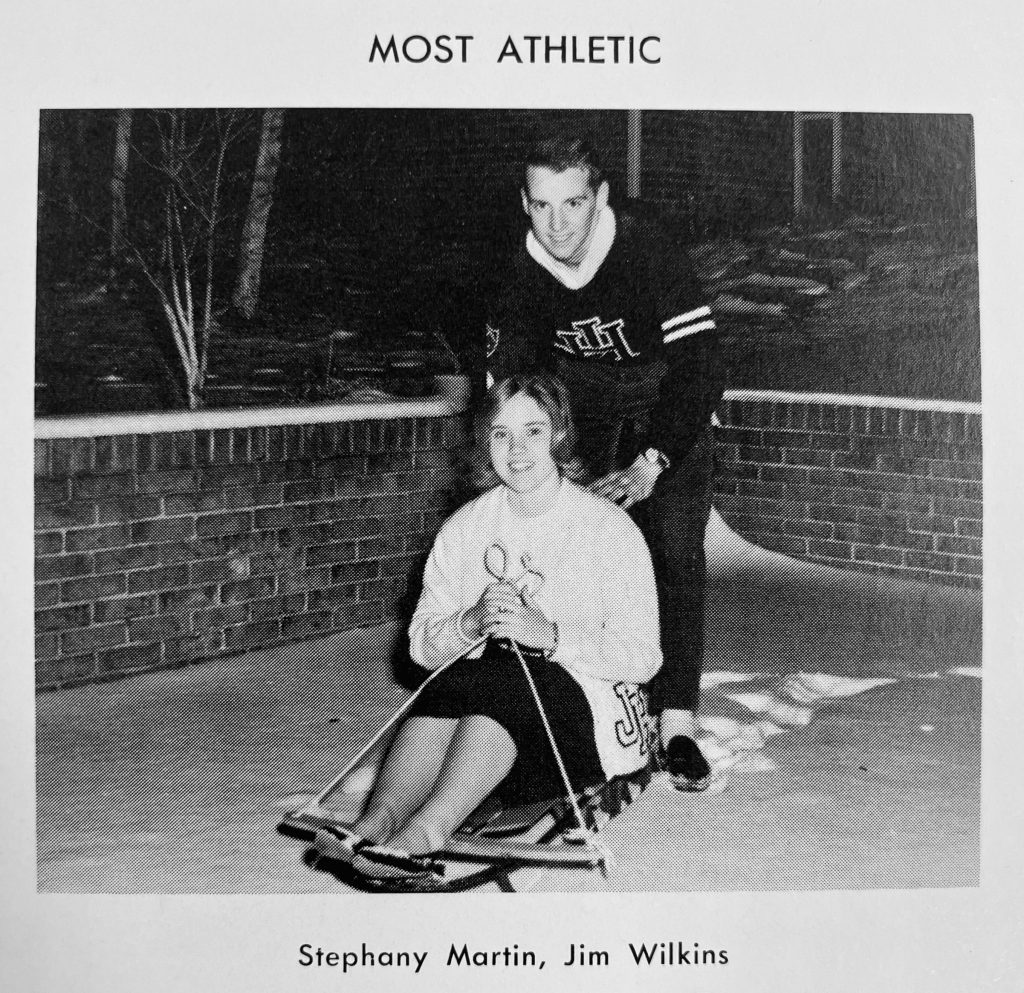
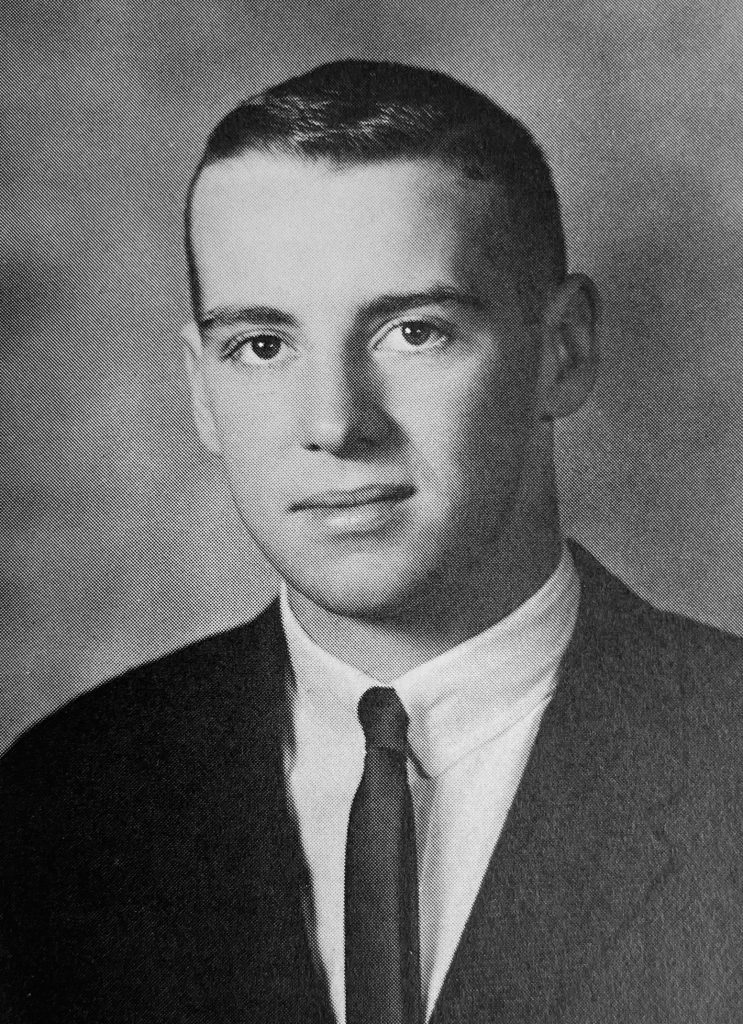
He attended Randolph Macon College where he was captain of the track and cross country teams before graduating from the University of Maryland in 1967. He returned to Winchester to work in the family businesses, Wilkins ShoeCenter and the Wilkins Development Corporation.
Jimmy was President of the Winchester-Frederick County Chamber of Commerce and President of the Shenandoah Apple Blossom Festival. He served seven years on the Winchester City Council.
He was appointed to the Shenandoah University Board of Trustees in 1980. He chaired the university’s $25 M capital fund drive for its athletic and event center.
His vision and financial support led to the naming of the center in his honor 2017.
He was a member of the Winchester Medical Center Board of Directors for 31 years during which time he guided the growth of the center as it moved from Stewart Street to Amherst Street. He co-chaired the $10 M campaign to build a cancer center at WMC.
He was named Vice President of the Handley Board of Trustees in 1989.
Jimmy has been a director of the Winchester Equipment Company, the Shenandoah Valley Battlefield Foundation Board of Trustees, the Bank of Clarke County Foundation, the Salvation Army, Little League Football, the Judges Athletic Association, and the Virginia Retail Merchants Association.
He continues to lead his family’s foundation that donates to numerous charities and organizations in the local area each year.
With a strong interest in the outdoors, Jimmy was the Frederick County Tree Farmer of the Year in 1987 and the American Tree Farming System’s Virginia Tree Farmer of the Year 1998. He was named to the Virginia Wild Turkey Federation Conservationist Hall of Fame in 2001.
In 2005, the Virginia Retail Merchants Association named him Virginia Retailer of the Year. He was named the Top of Virginia Chamber of Commerce Citizen of the Year in 2014.
James R. Wilkins, Jr. received the John Handley High School “Medal of Honor” for his support of the school system in 2006. In 2009, the football stadium was named for him in recognition of his $1 M contribution toward the school’s renovation.
Handley 100th Gala
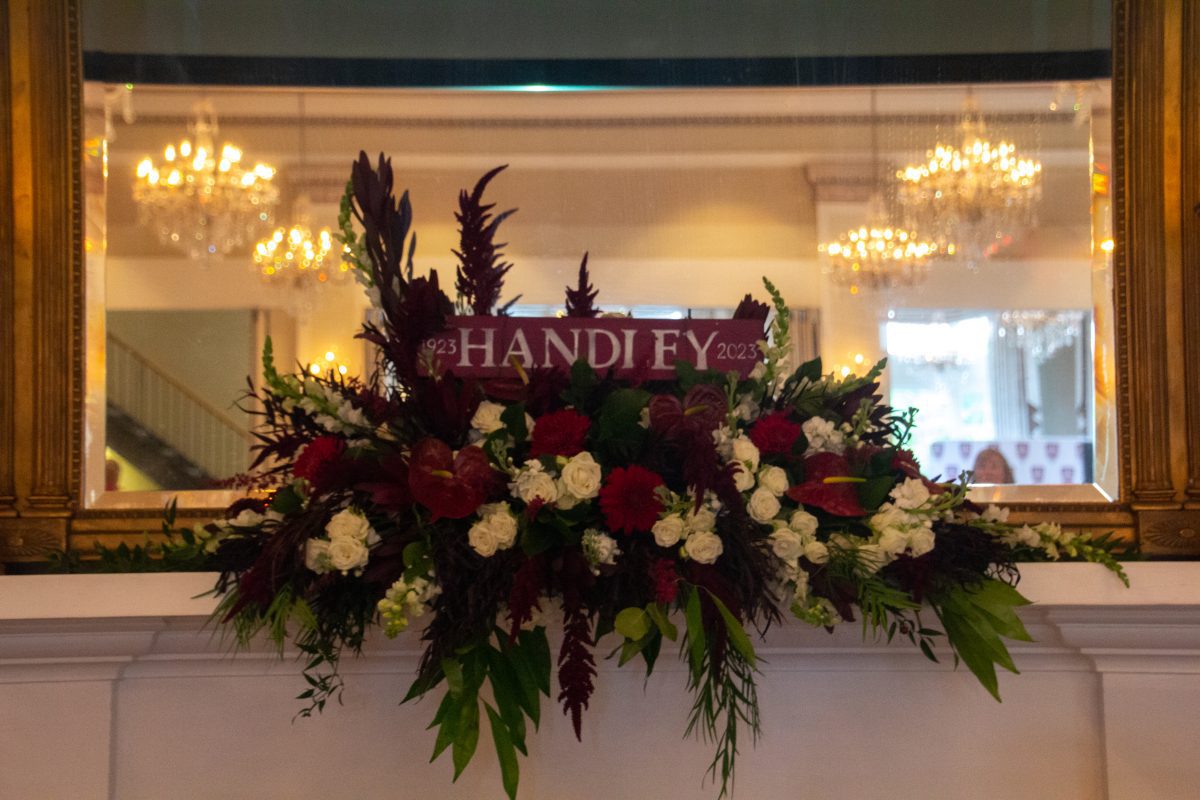
May 20, 1924
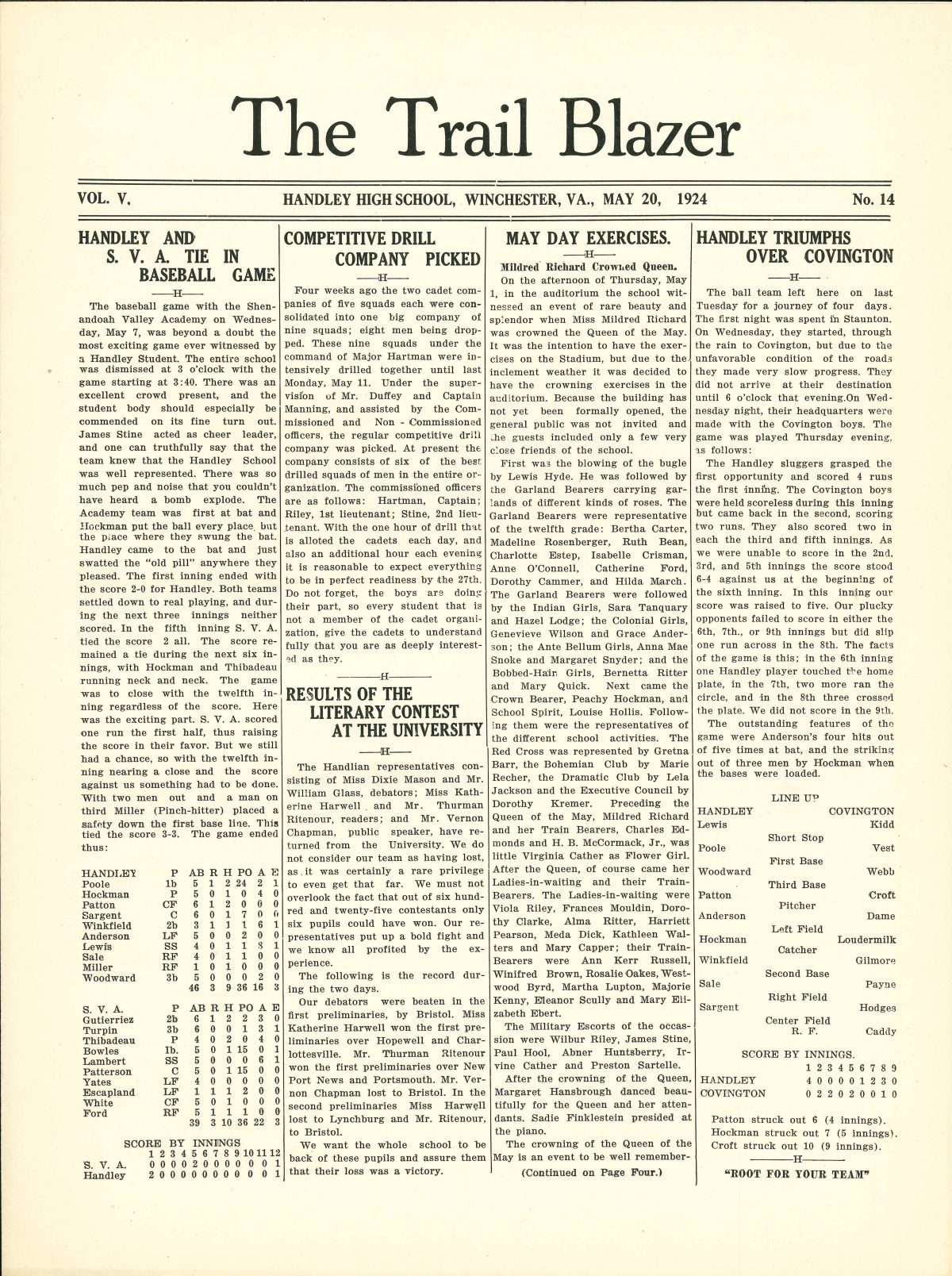
Best if viewed on a desktop computer. Zoom in with your browser.
